ENGLEWOOD, Colo. --As he did so many times in 18 NFL seasons and a football life before that, Peyton Manning flipped the script.
The video played at Monday's press conference, the card signed by team staff members, the social-media hashtags ... all of it, right up through the speeches from Joe Ellis, John Elway and Gary Kubiak, was about saying, "Thank you, Peyton."
Then, for the next 29 minutes and 53 seconds, Manning took the lectern in the Broncos' team meeting room and turned the thank yous in the opposite direction.

It was appropriate. No one has experienced a football life like Manning, and perhaps no one has had a life in the sport more blessed than No. 18.
It truly has been a football life, from his March 24, 1976 birth in New Orleans, a city mad with love for the sport, until a farewell filled with hugs, a few tears, trembling voices and deep appreciation for the factors that made an extraordinary experience in the sport possible.
As he announced his retirement and answered questions, he spent his time at the lectern thanking everyone he could think of who crossed his football path, from Isidore Newman School in uptown New Orleans to his final playing destination in Denver and every stop in between. He was particularly "grateful" to the Broncos for giving him a shot in 2012 when there were questions as to whether he could summon up the strength and velocity to throw as he once did -- questions he would answer resoundingly by playing the best football of his life.
Every pro head coach of his got a shout-out -- as did plenty of opposing coaches, too. Myriad teammates and foes were the subject of warm gratitude and fond stories. To the fans, he gave some of his deepest appreciation -- yes, even to those Patriots fans who wanted nothing more than to make his playing days miserable ... and quite often did in 13 games played at stadiums in Foxborough, Mass.
"Fans are at the core of what makes this game remarkable," Manning said. "I've received more letters from you than I can count -- fan letters that have touched me, made me think, laugh and moved me to act."
But most profoundly, Manning was thankful to the game itself that made possible a life in a sport that was unlike any other to come before it.
"I've learned a lot from my mistakes, stumbles and losses in football," he said. "I've also learned this game is a mighty platform which has given me a voice that can echo well beyond the game.
"Football has taught me not to be led by obstructions and setbacks, but instead to be led by dreams," he continued, his voice quivering. "Due to some good genes, I'm smart enough to know that those lessons can enrich who I am and where I go from here."
He doesn't yet know where that is, but his preparation for it is built on 18 years spent re-defining the degree to which a quarterback could prepare for his job and his game.
"I'm totally convinced that the end of my football career is just the beginning of something I haven't even discovered yet," he said. "Life is not shrinking for me; it's morphing into a whole new world of possibilities. Pundits will speculate that my effort and drive over the past 18 years were about mastering and working to master every aspect of NFL games.
"But don't believe them.
"Because every moment, every drop of sweat, every bleary-eyed night of preparation, every note I took and every frame of film I watched was about one thing: reverence for this game."
There were so many ways that respect manifested itself: his unparalleled preparation, his profound respect for the people who came before him, his willingness to share knowledge with the players that will follow.
Of course, no one had been quite as prepared for the NFL as Manning.

He was born into a football household; he got to watch his father, Archie, play the last eight seasons of a 14-year career with the Saints, Oilers and Vikings before retiring just before the 1985 season.
When the 1980 Saints season went south in a 1-15 disaster that claimed head coach Dick Nolan and gave birth to the paper-bag-on-head method of fan protest, Peyton and Cooper Manning were four and six years old, respectively. Their father was the quarterback, but they were young, frustrated fans learning the game. Of course, they didn't wear the bags. But as Archie recalled, they did ask if they could boo.
Peyton Manning's appreciation of the game would evolve from there, of course. He was old enough to have vivid memories of his father, right up until the end of his playing career in Minnesota. Archie stayed close to the Saints as radio color analyst and local TV pundit, which meant that Peyton was around the Saints, too, when his future first NFL head coach, Jim Mora, was in charge.
That gave teenaged Peyton Manning a chance that no other young man could have envisioned: to throw passes against a first-team NFL defense.
"He took one-on-one and seven-on-seven a little bit, but one day out of the blue, Jim Mora, in team work, said, 'Get in there,'" Archie Manning remembered.
Look back at every touchdown Peyton Manning threw in a Broncos uniform as he became the NFL's all-time leader in passing touchdowns.
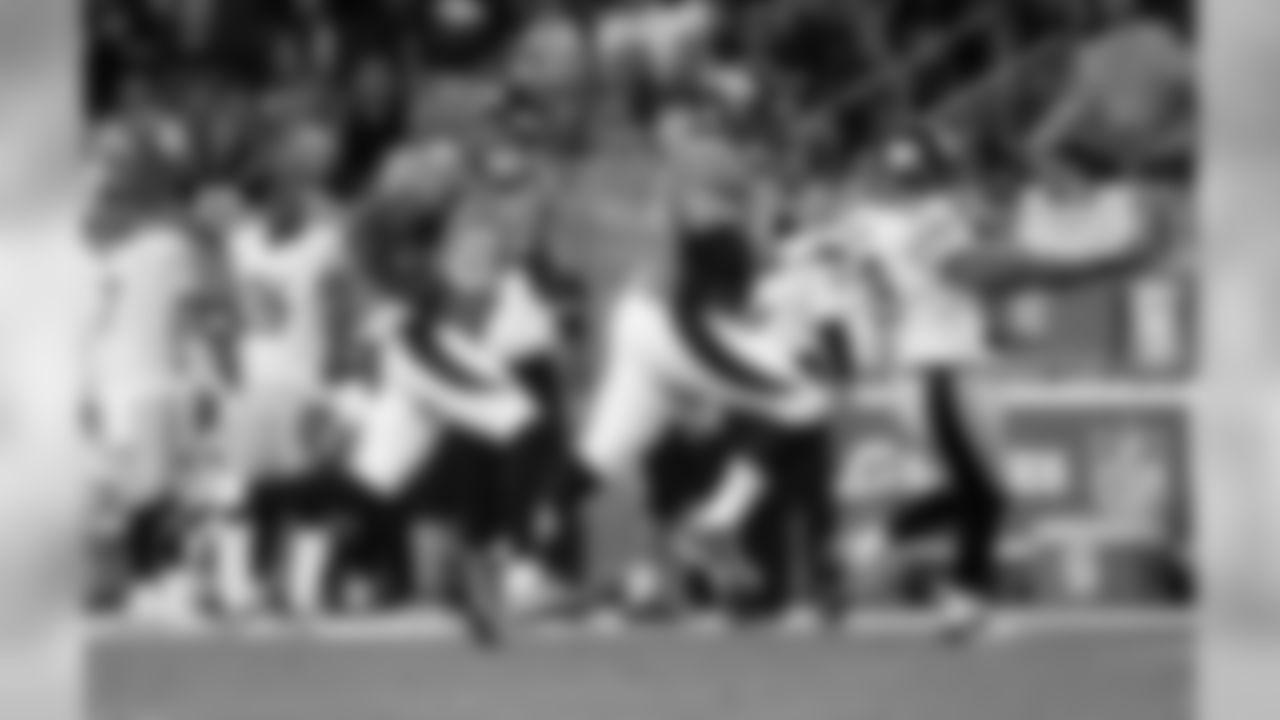
Sept. 9, 2012: W 31-19 vs. Pittsburgh
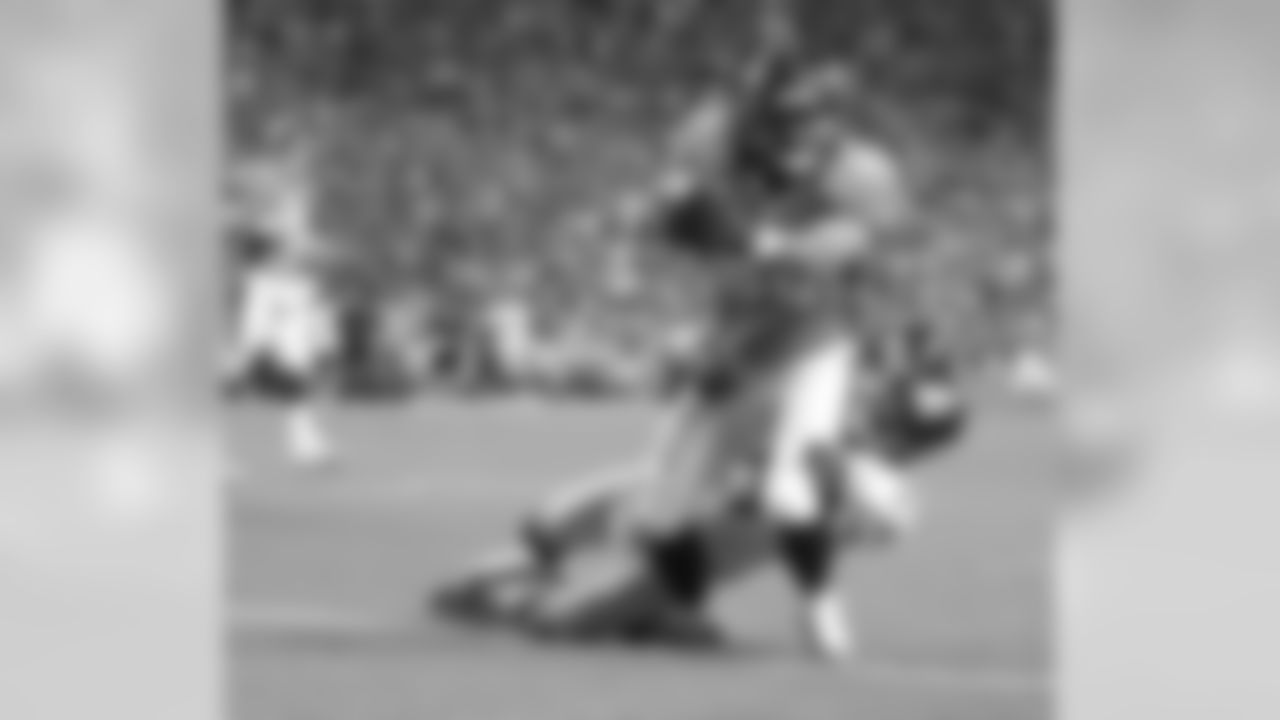
Sept. 9, 2012: W 31-19 vs. Pittsburgh

Sept. 17, 2012: L 27-21 vs. Atlanta
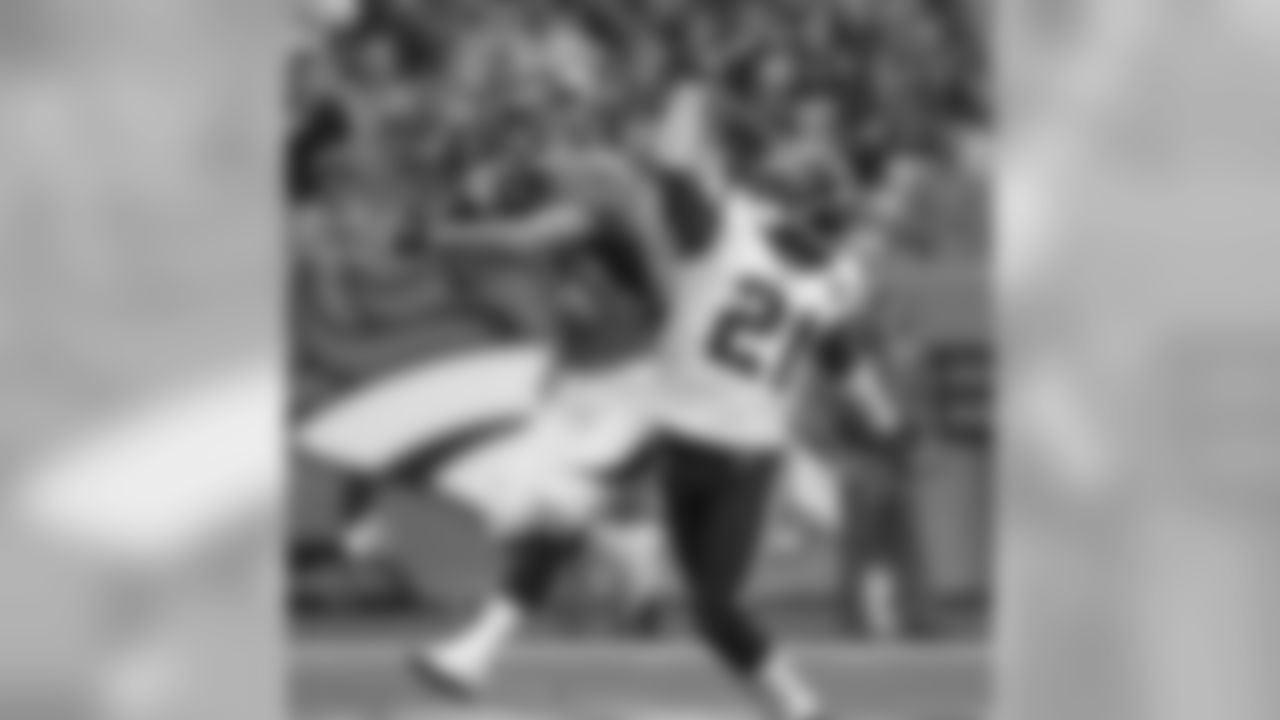
Sept. 23, 2012: L 31-25 vs. Houston

Sept. 23, 2012: L 31-25 vs. Houston
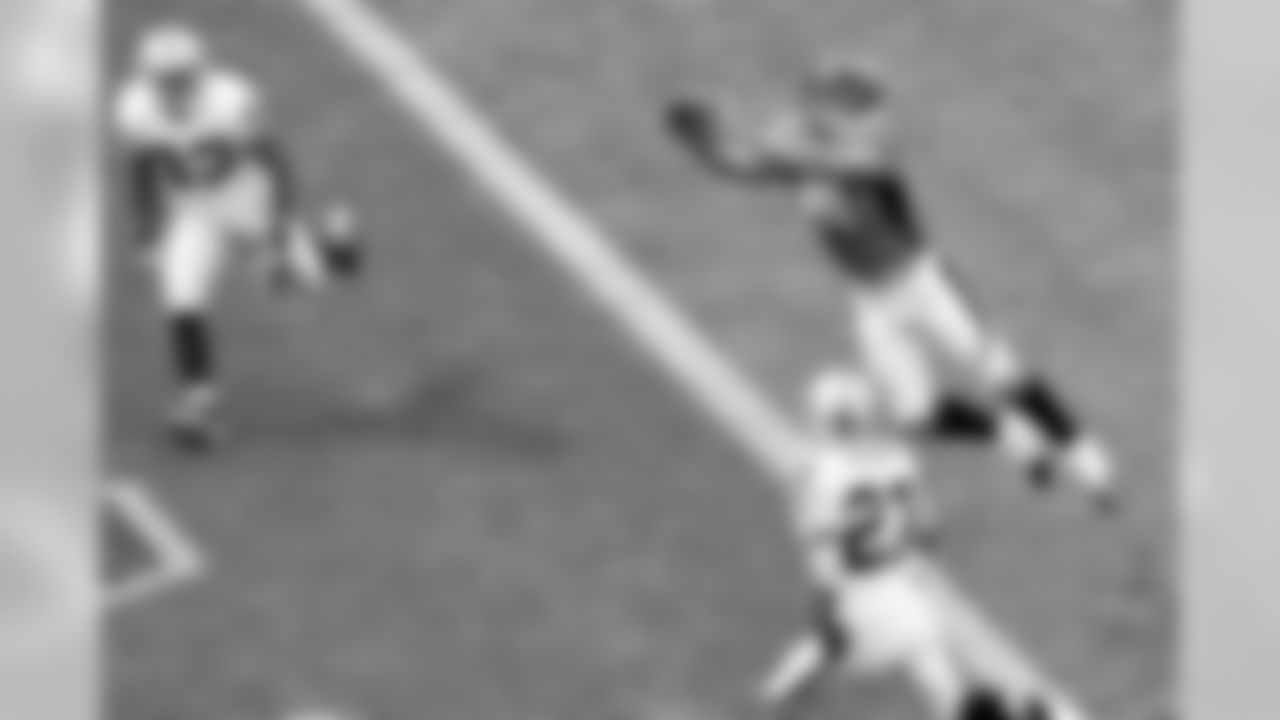
Sept. 30, 2012: W 37-6 vs. Oakland
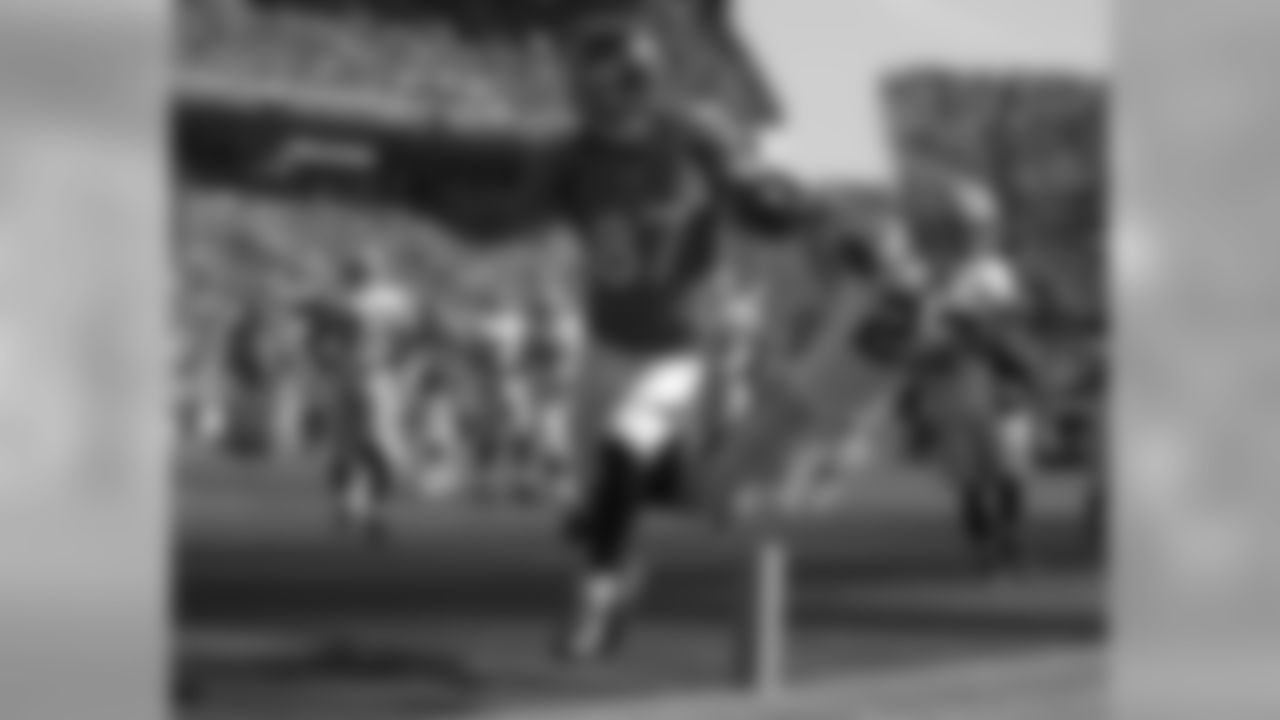
Sept. 30, 2012: W 37-6 vs. Oakland

Sept. 30, 2012: W 37-6 vs. Oakland
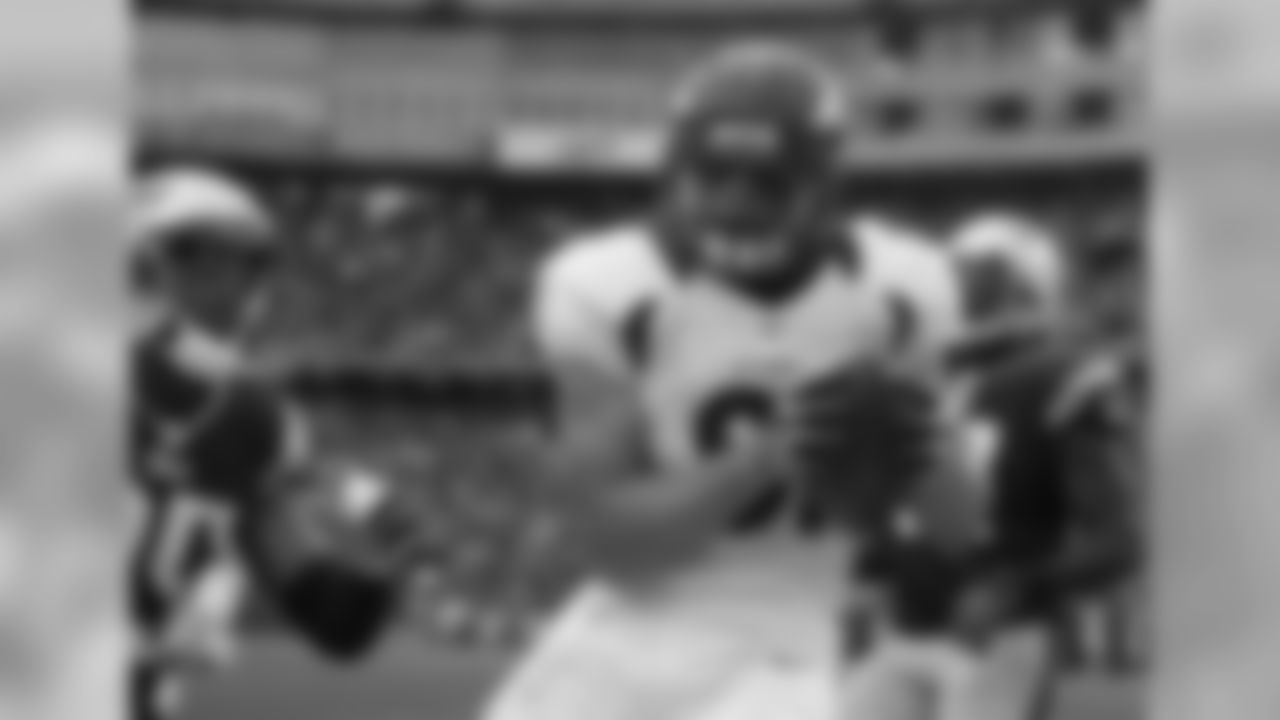
Oct. 7, 2012: L 31-21 vs. New England

Oct. 7, 2012: L 31-21 vs. New England
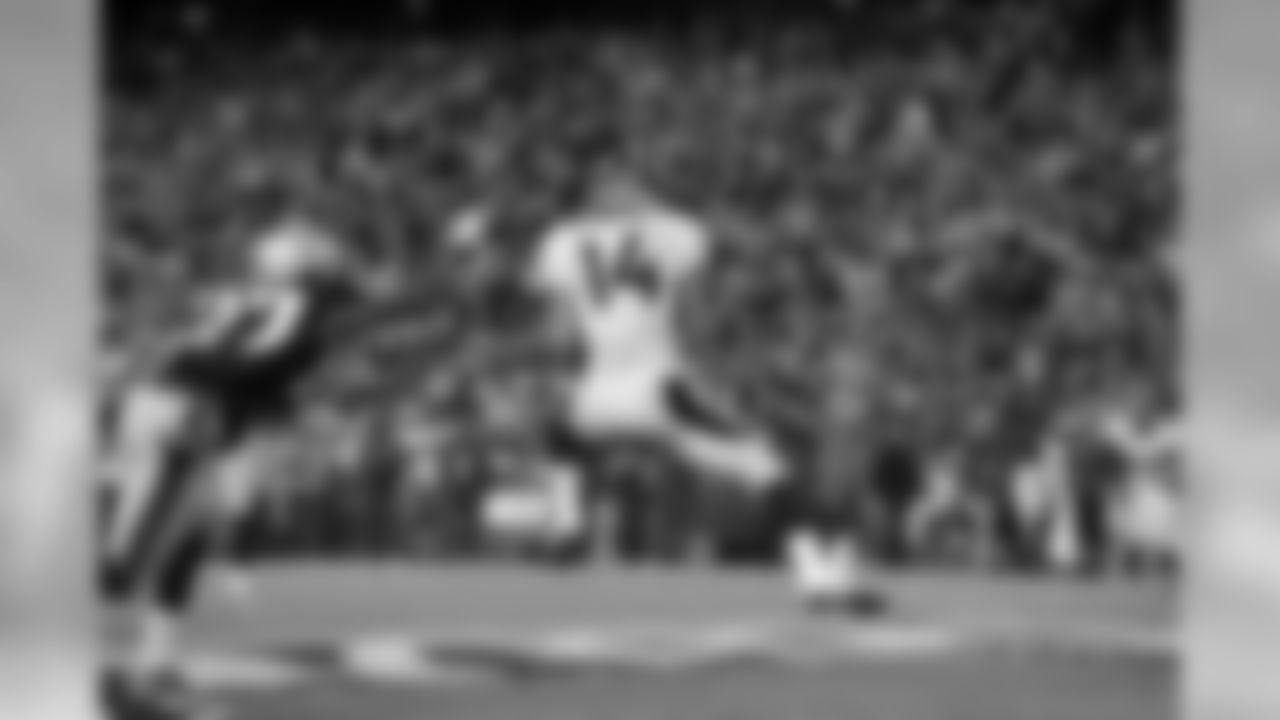
Oct. 7, 2012: L 31-21 vs. New England
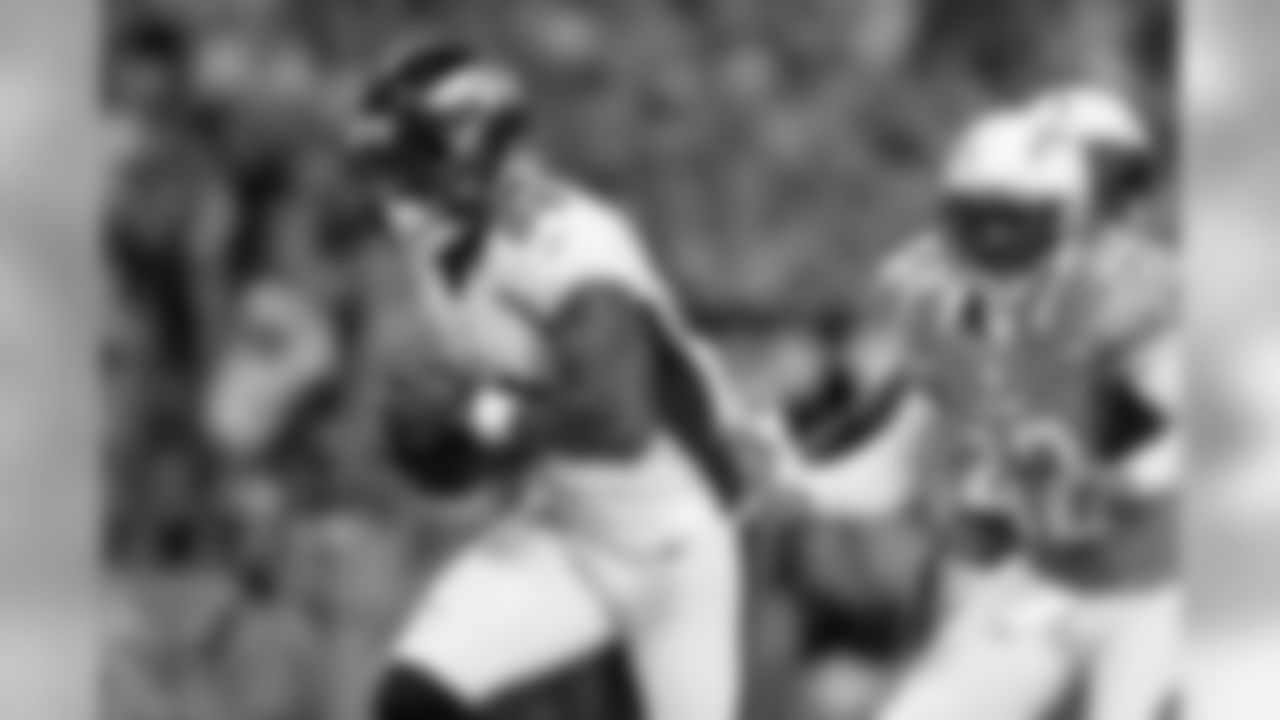
Oct. 15, 2012: W 35-24 vs. San Diego
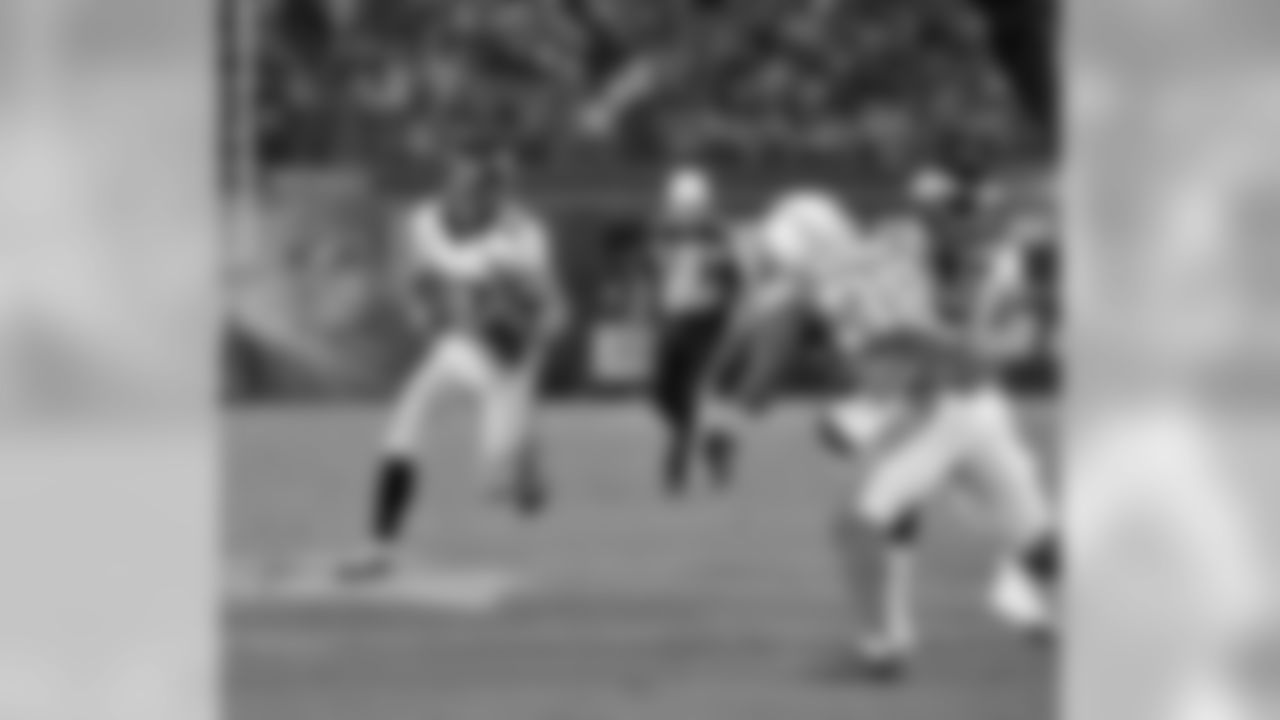
Oct. 15, 2012: W 35-24 vs. San Diego
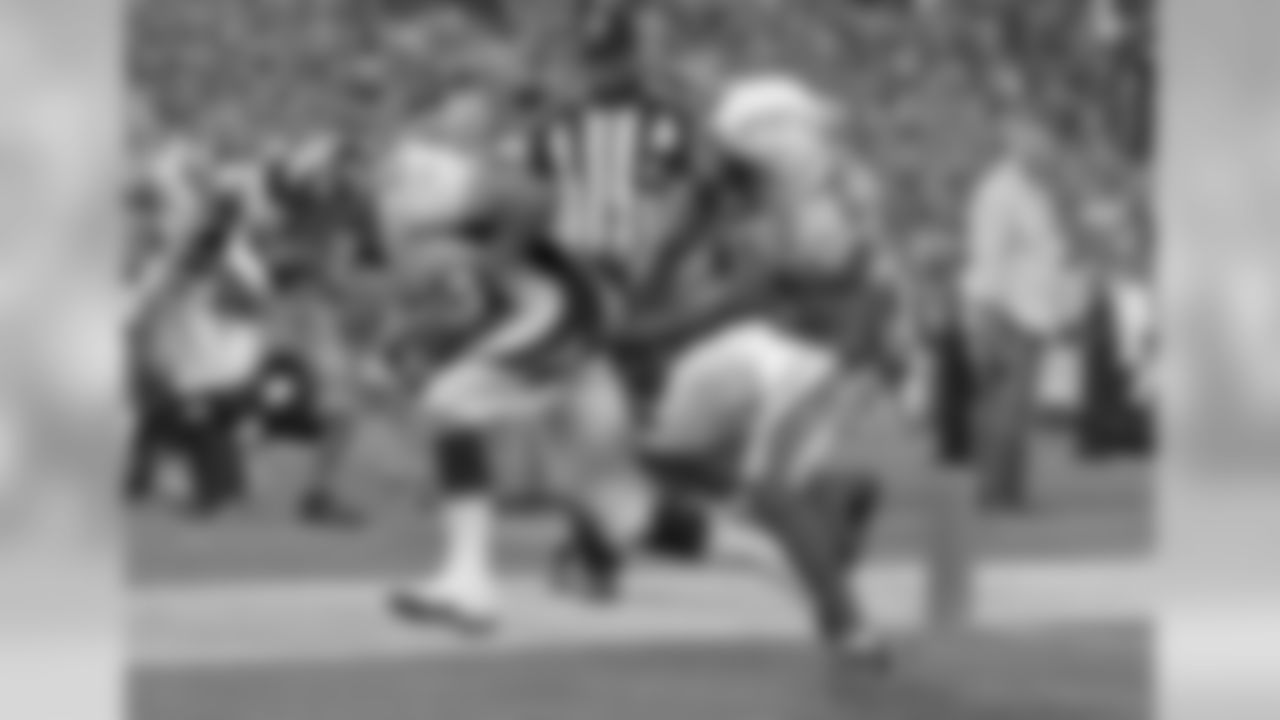
Oct. 15, 2012: W 35-24 vs. San Diego

Oct. 28, 2012: W 34-14 vs. New Orleans
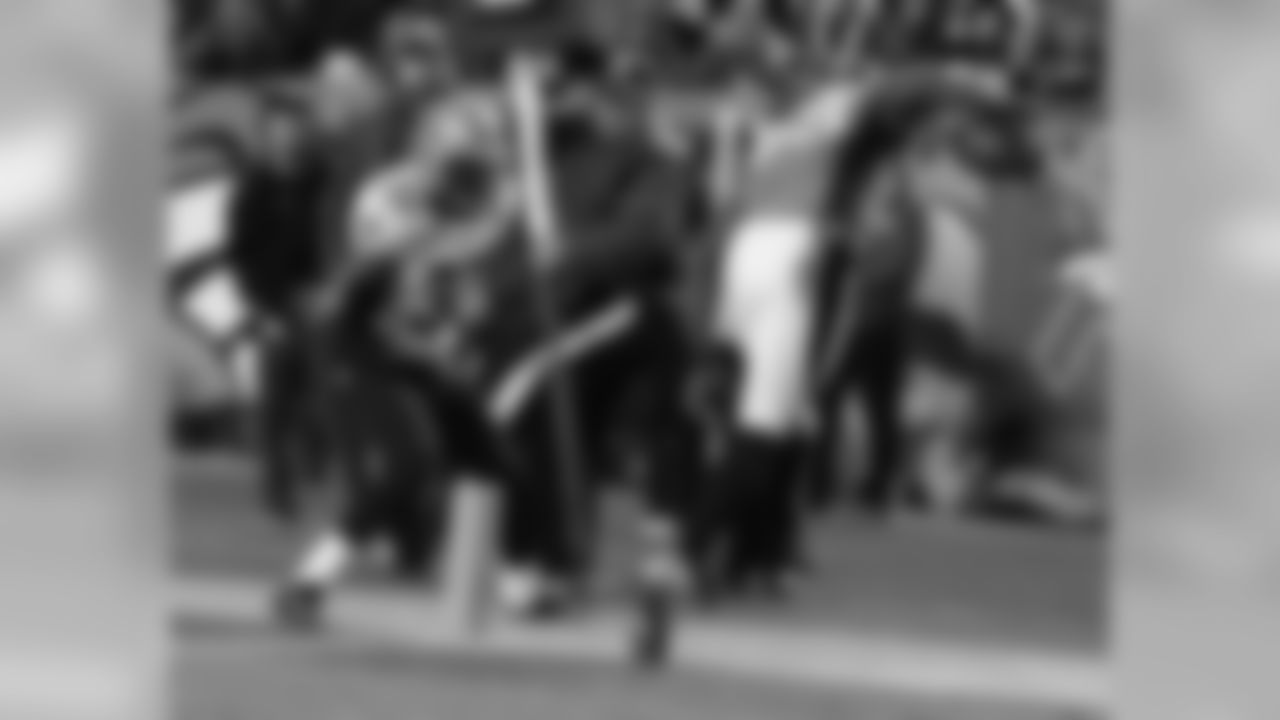
Oct. 28, 2012: W 34-14 vs. New Orleans
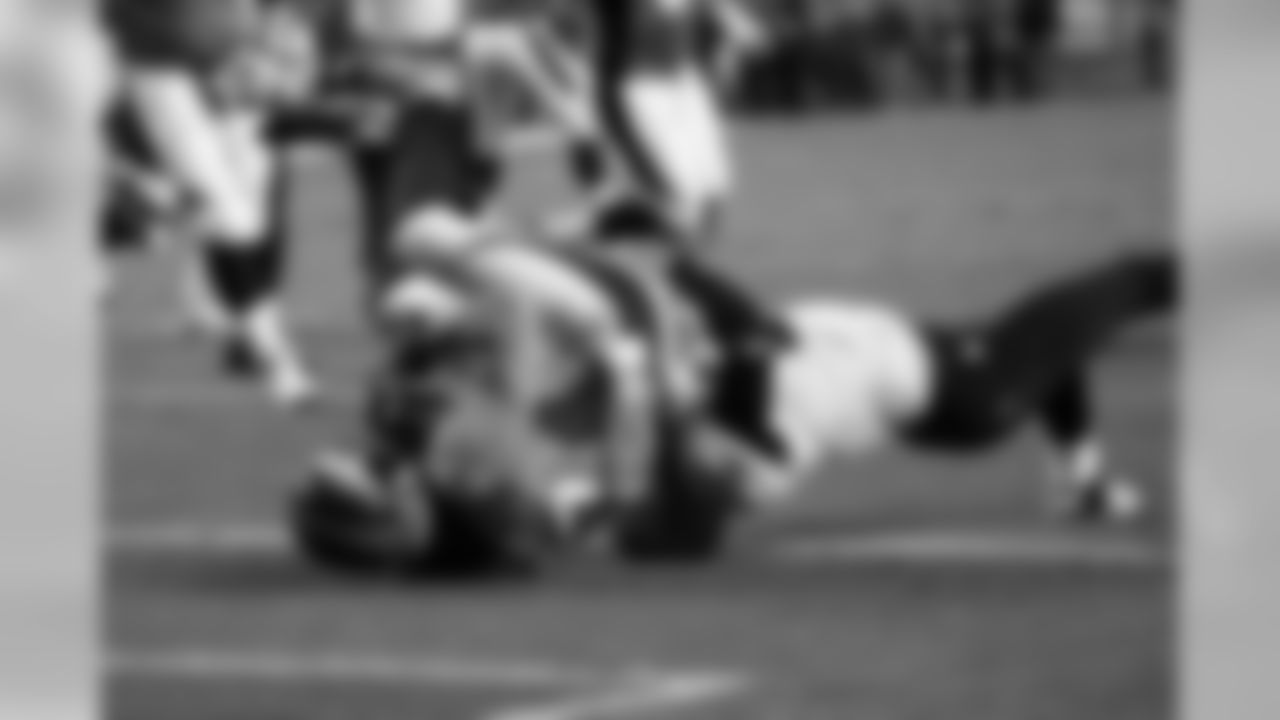
Oct. 28, 2012: W 34-14 vs. New Orleans

Nov. 4, 2012: W 31-23 vs. Cincinnati

Nov. 4, 2012: W 31-23 vs. Cincinnati
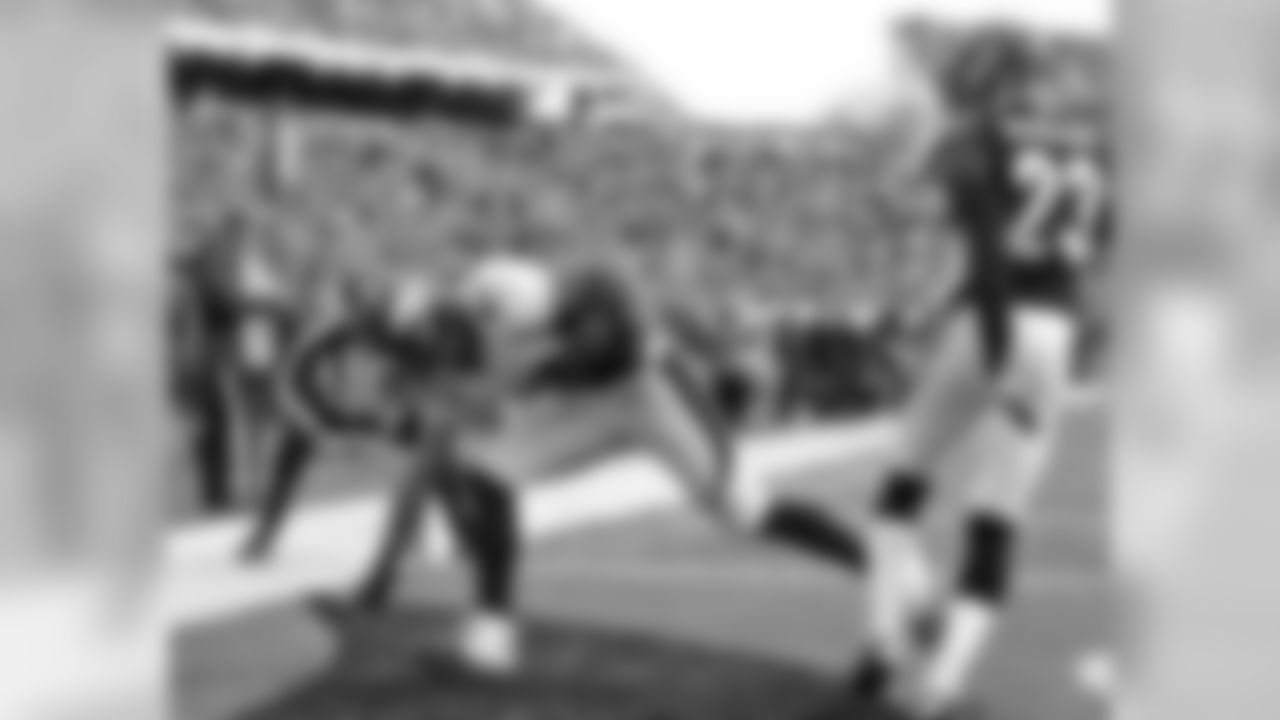
Nov. 4, 2012: W 31-23 vs. Cincinnati
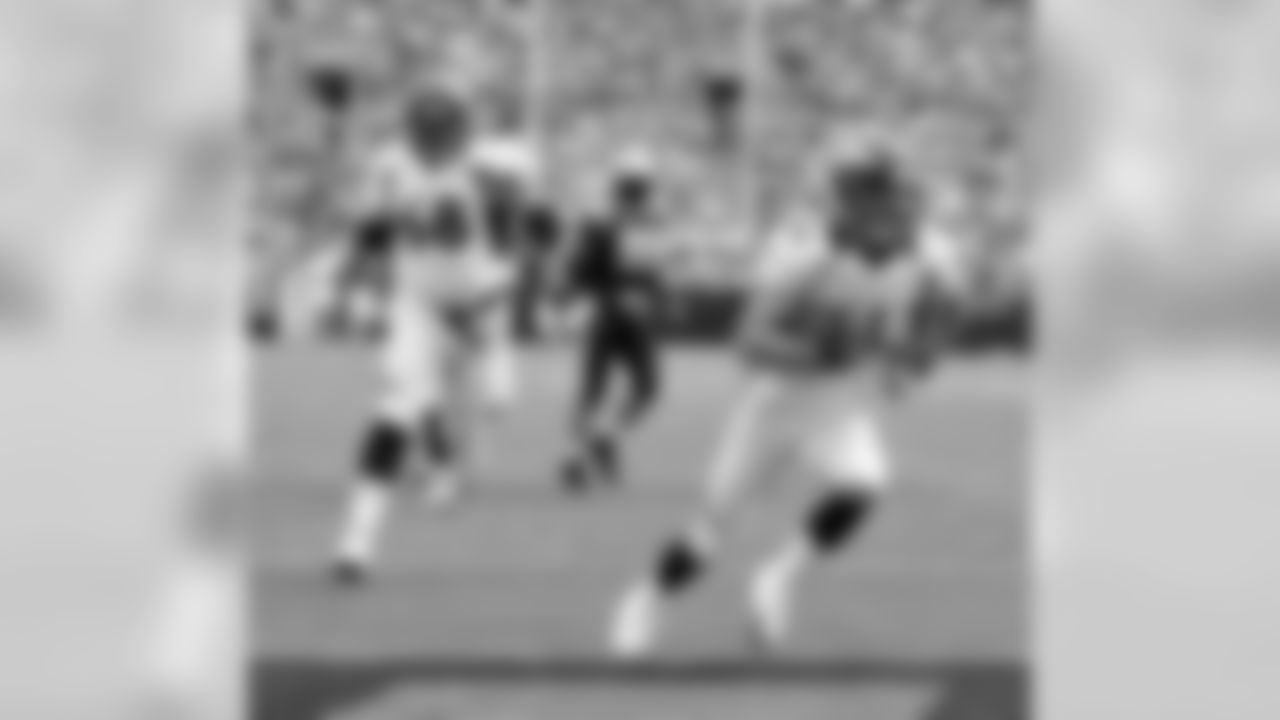
Nov. 11, 2012: W 36-14 vs. Carolina

Nov. 18, 2012: W 30-23 vs. San Diego

Nov. 18, 2012: W 30-23 vs. San Diego

Nov. 18, 2012: W 30-23 vs. San Diego
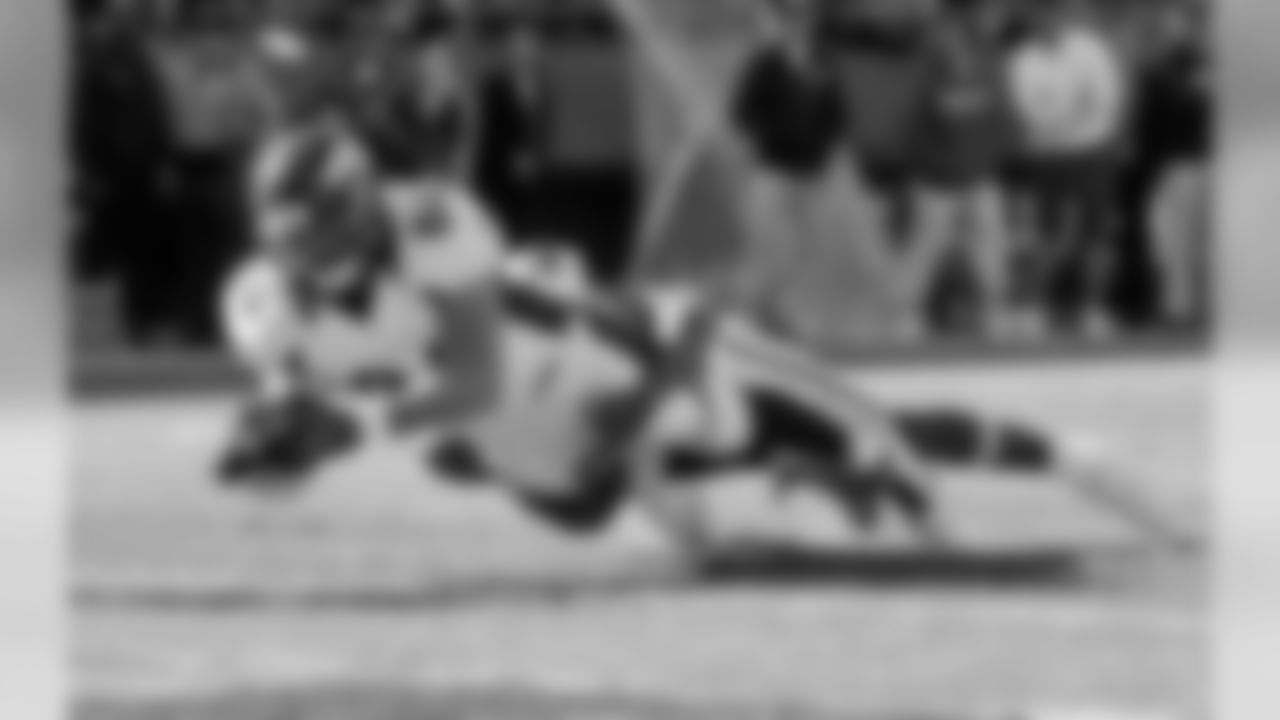
Nov. 25, 2012: W 17-9 vs. Kansas City

Nov. 25, 2012: W 17-9 vs. Kansas City

Dec. 2, 2012: W 31-23 vs. Tampa Bay
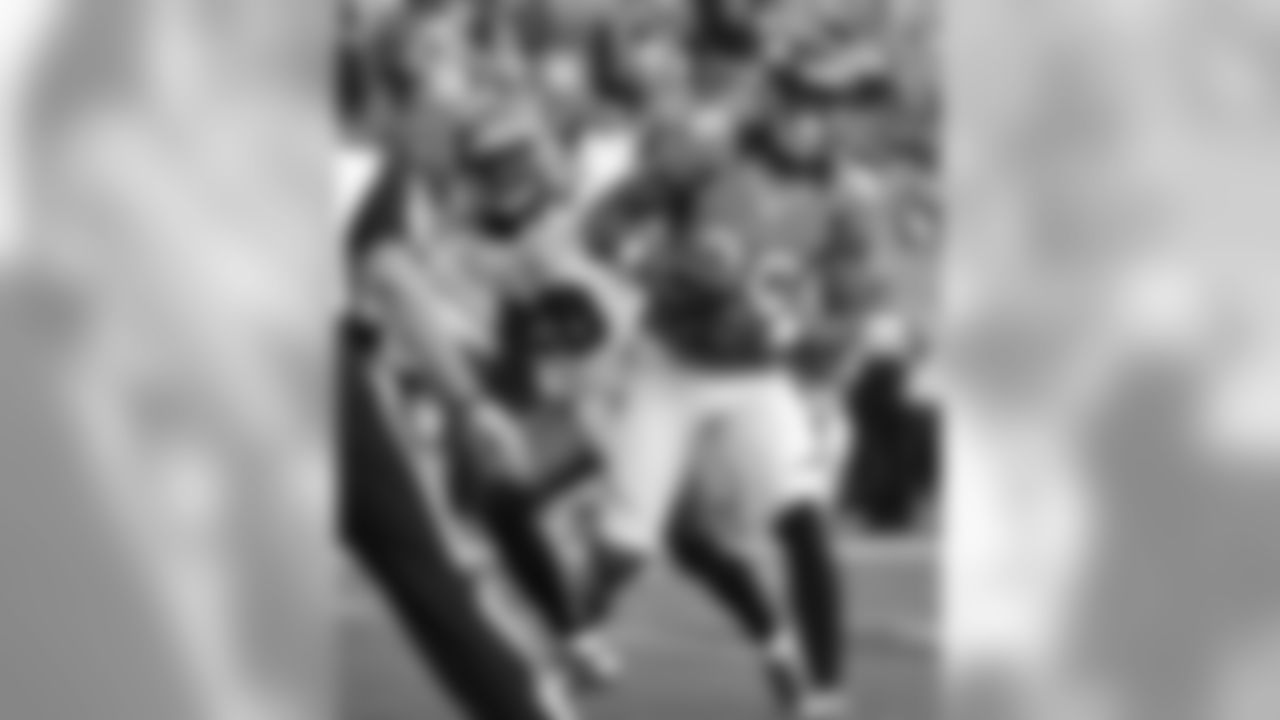
Dec. 2, 2012: W 31-23 vs. Tampa Bay
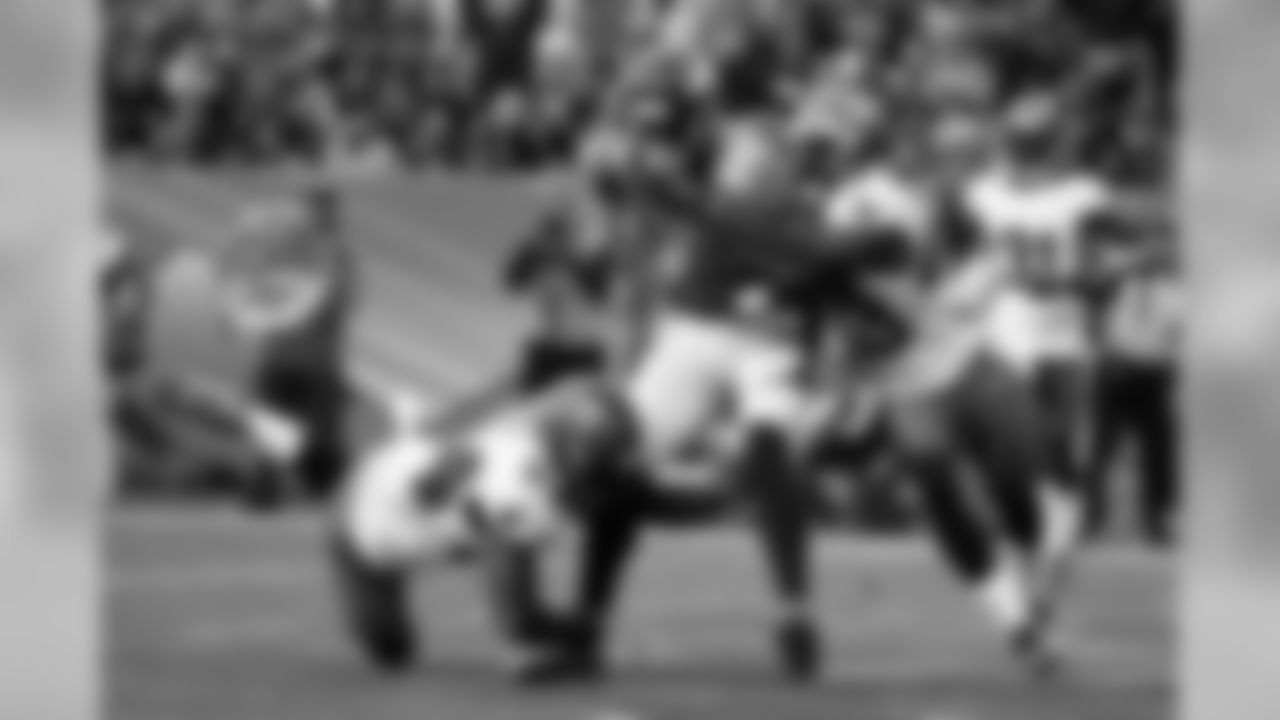
Dec. 2, 2012: W 31-23 vs. Tampa Bay

Dec. 6, 2012: W 26-13 vs. Oakland

Dec. 16, 2012: W 34-17 vs. Baltimore

Dec. 23, 2012: W 34-12 vs. Cleveland
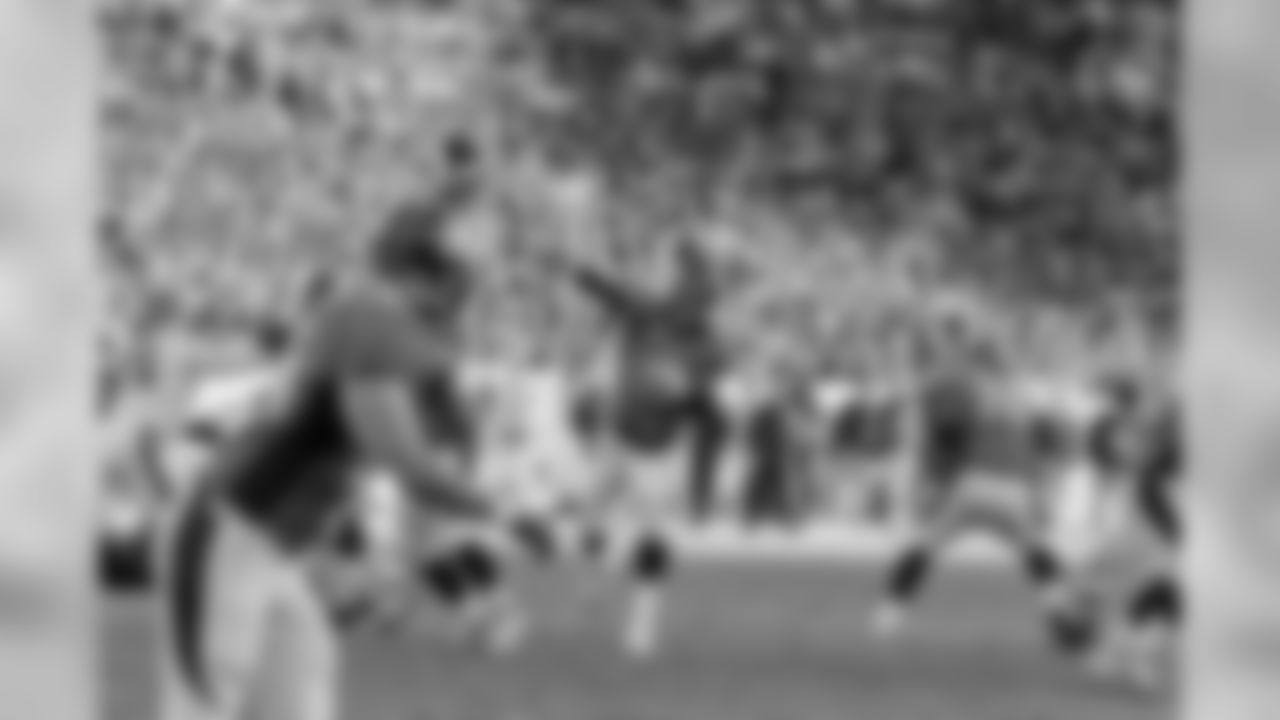
Dec. 23, 2012: W 34-12 vs. Cleveland
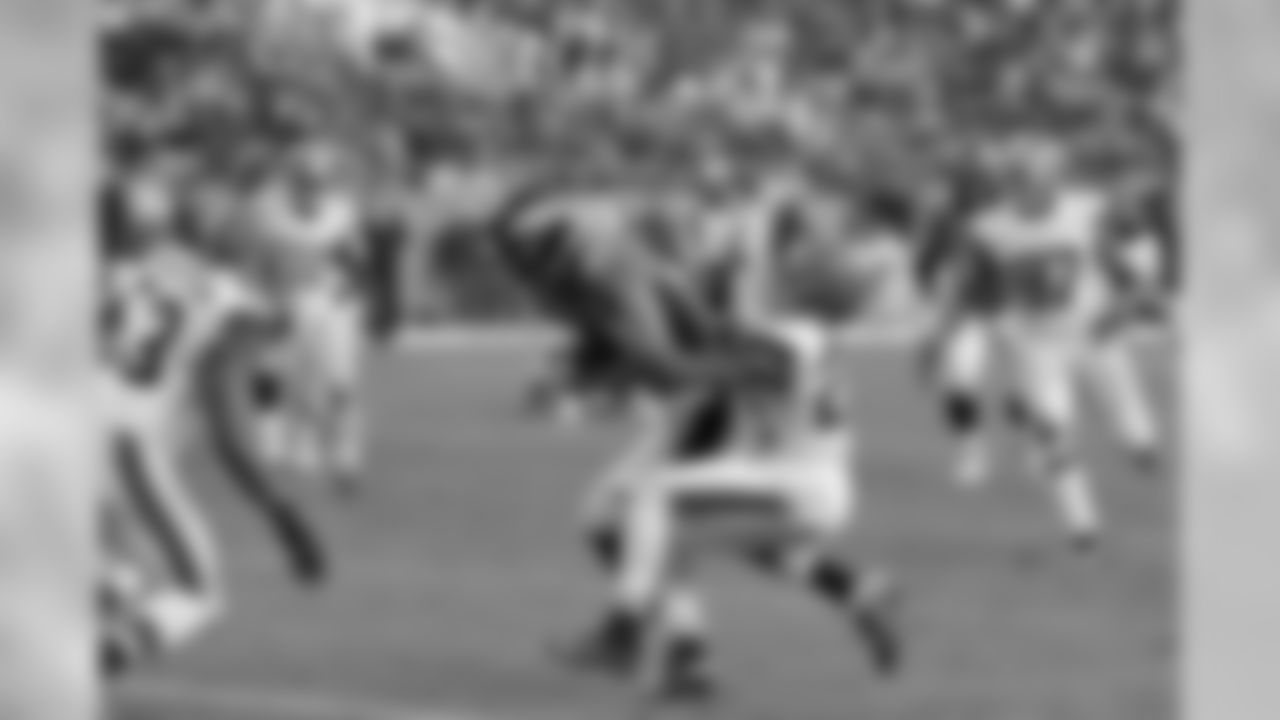
Dec. 23, 2012: W 34-12 vs. Cleveland

Dec. 30, 2012: W 38-3 vs. Kansas City
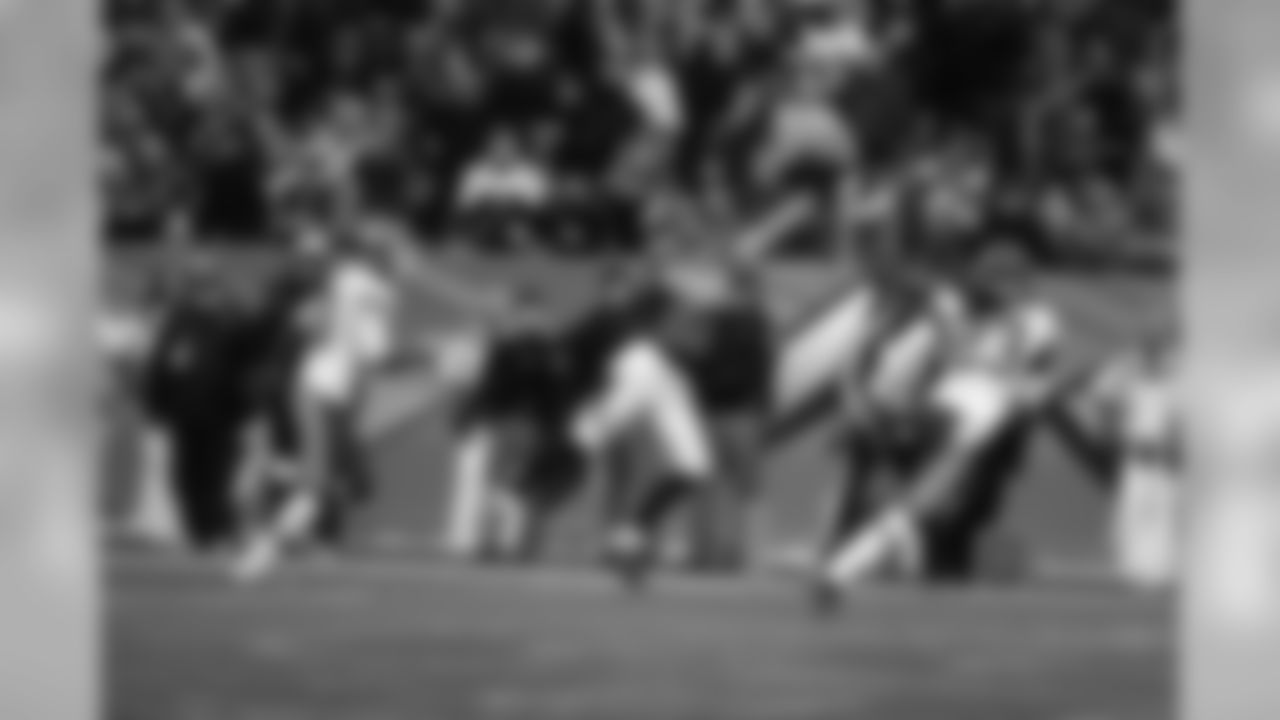
Dec. 30, 2012: W 38-3 vs. Kansas City
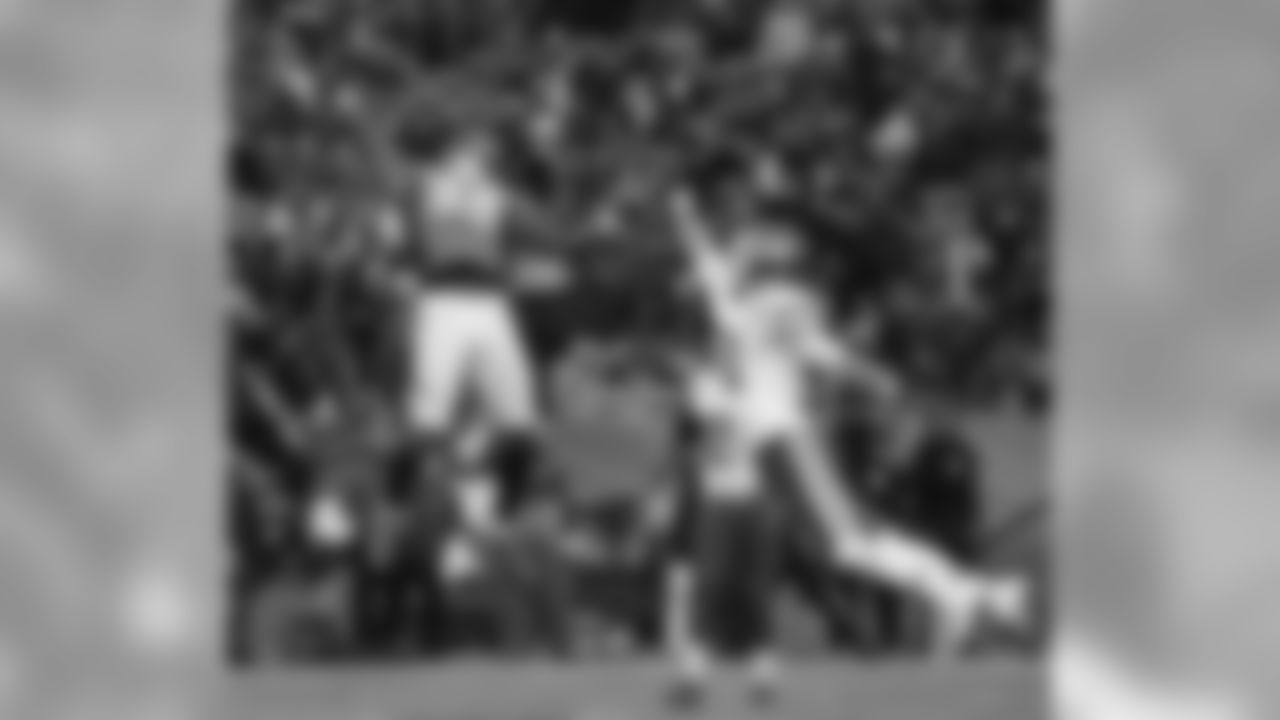
Dec. 30, 2012: W 38-3 vs. Kansas City

Jan. 12, 2013: L 38-35 vs. Baltimore
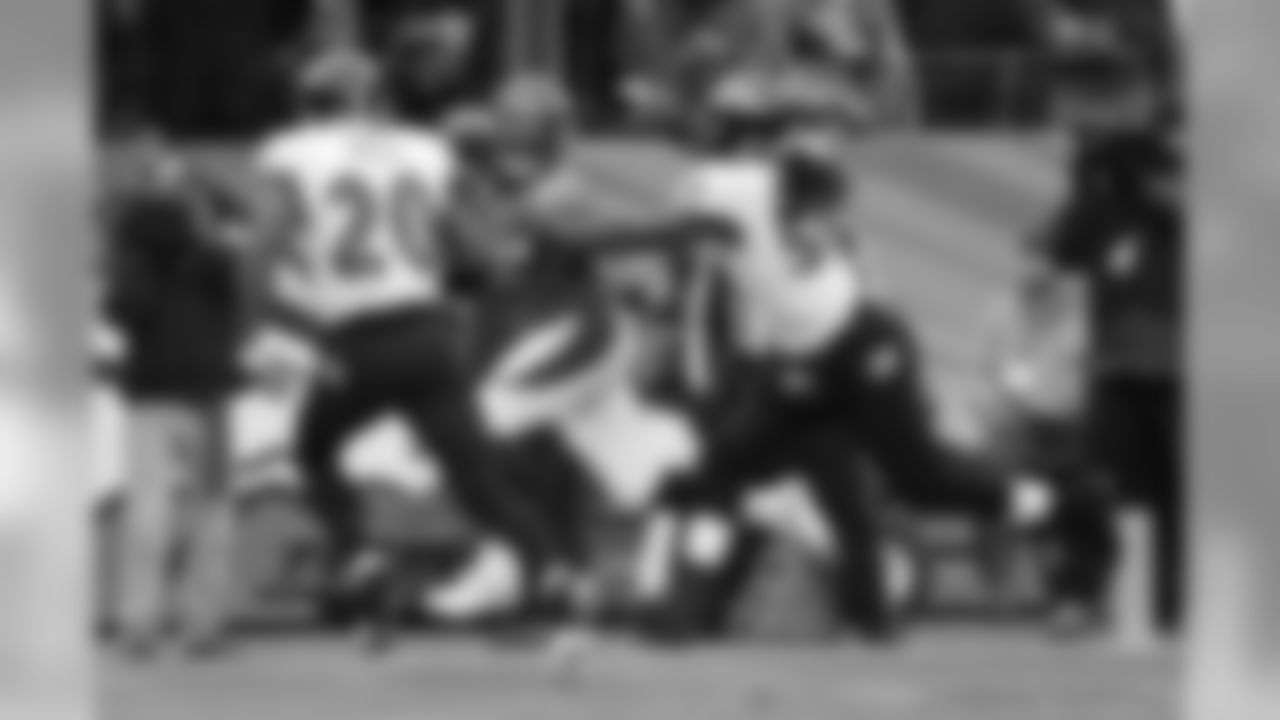
Jan. 12, 2013: L 38-35 vs. Baltimore
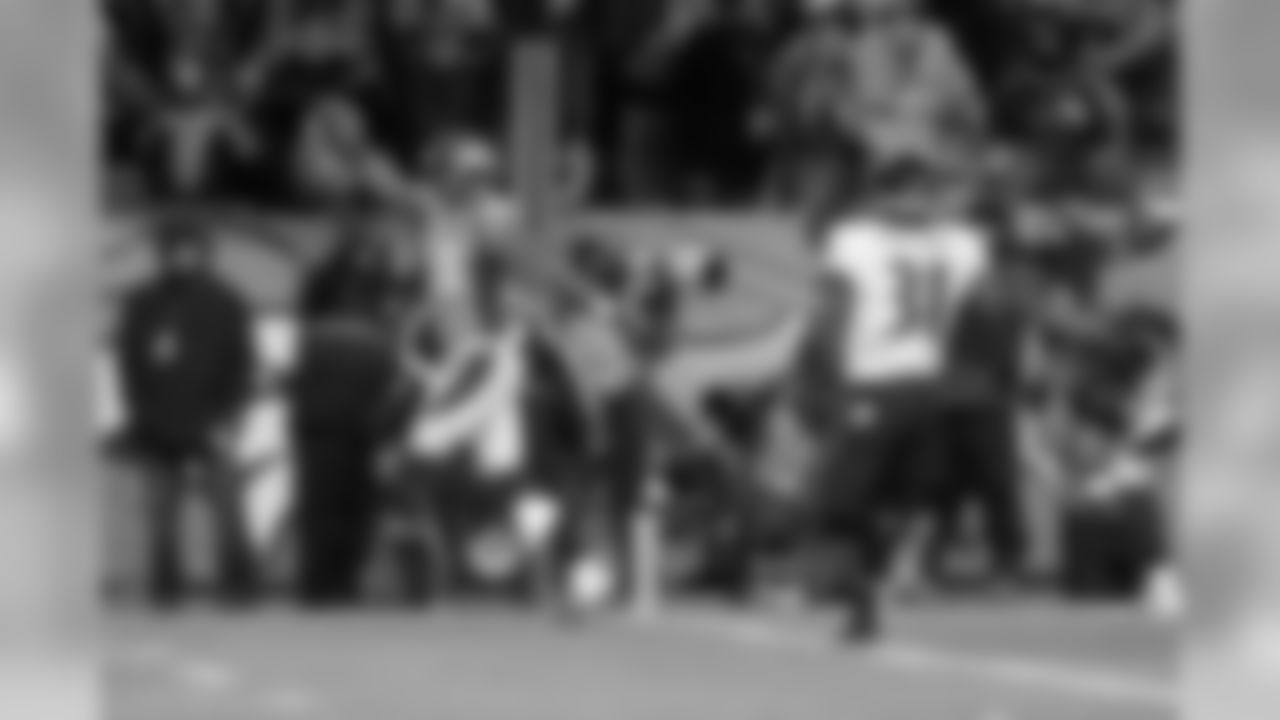
Jan. 12, 2013: L 38-35 vs. Baltimore
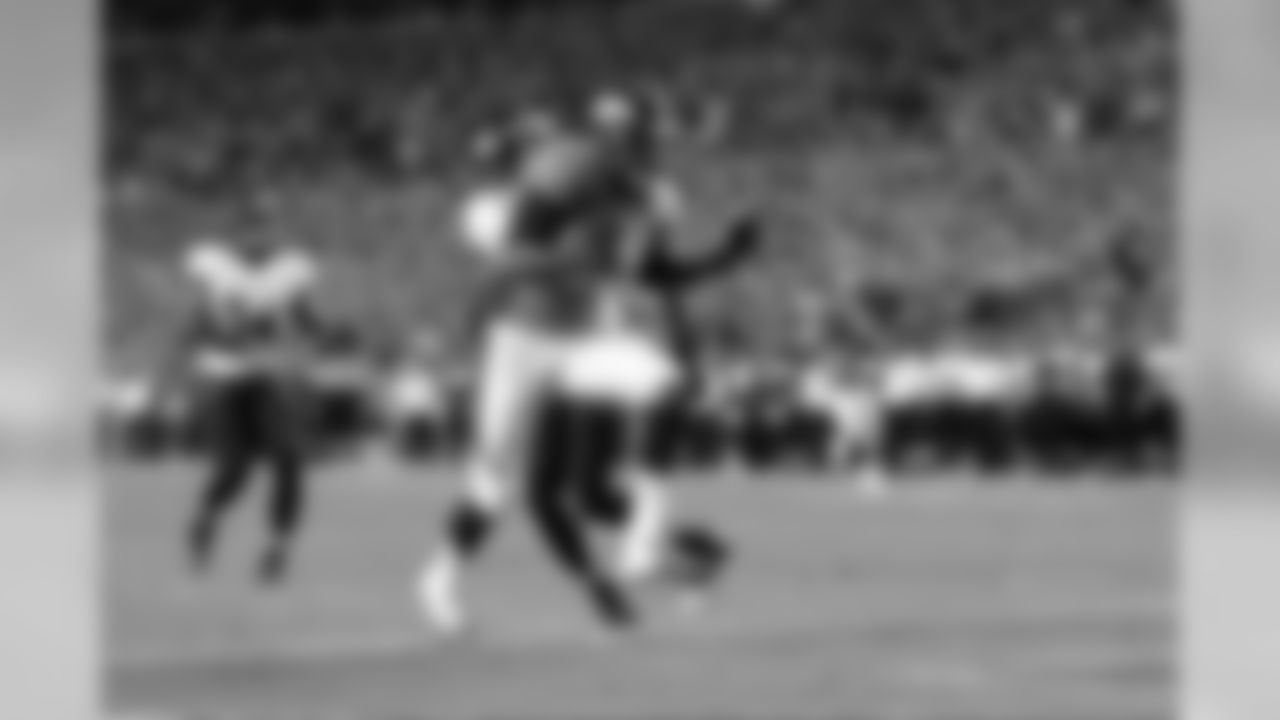
Sept. 5, 2013: W 49-27 vs. Baltimore
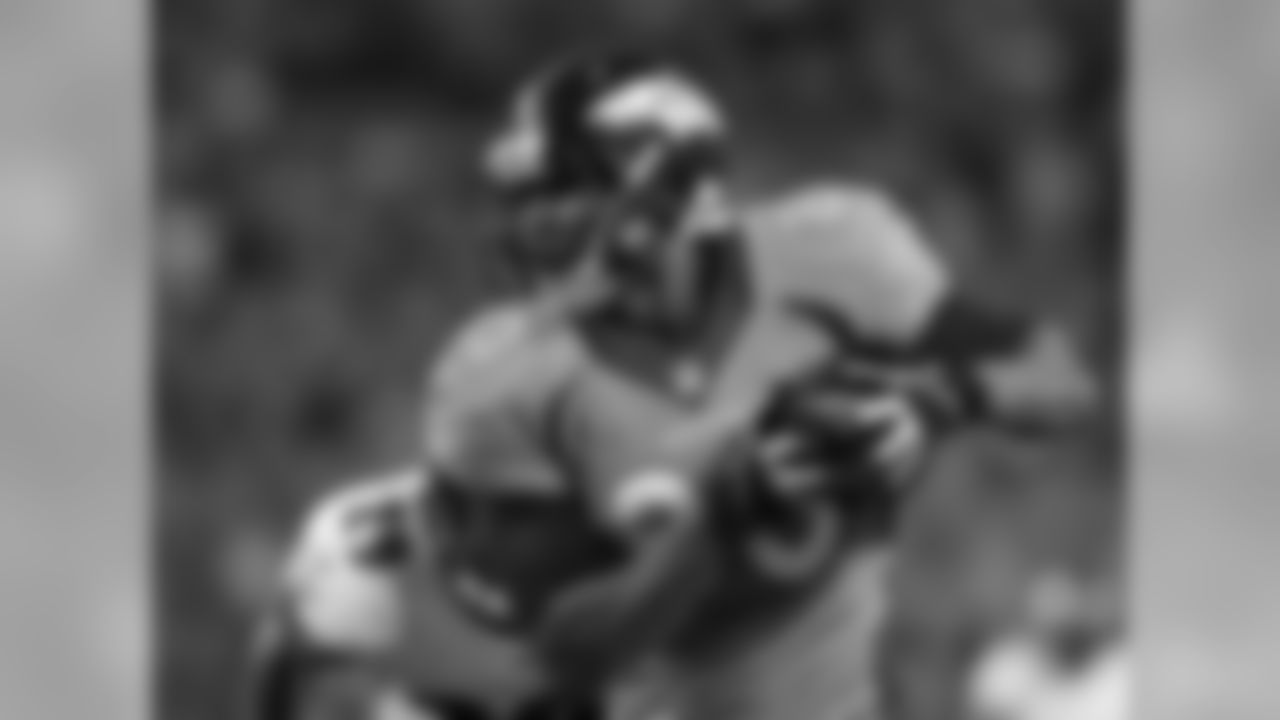
Sept. 5, 2013: W 49-27 vs. Baltimore
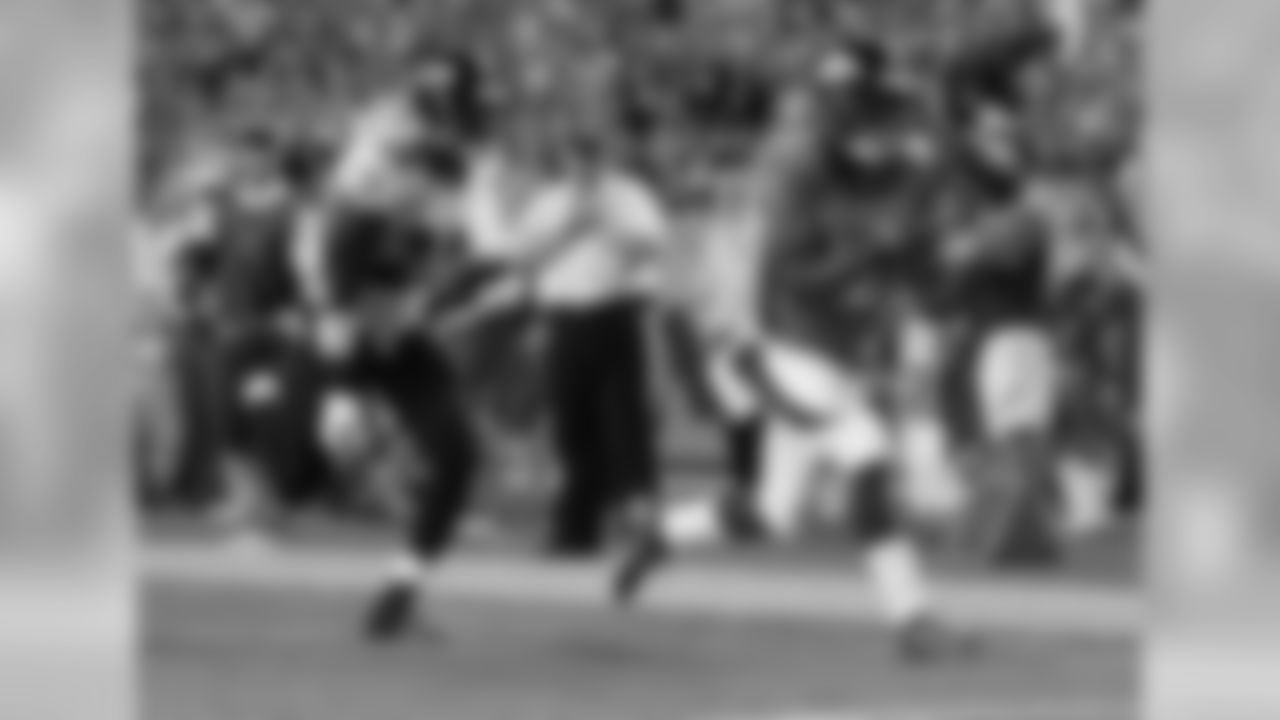
Sept. 5, 2013: W 49-27 vs. Baltimore
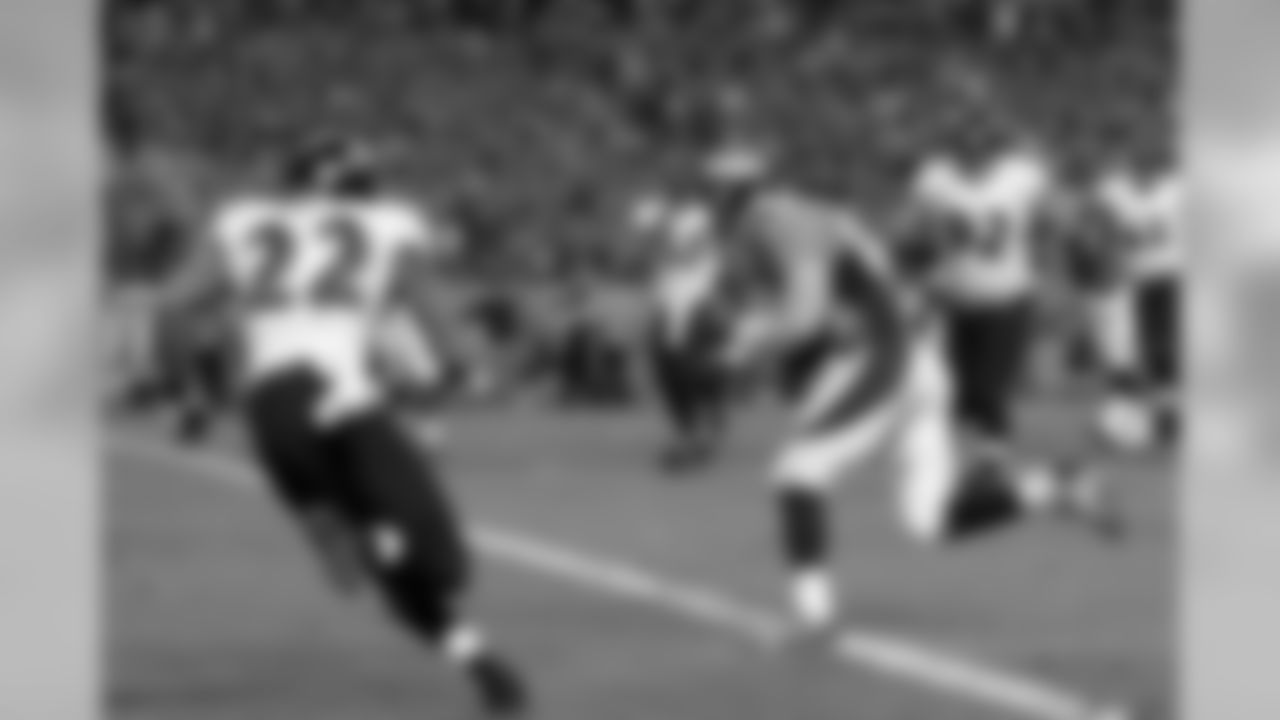
Sept. 5, 2013: W 49-27 vs. Baltimore
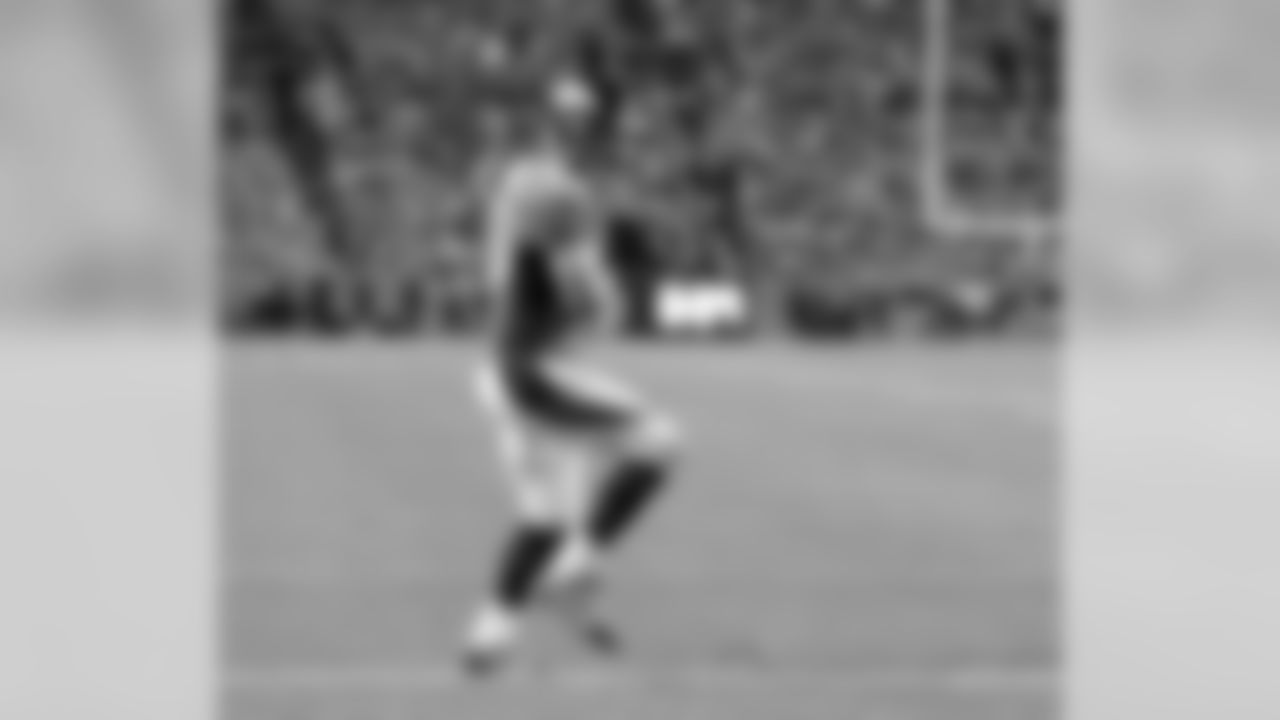
Sept. 5, 2013: W 49-27 vs. Baltimore
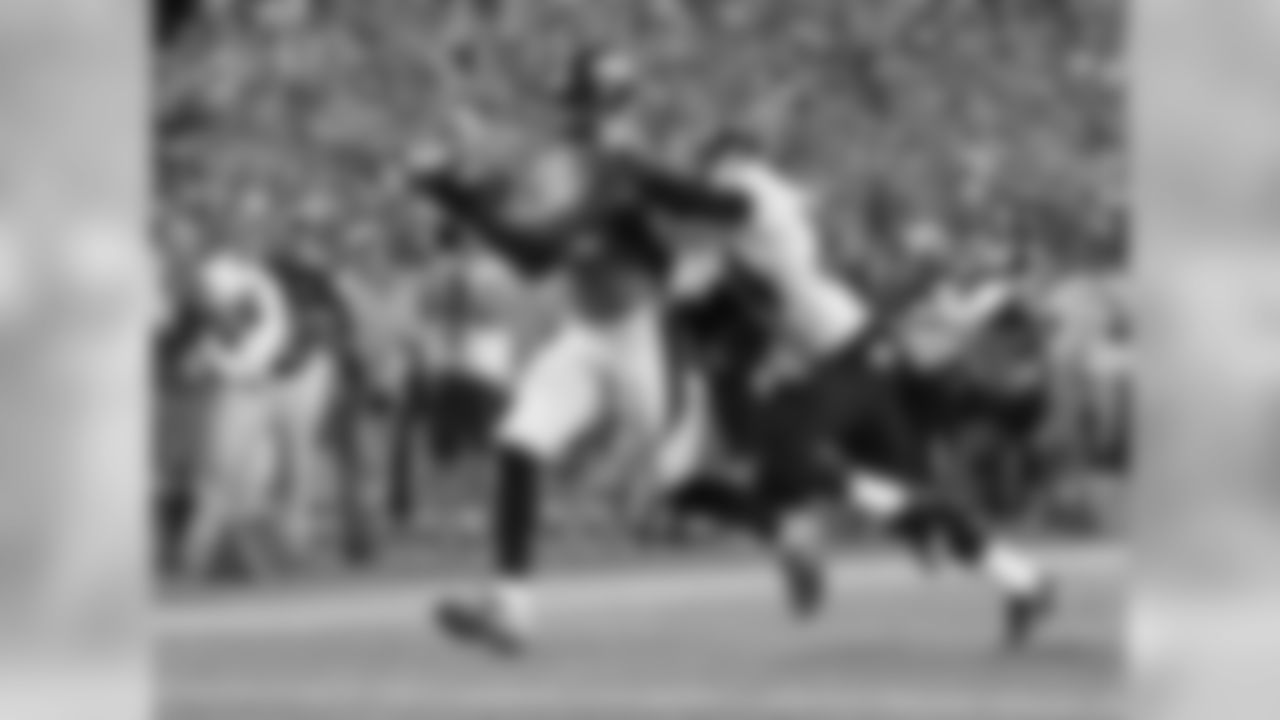
Sept. 5, 2013: W 49-27 vs. Baltimore
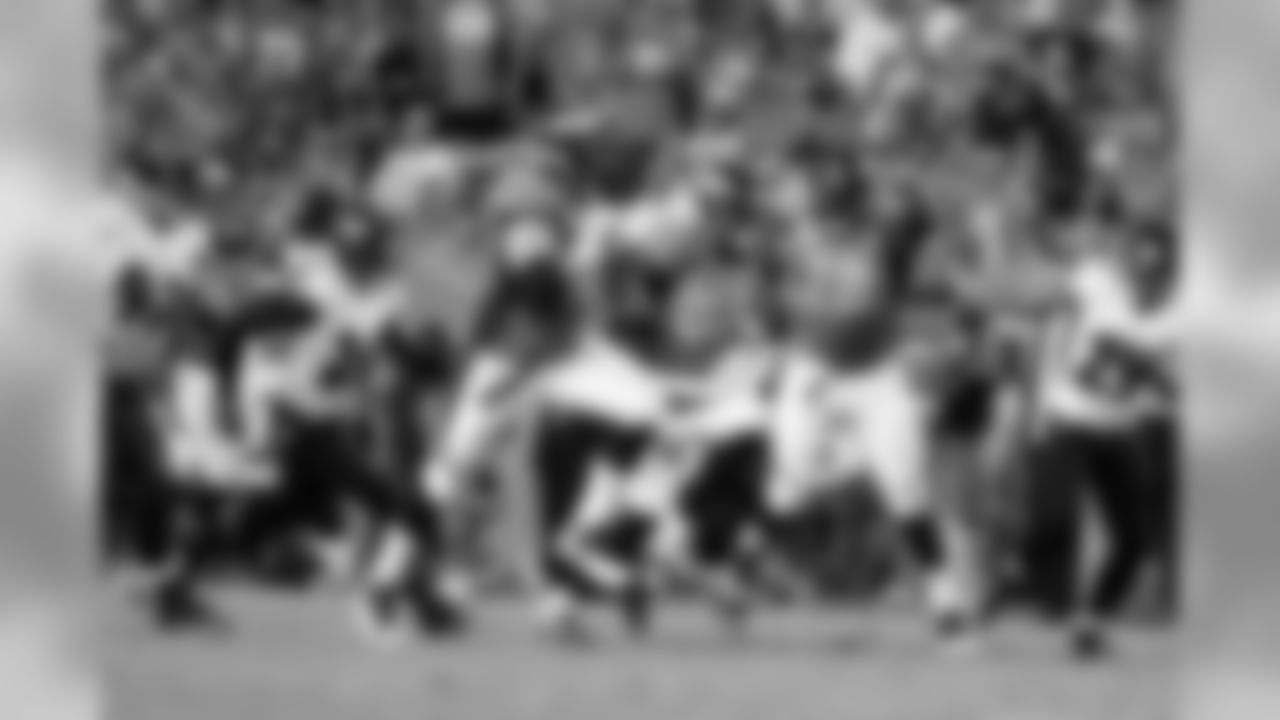
Sept. 5, 2013: W 49-27 vs. Baltimore
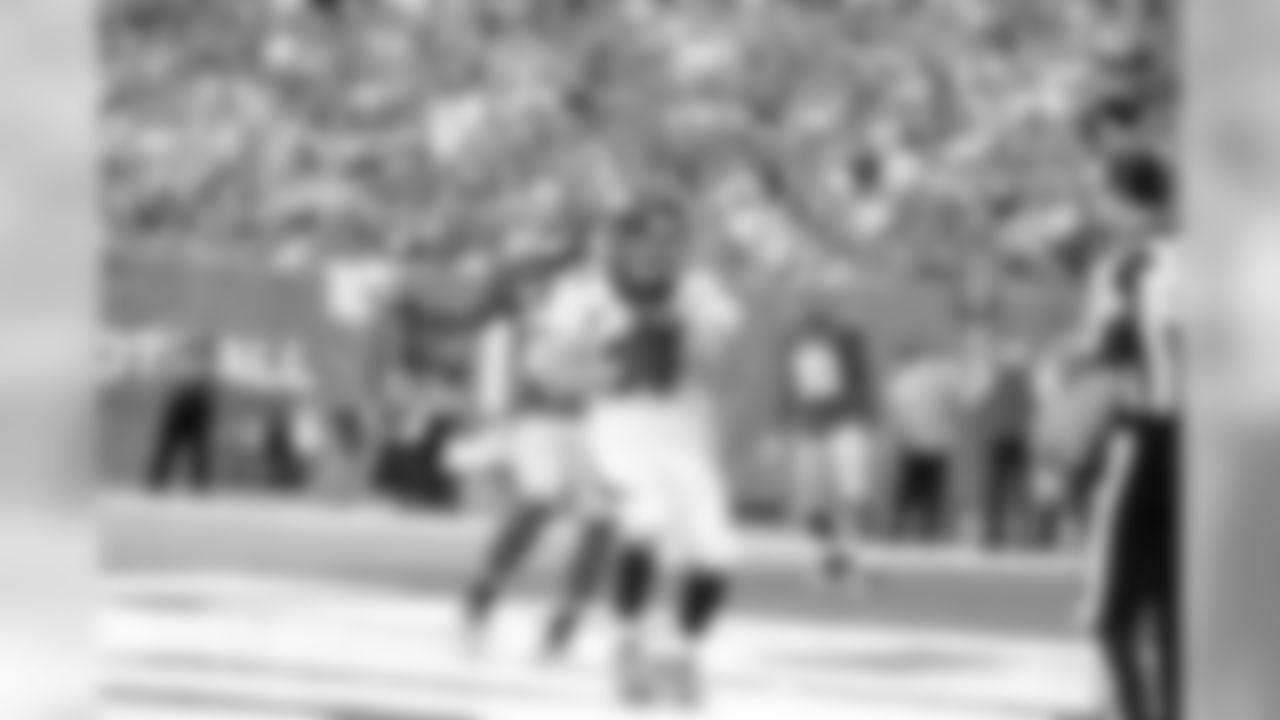
Sept. 15, 2013: W 41-23 vs. New York Giants

Sept. 15, 2013: W 41-23 vs. New York Giants
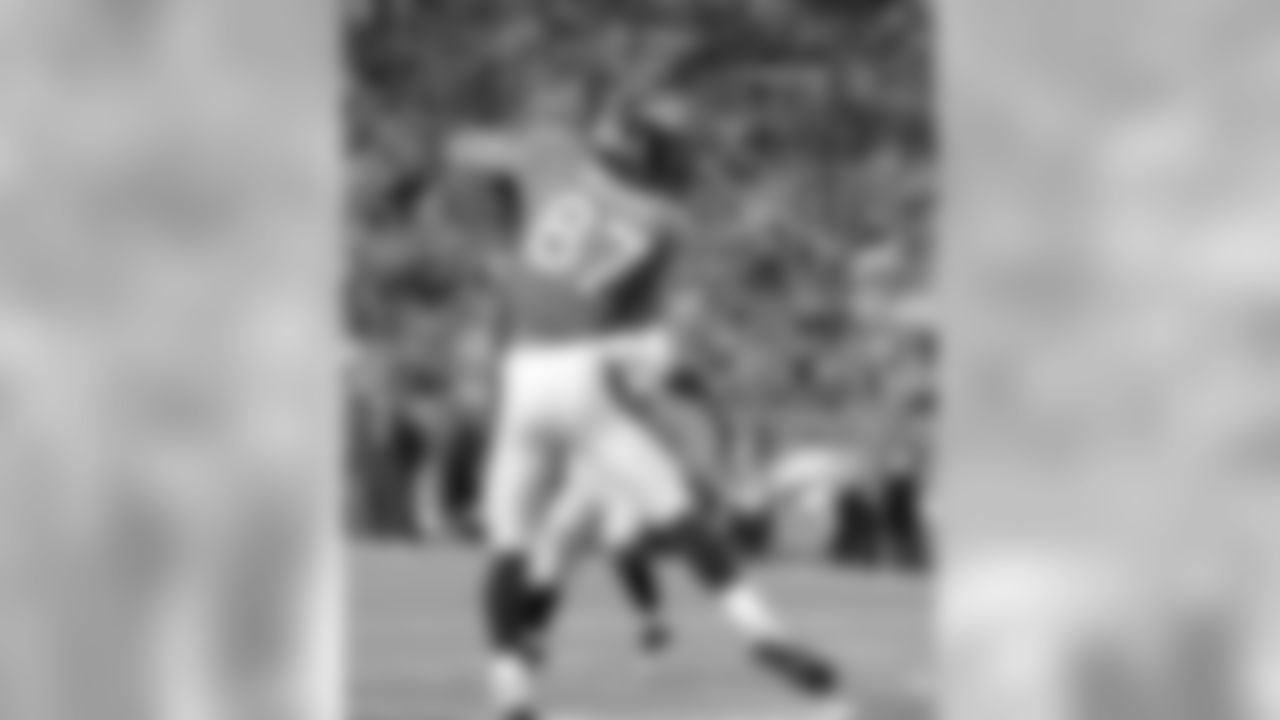
Sept. 23, 2013: W 37-21 vs. Oakland
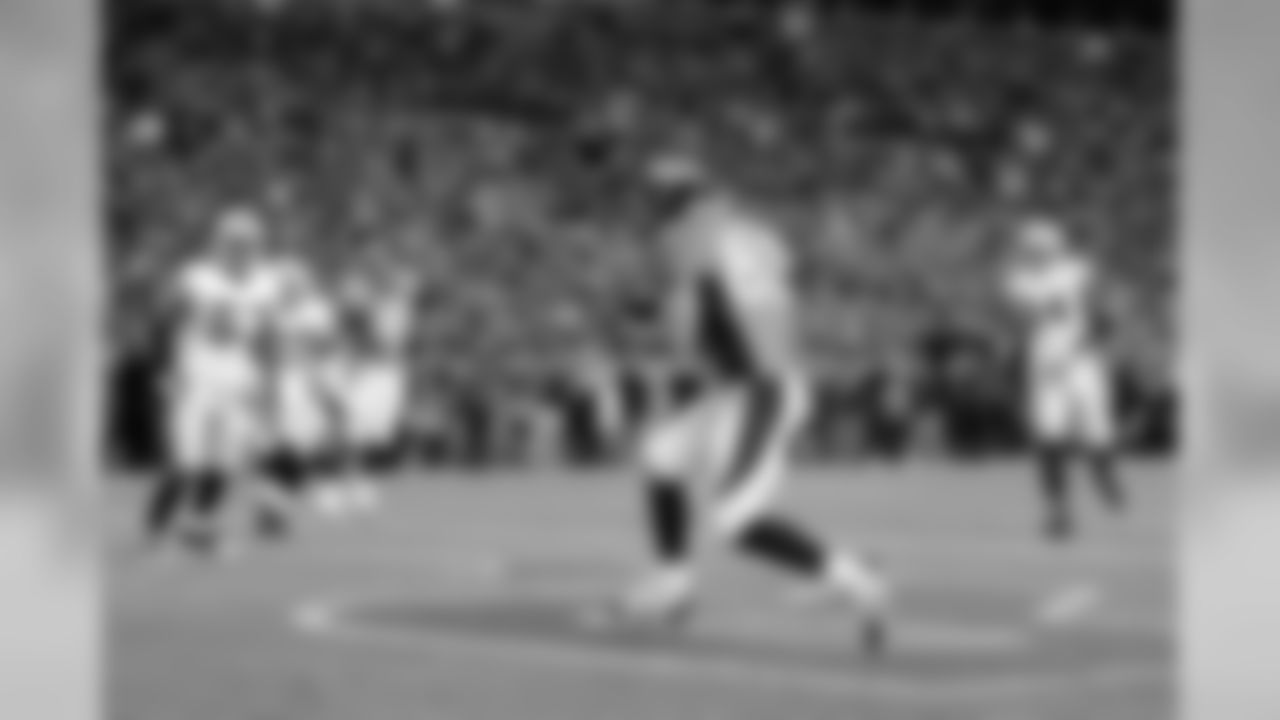
Sept. 23, 2013: W 37-21 vs. Oakland
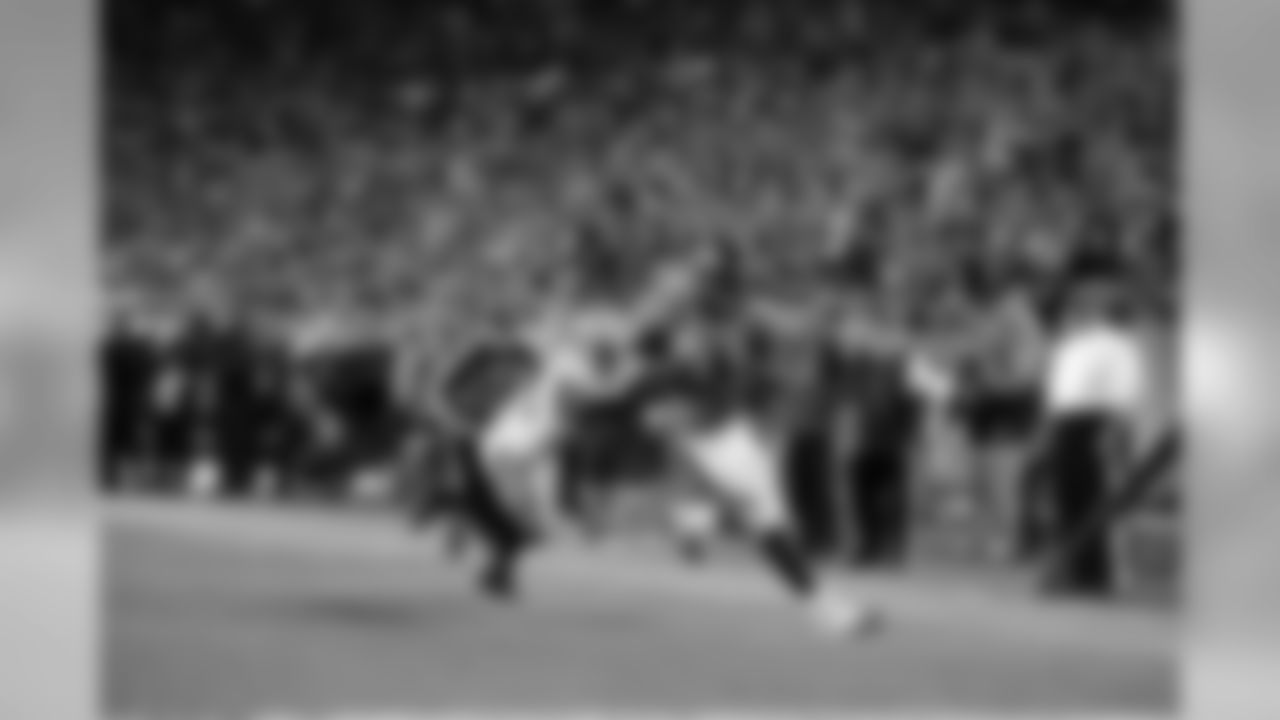
Sept. 23, 2013: W 37-21 vs. Oakland
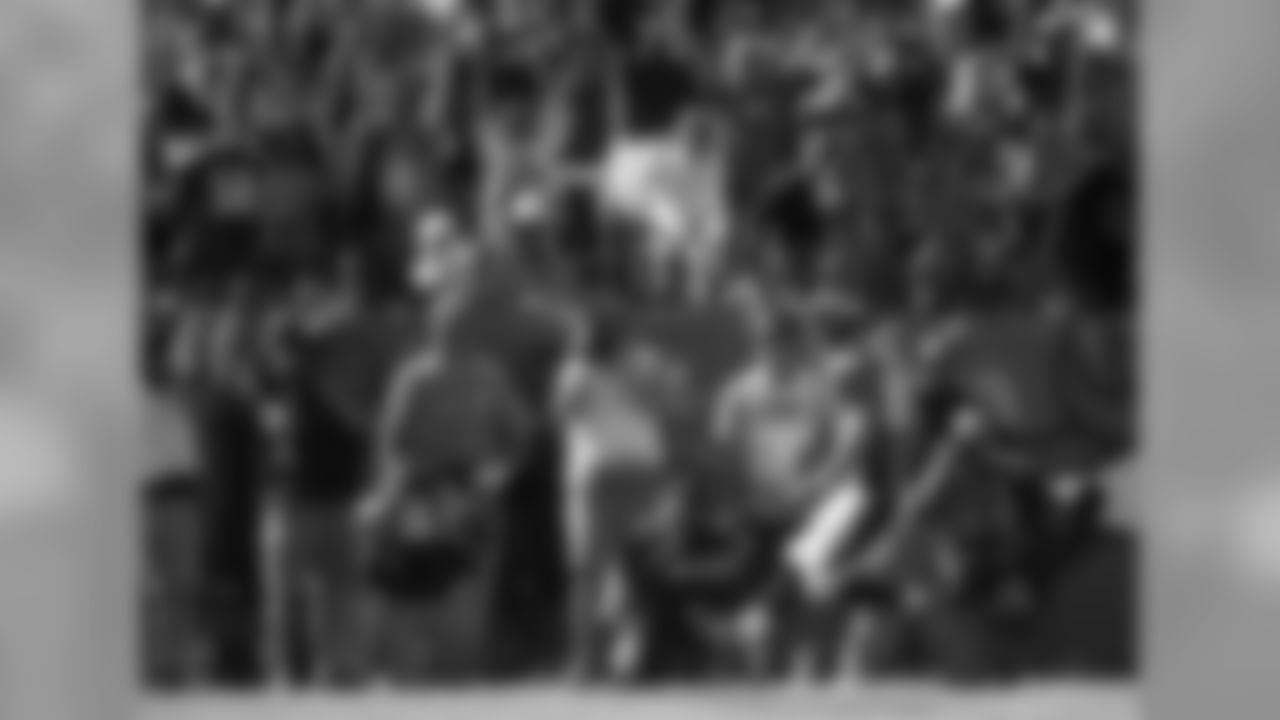
Sept. 29, 2013: W 52-20 vs. Philadelphia
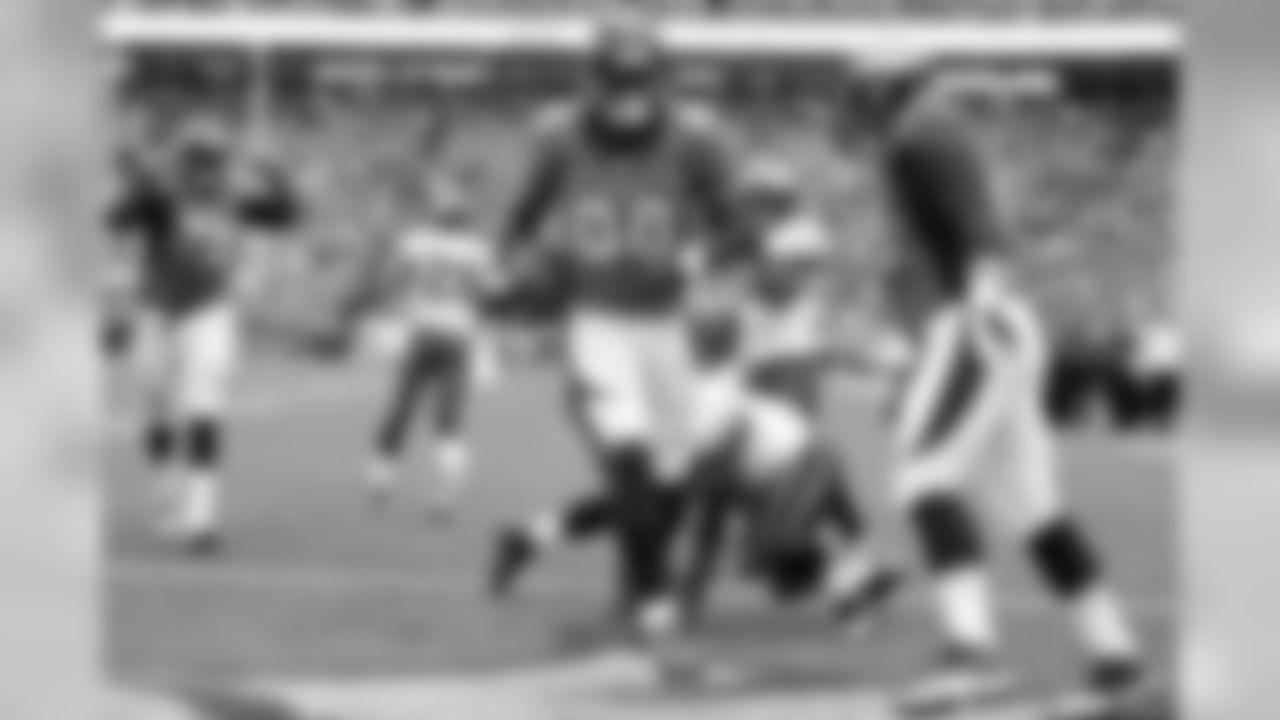
Sept. 29, 2013: W 52-20 vs. Philadelphia
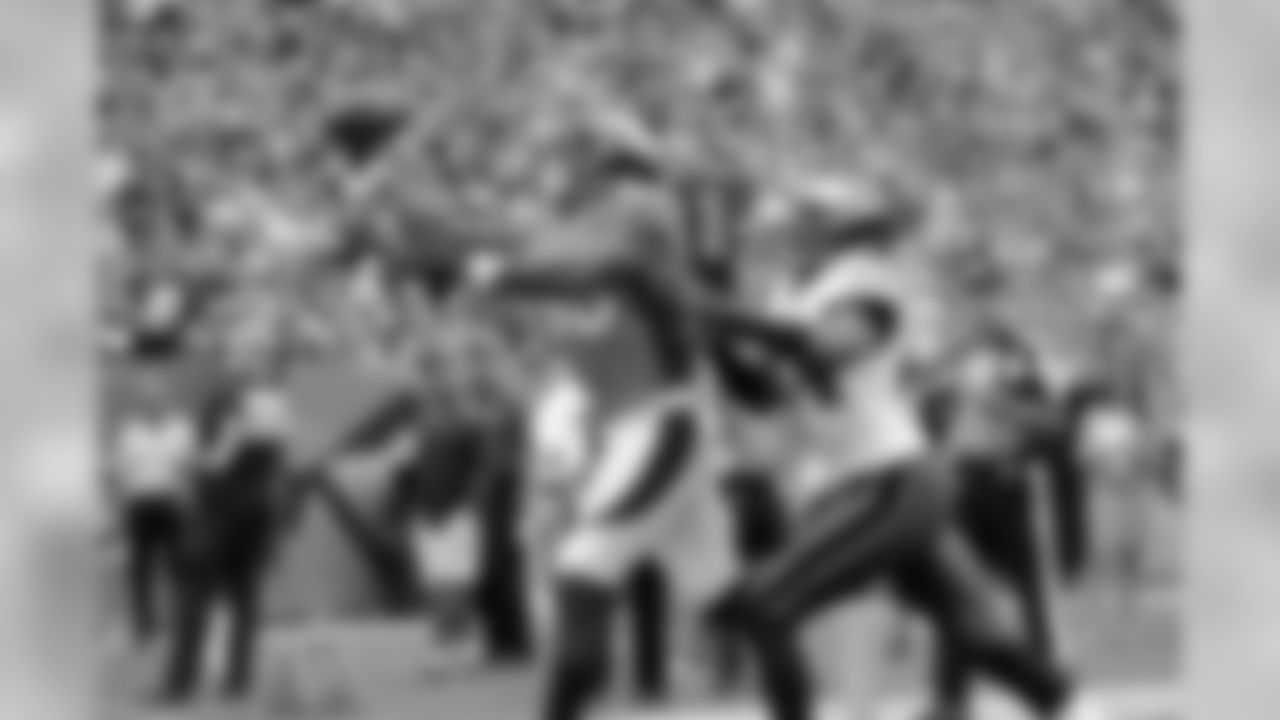
Sept. 29, 2013: W 52-20 vs. Philadelphia
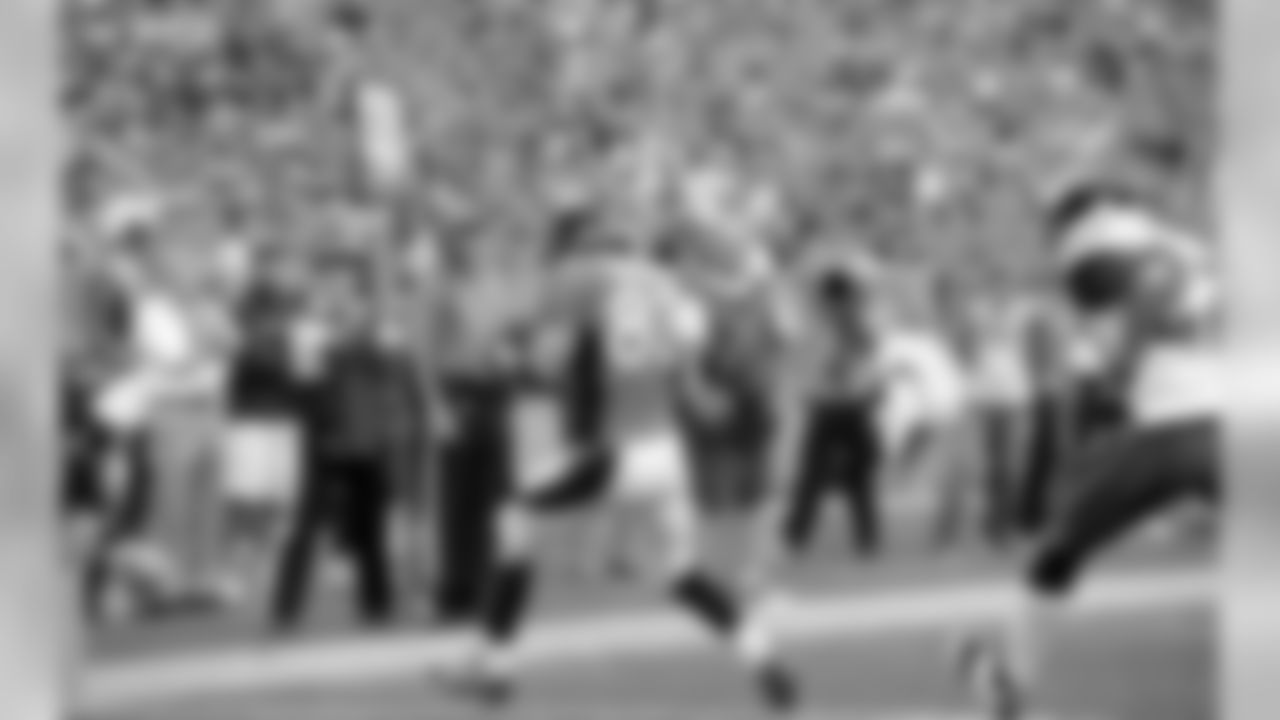
Sept. 29, 2013: W 52-20 vs. Philadelphia

Oct. 6, 2013: W 51-48 vs. Dallas
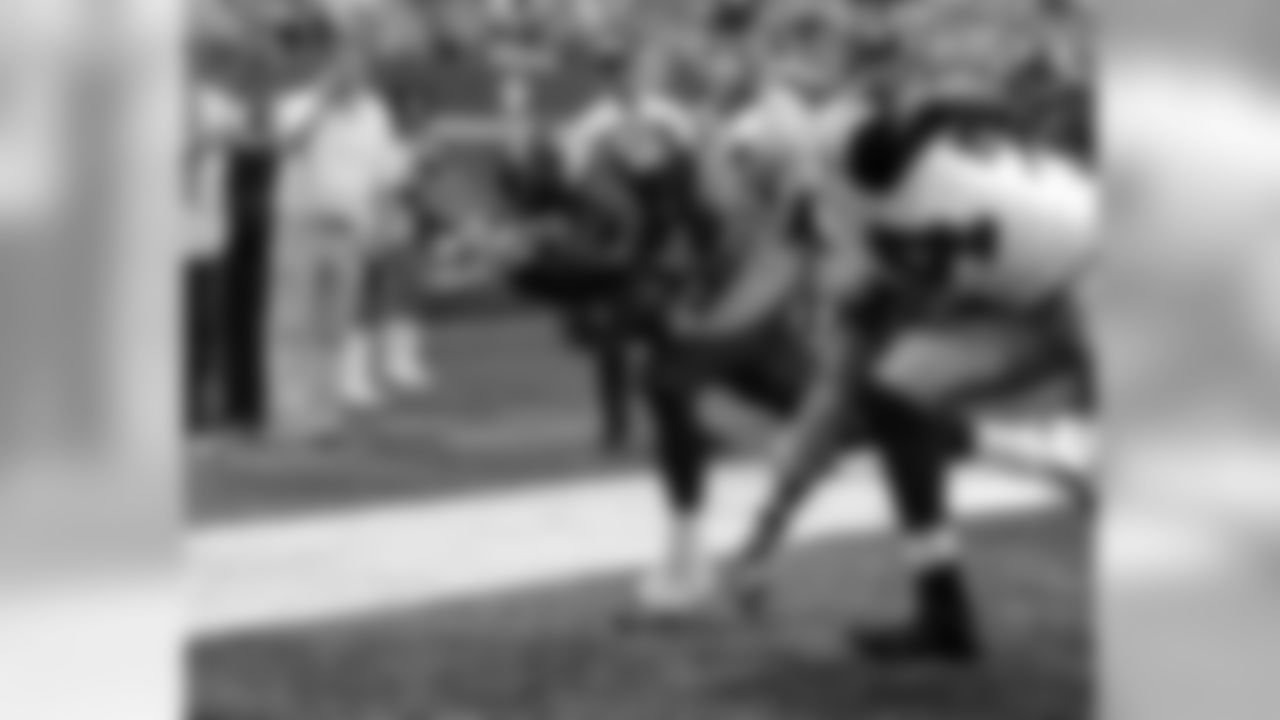
Oct. 6, 2013: W 51-48 vs. Dallas

Oct. 6, 2013: W 51-48 vs. Dallas

Oct. 6, 2013: W 51-48 vs. Dallas

Oct. 13, 2013: W 35-19 vs. Jacksonville
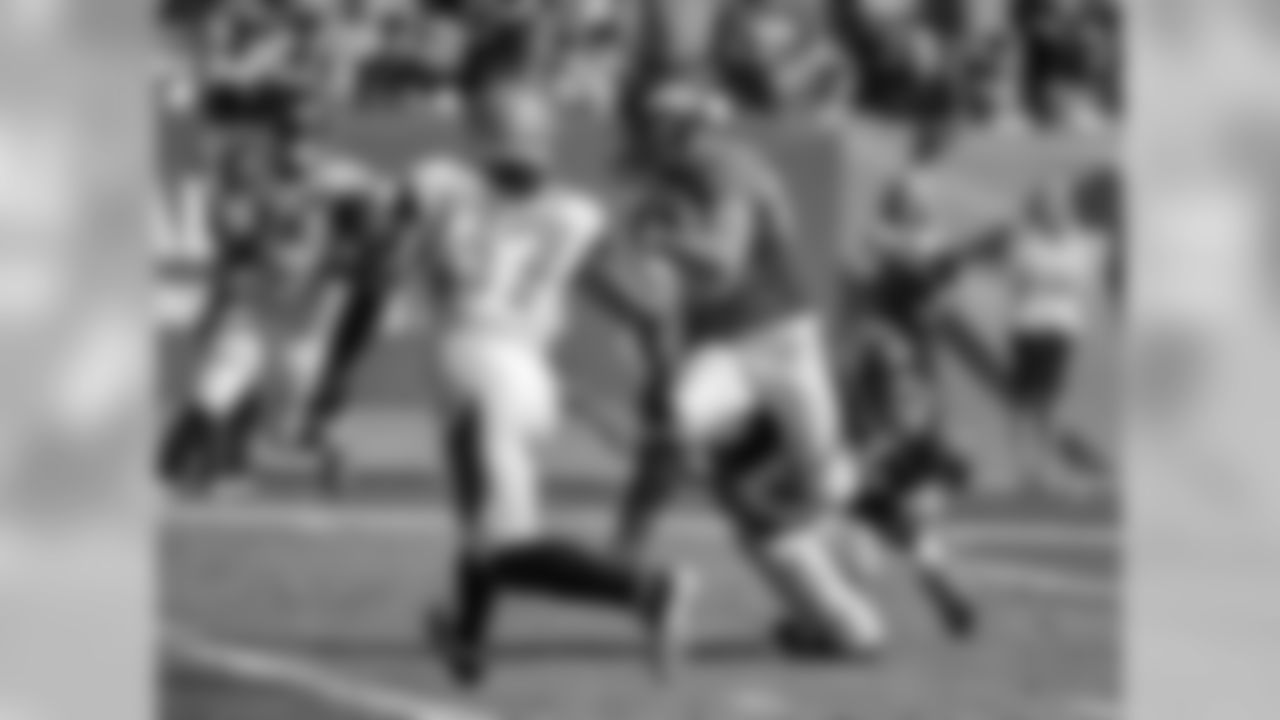
Oct. 13, 2013: W 35-19 vs. Jacksonville

Oct. 20, 2013: L 39-33 vs. Indianapolis
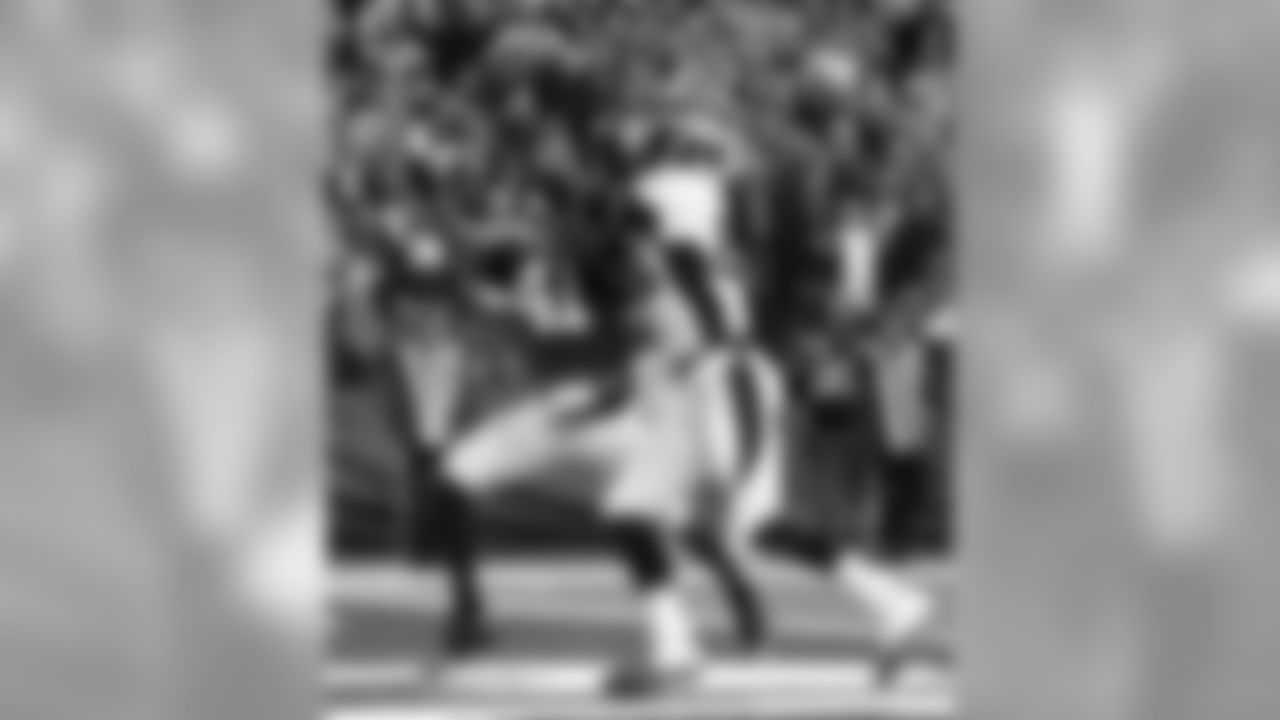
Oct. 20, 2013: L 39-33 vs. Indianapolis
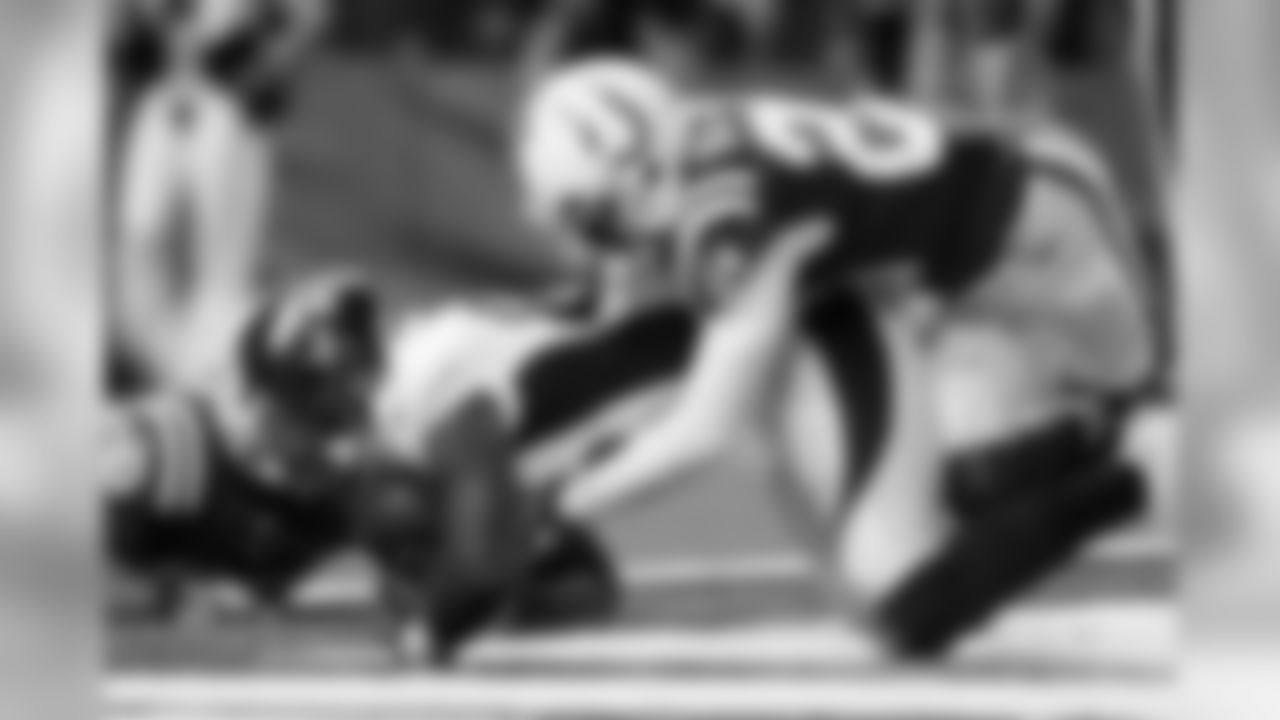
Oct. 20, 2013: L 39-33 vs. Indianapolis
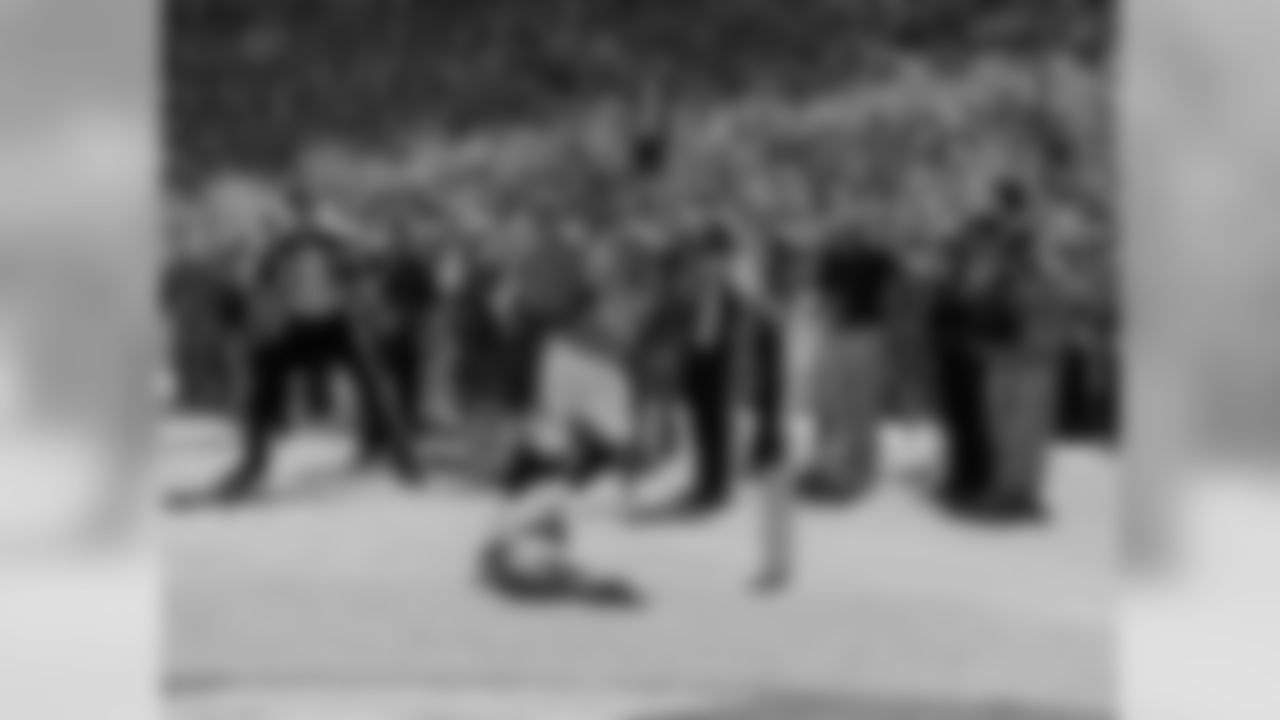
Oct. 27, 2013: W 45-21 vs. Washington

Oct. 27, 2013: W 45-21 vs. Washington

Oct. 27, 2013: W 45-21 vs. Washington
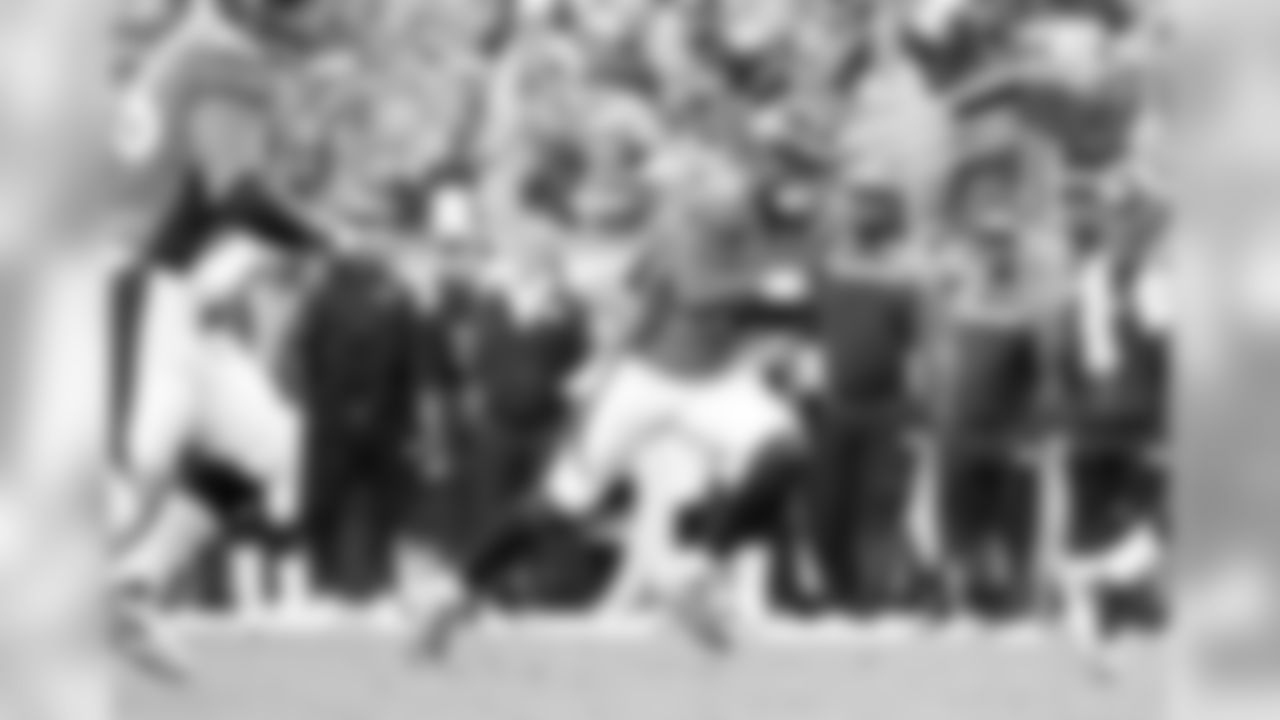
Oct. 27, 2013: W 45-21 vs. Washington
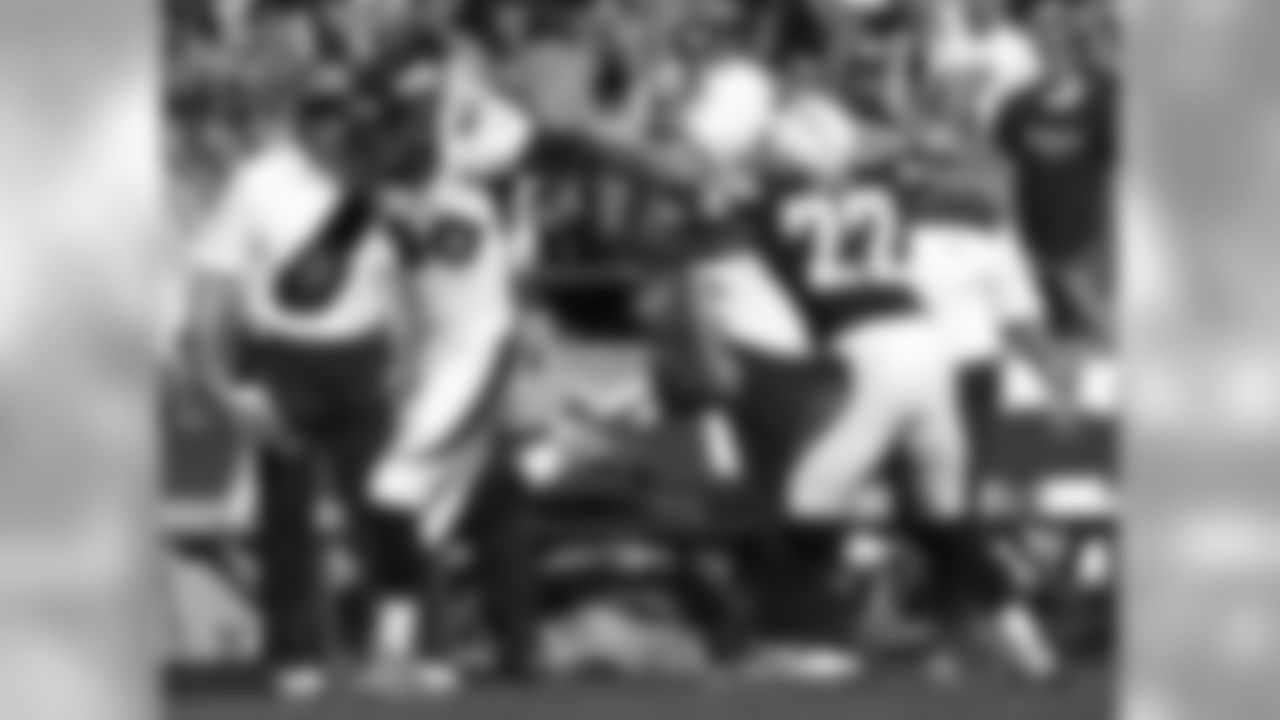
Nov. 10, 2013: W 28-20 vs. San Diego

Nov. 10, 2013: W 28-20 vs. San Diego

Nov. 10, 2013: W 28-20 vs. San Diego
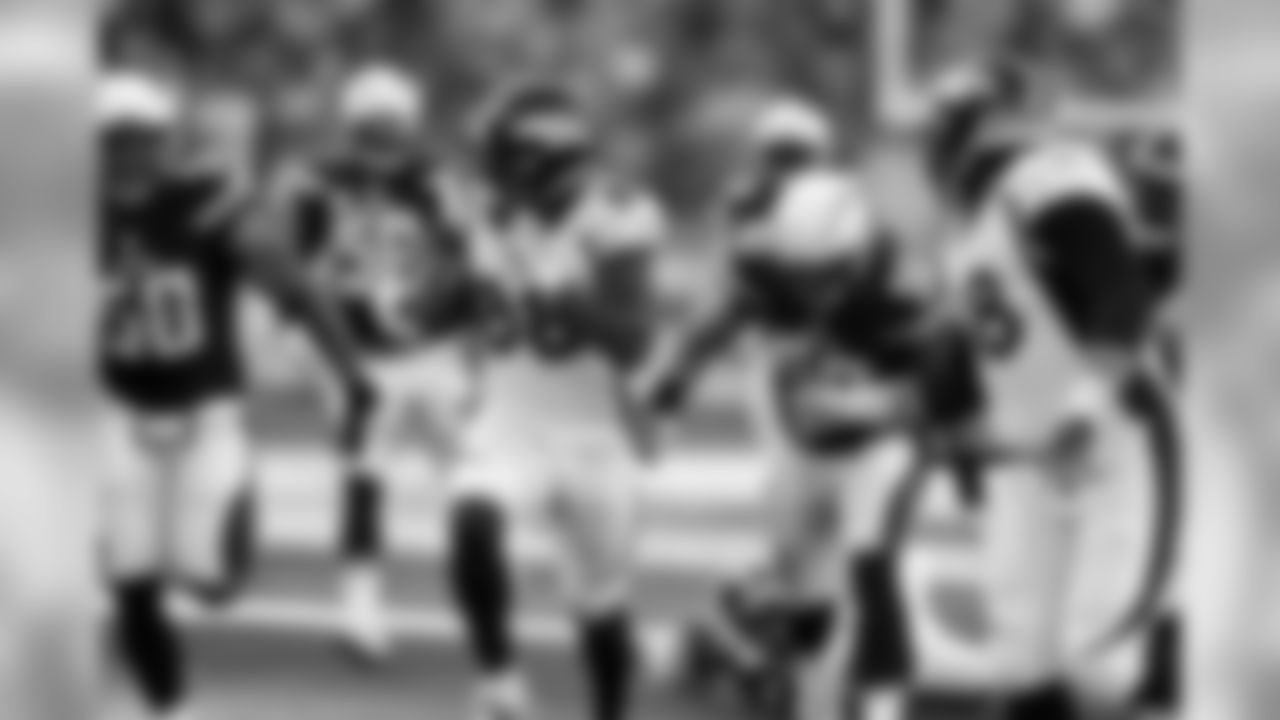
Nov. 10, 2013: W 28-20 vs. San Diego
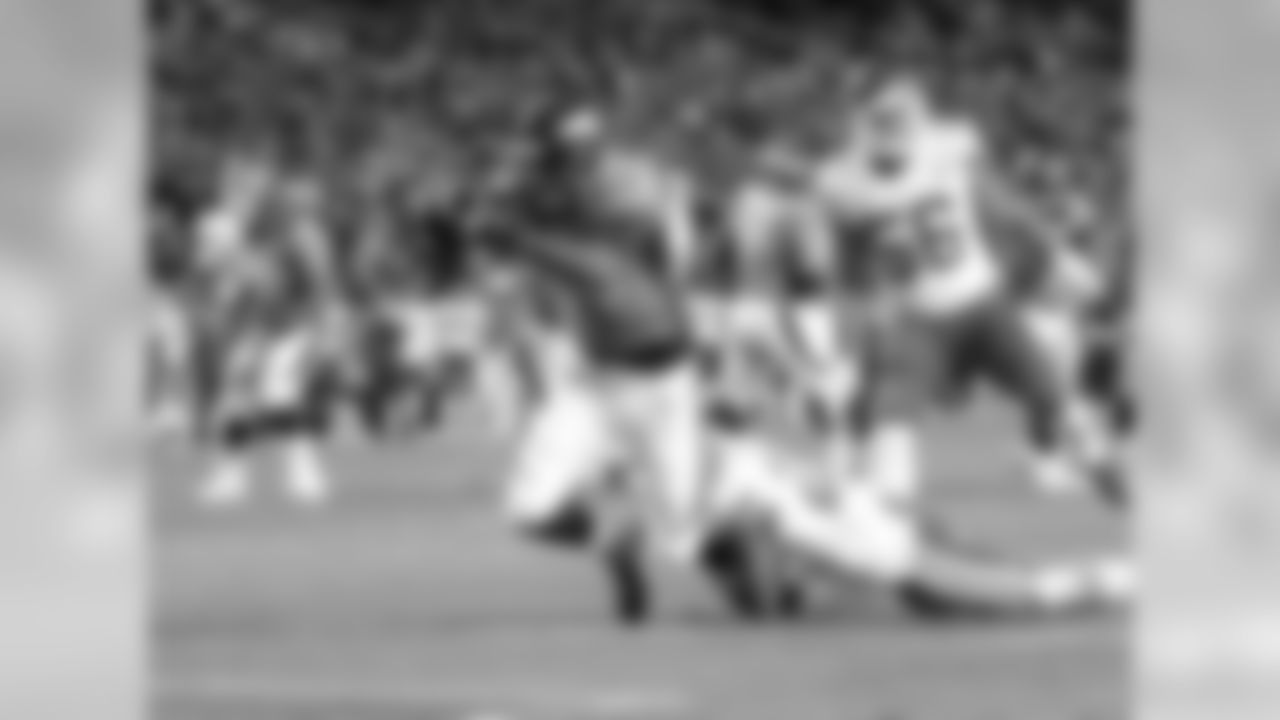
Nov. 17, 2013: W 27-17 vs. Kansas City

Nov. 24, 2013: L 34-31 vs. New England
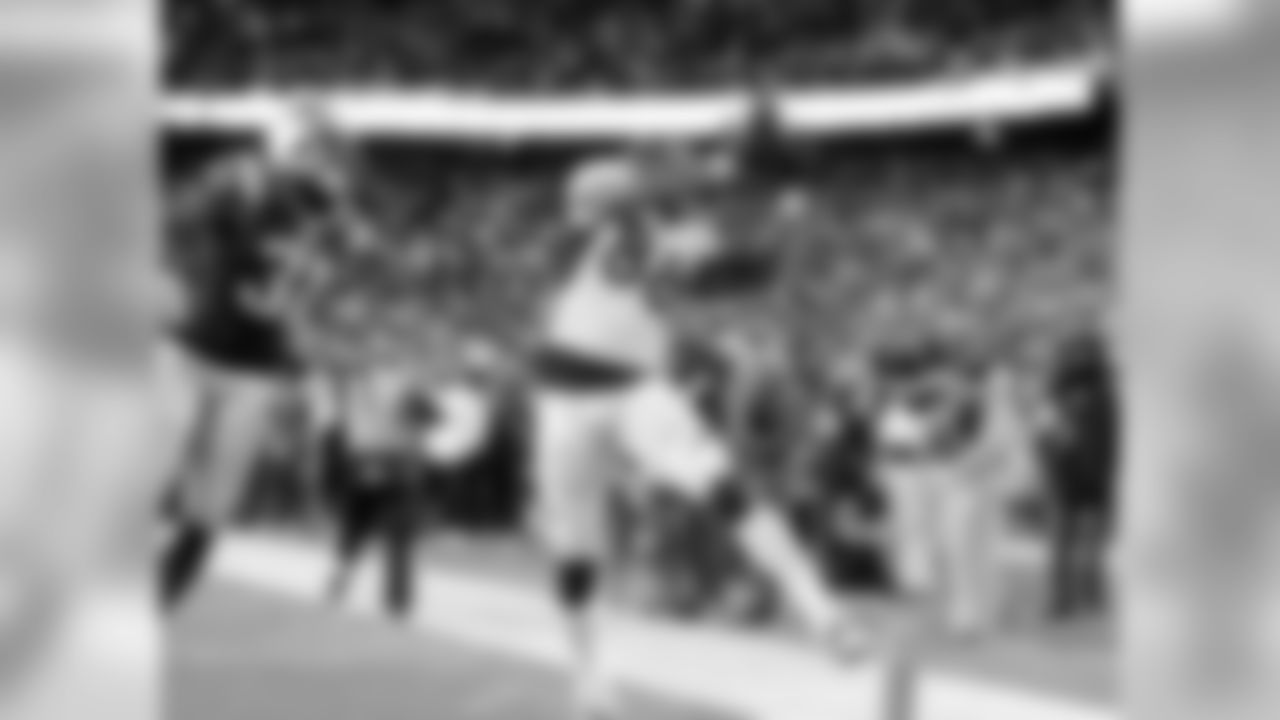
Nov. 24, 2013: L 34-31 vs. New England
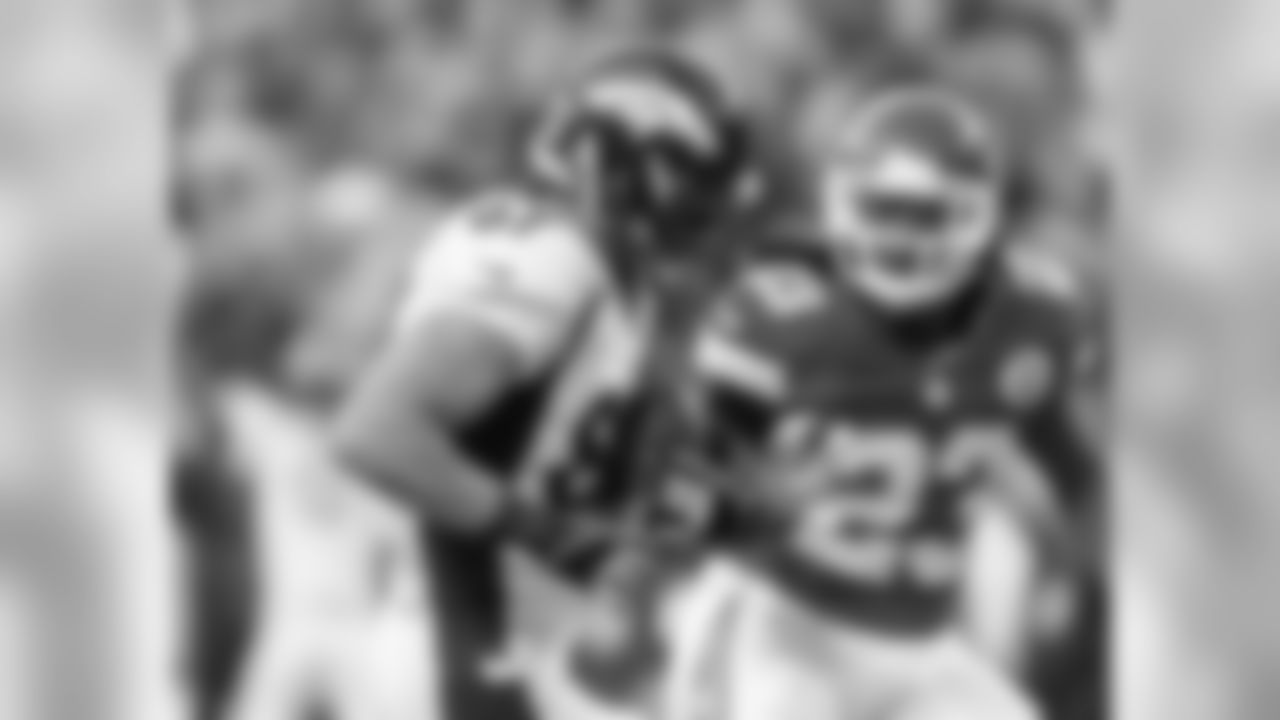
Dec. 1, 2013: W 35-28 vs. Kansas City

Dec. 1, 2013: W 35-28 vs. Kansas City
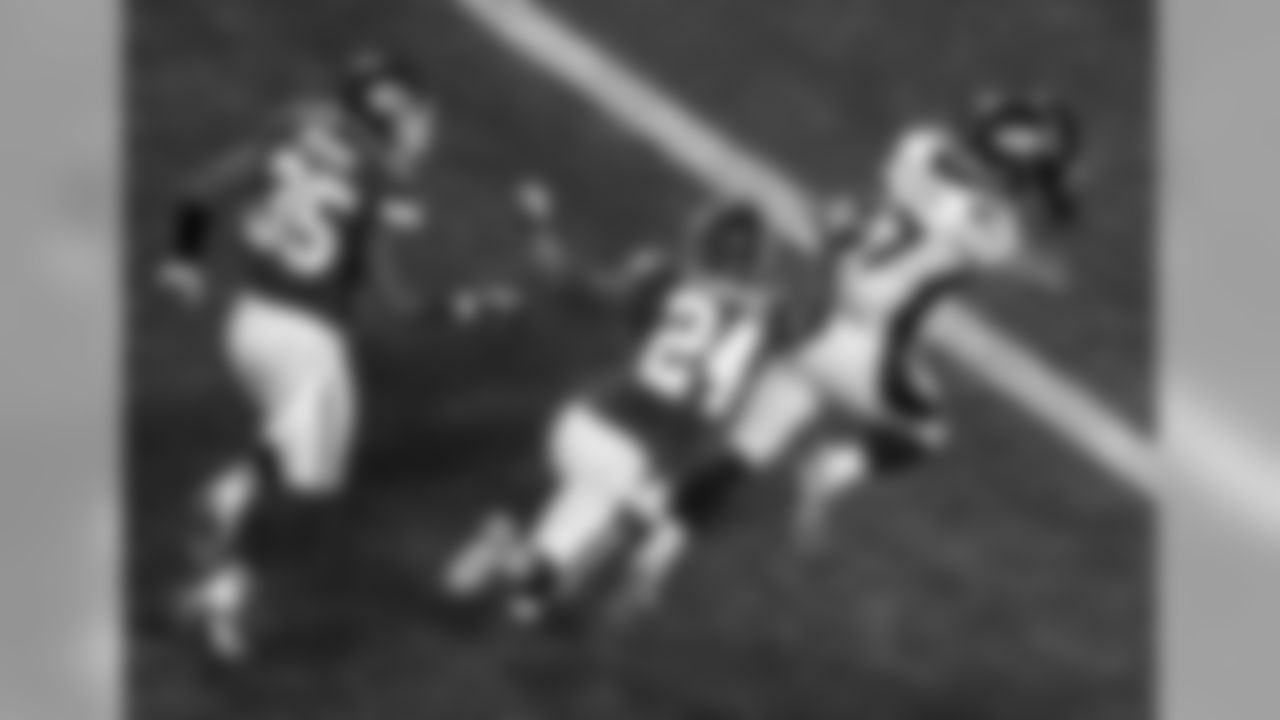
Dec. 1, 2013: W 35-28 vs. Kansas City
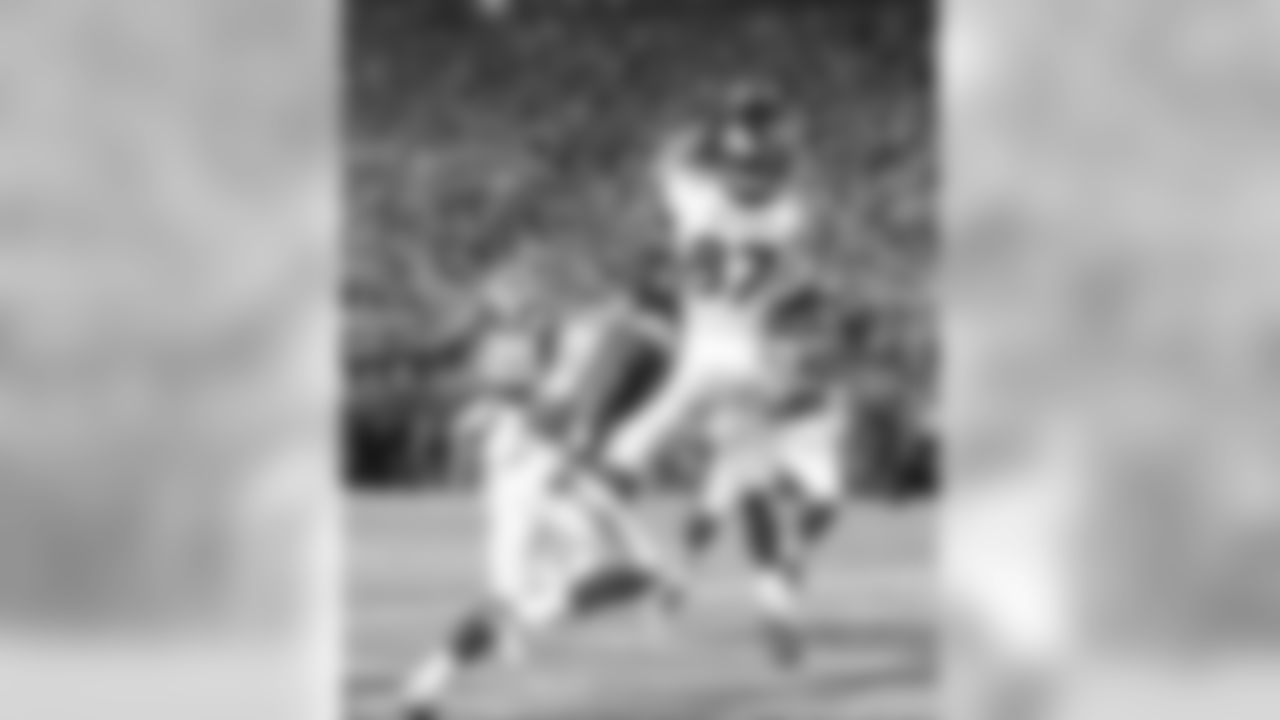
Dec. 1, 2013: W 35-28 vs. Kansas City
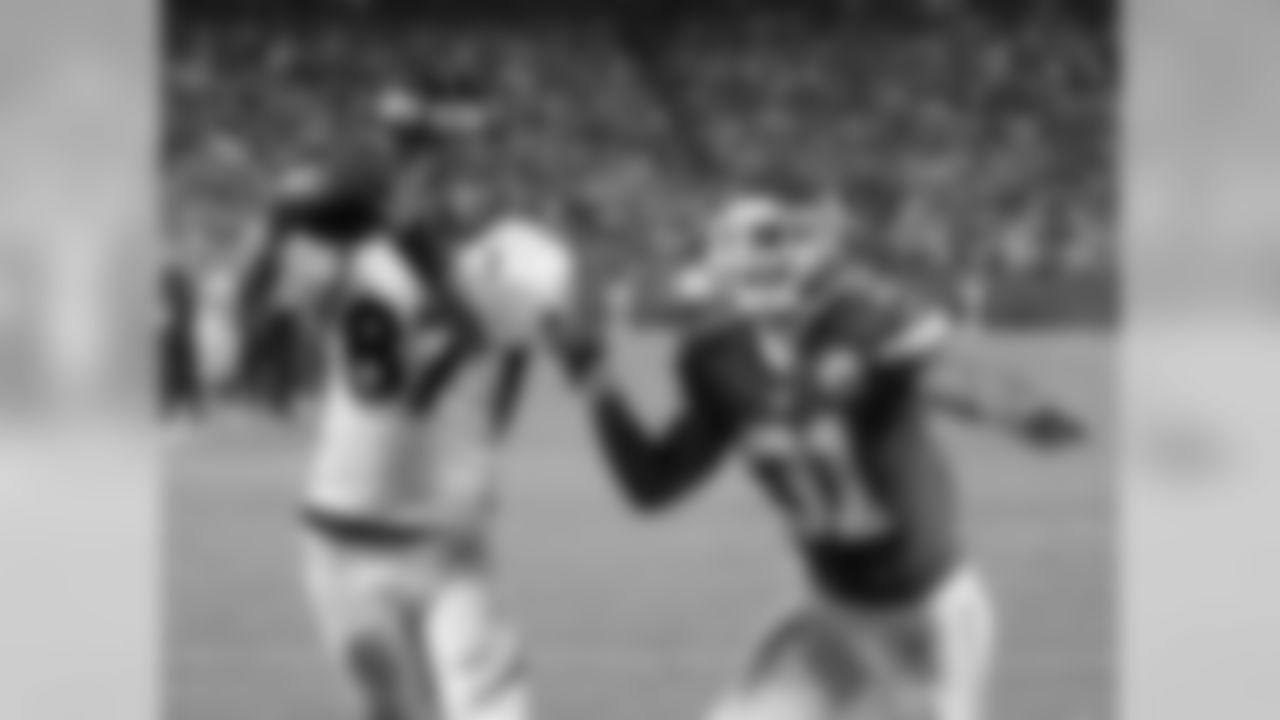
Dec. 1, 2013: W 35-28 vs. Kansas City

Dec. 8, 2013: W 51-28 vs. Tennessee
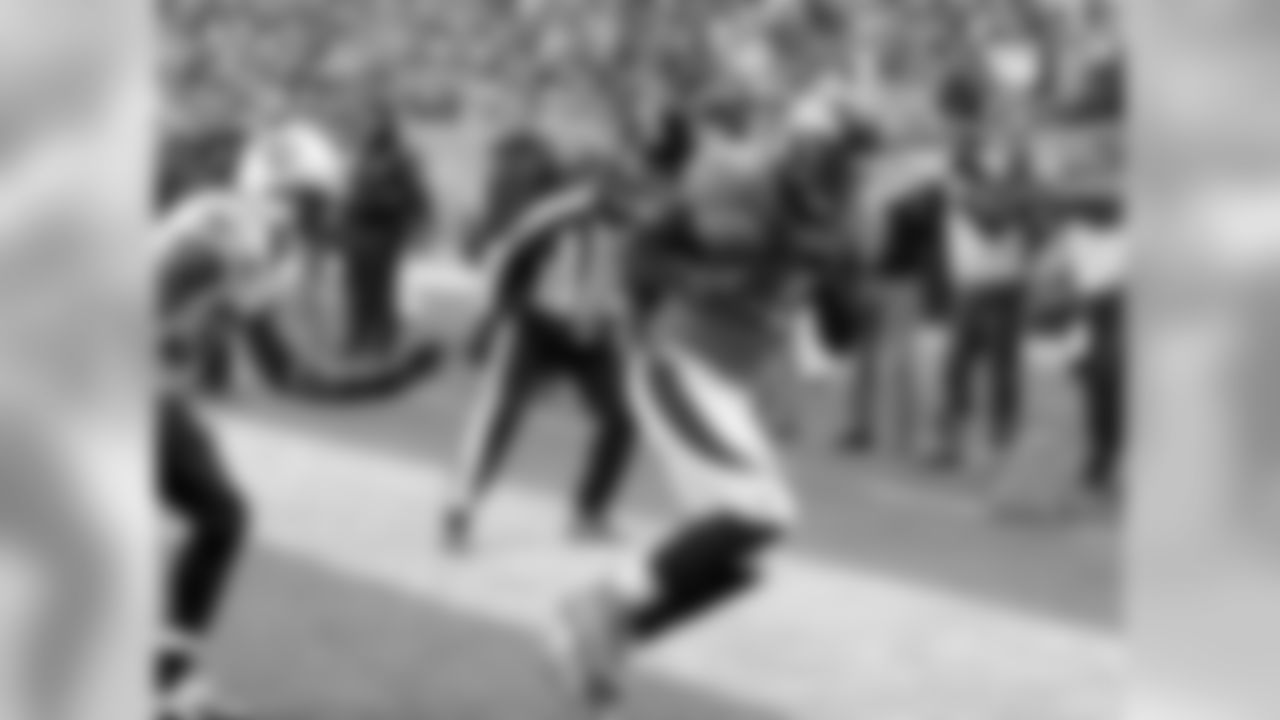
Dec. 8, 2013: W 51-28 vs. Tennessee

Dec. 8, 2013: W 51-28 vs. Tennessee

Dec. 8, 2013: W 51-28 vs. Tennessee
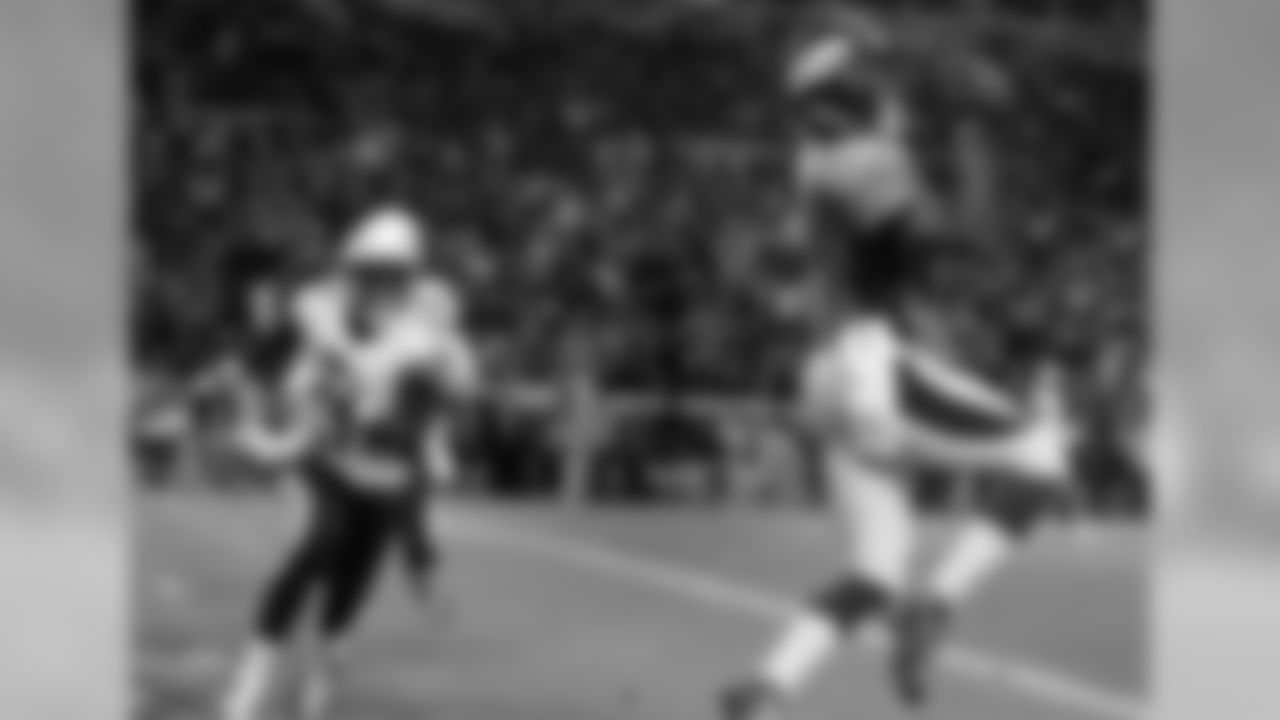
Dec. 12, 2013: L 27-20 vs. San Diego

Dec. 12, 2013: L 27-20 vs. San Diego
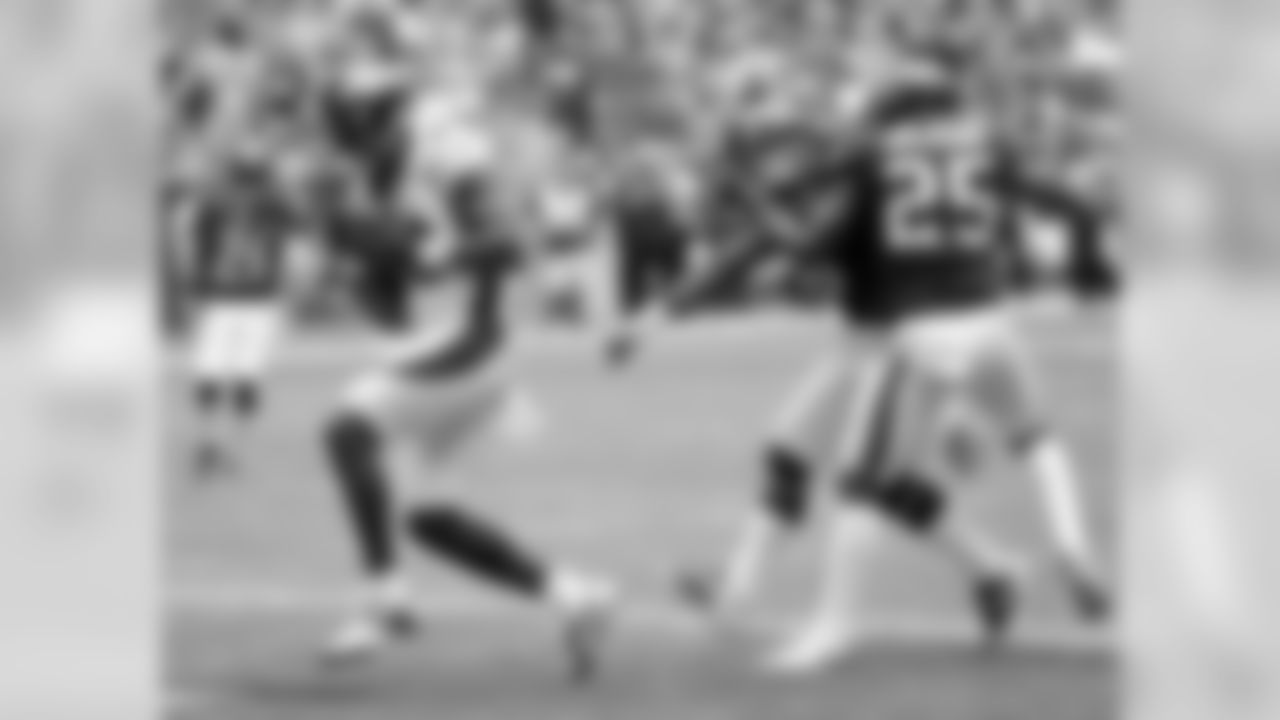
Dec. 22, 2013: W 37-13 vs. Houston
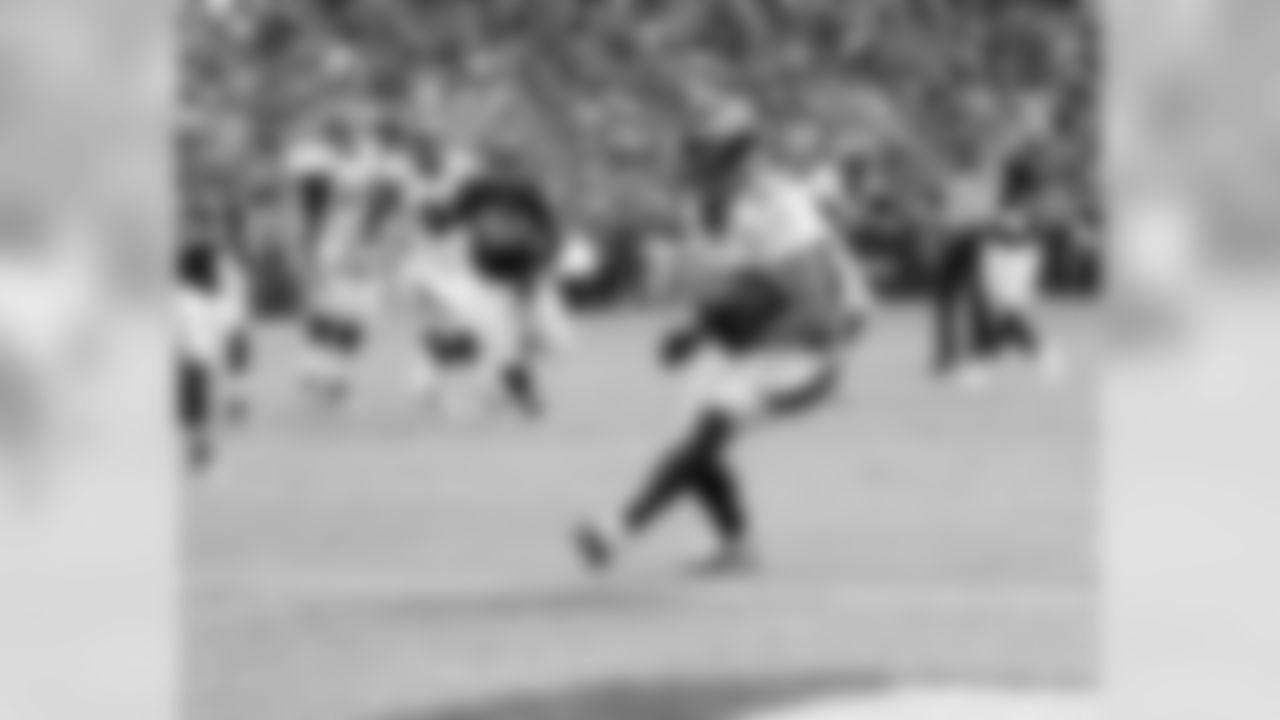
Dec. 22, 2013: W 37-13 vs. Houston

Dec. 22, 2013: W 37-13 vs. Houston

Dec. 22, 2013: W 37-13 vs. Houston

Dec. 29, 2013: W 34-14 vs. Oakland
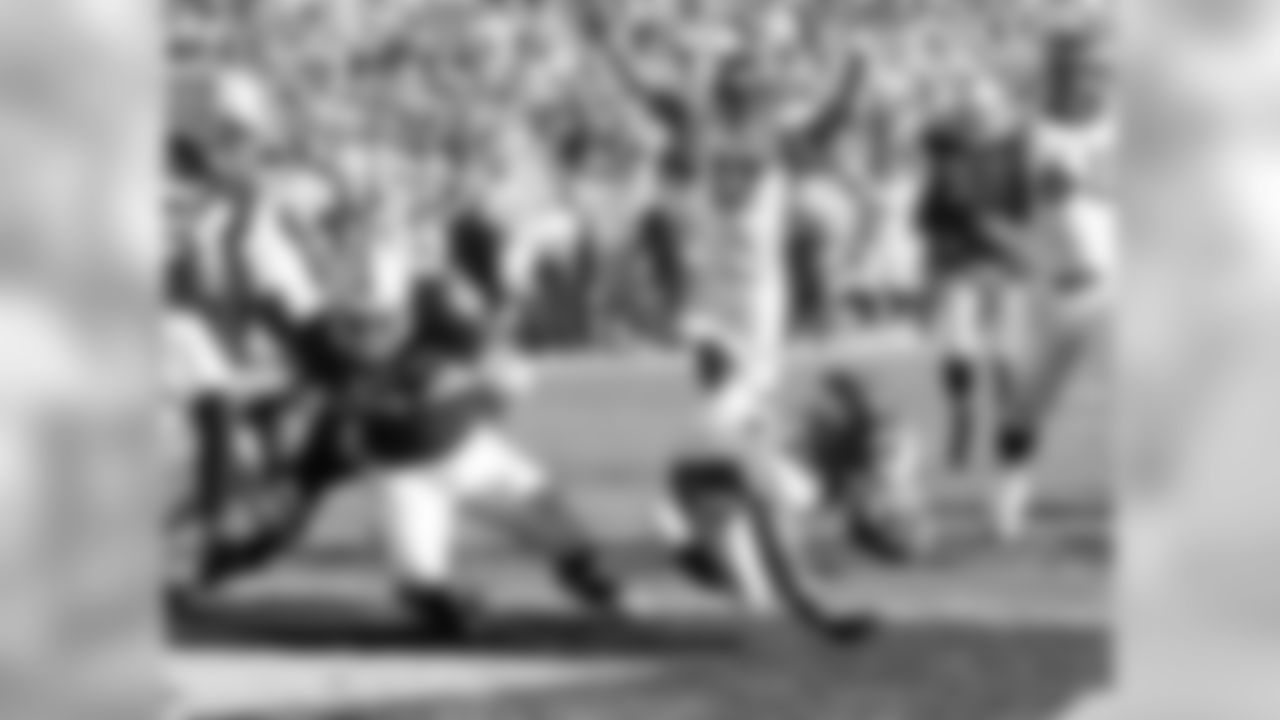
Dec. 29, 2013: W 34-14 vs. Oakland

Dec. 29, 2013: W 34-14 vs. Oakland
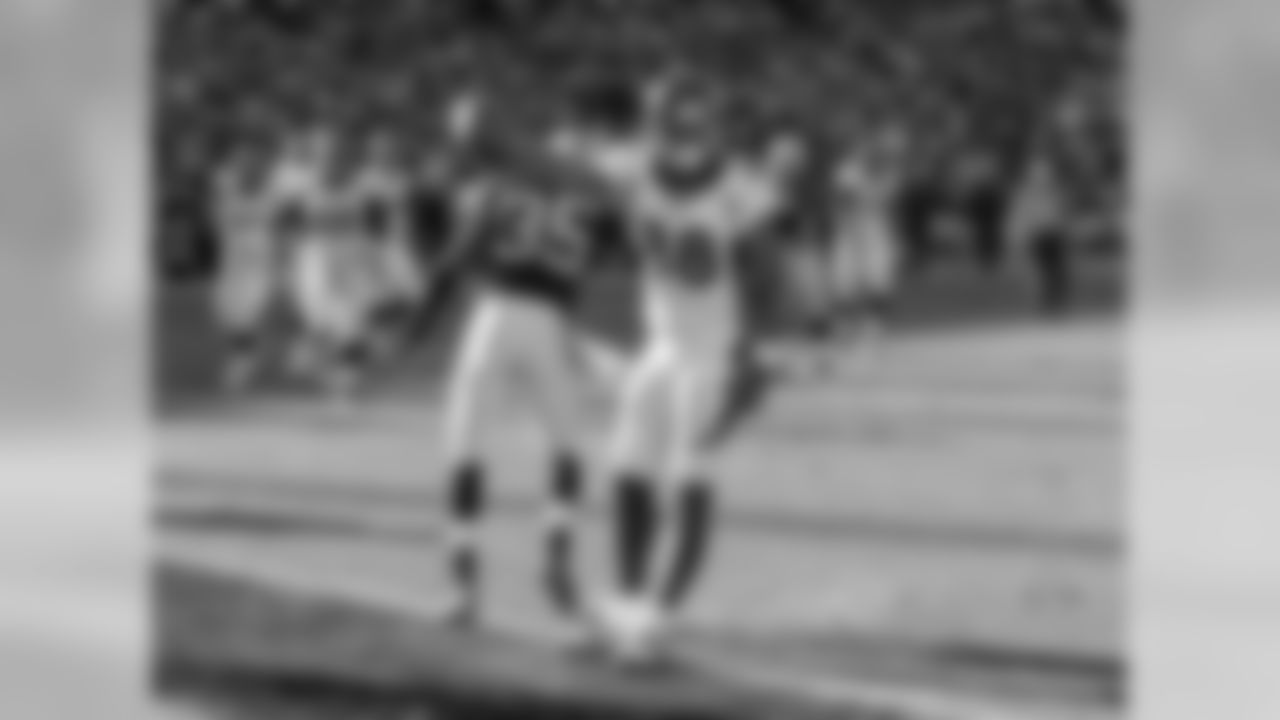
Dec. 29, 2013: W 34-14 vs. Oakland
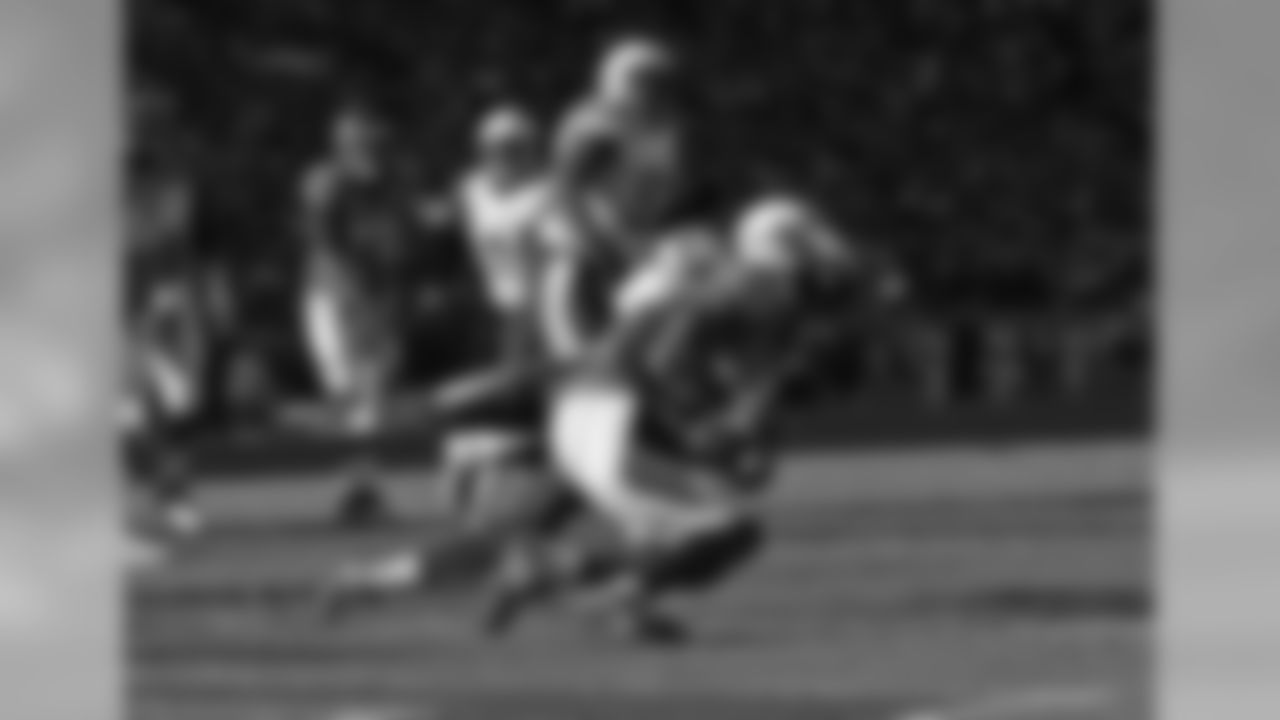
Jan. 12, 2014: W 24-17 vs. San Diego

Jan. 12, 2014: W 24-17 vs. San Diego
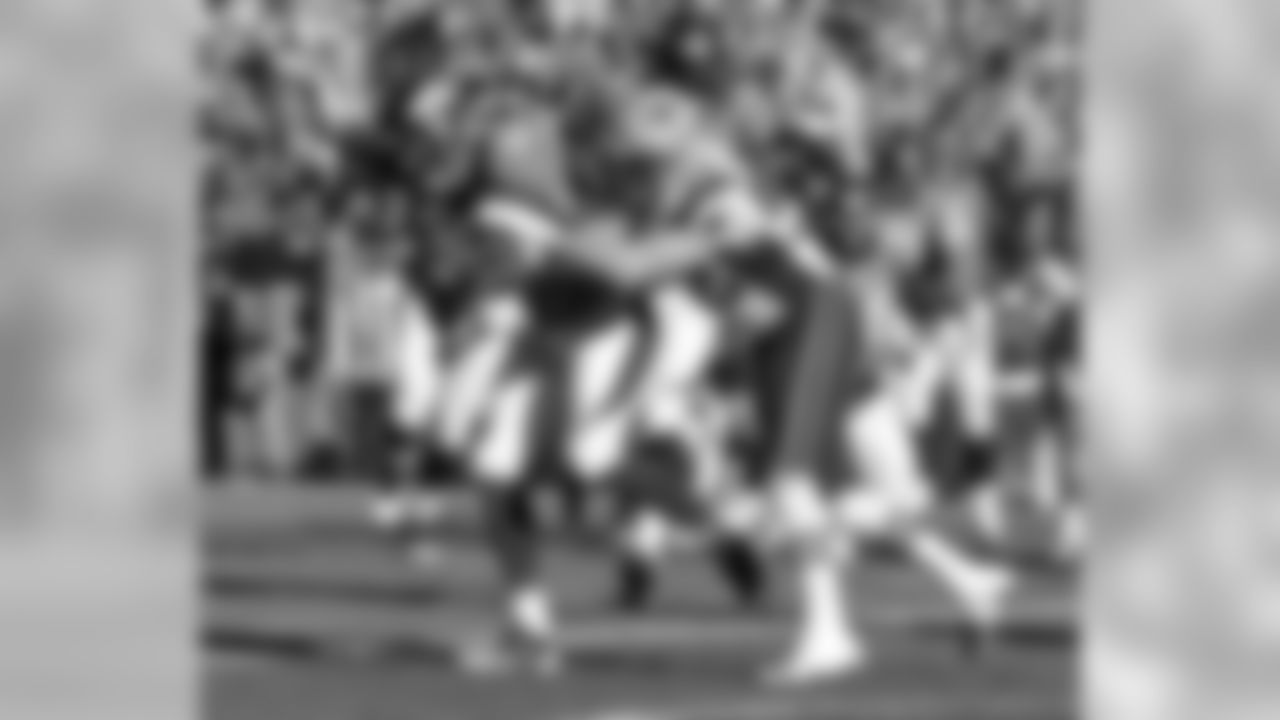
Jan. 19, 2014: W 26-16 vs. New England

Jan. 19, 2014: W 26-16 vs. New England

Feb. 2, 2014: L 43-8 vs. Seattle

Sept. 7, 2014: W 31-24 vs. Indianapolis
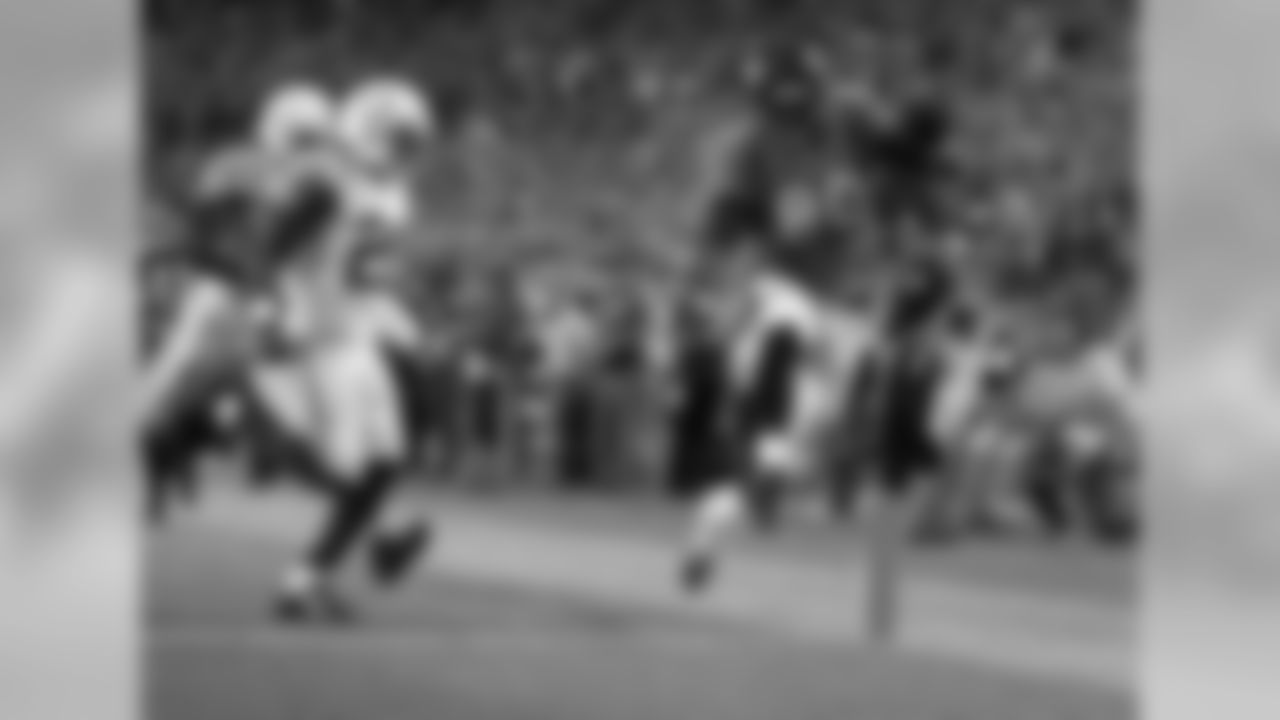
Sept. 7, 2014: W 31-24 vs. Indianapolis
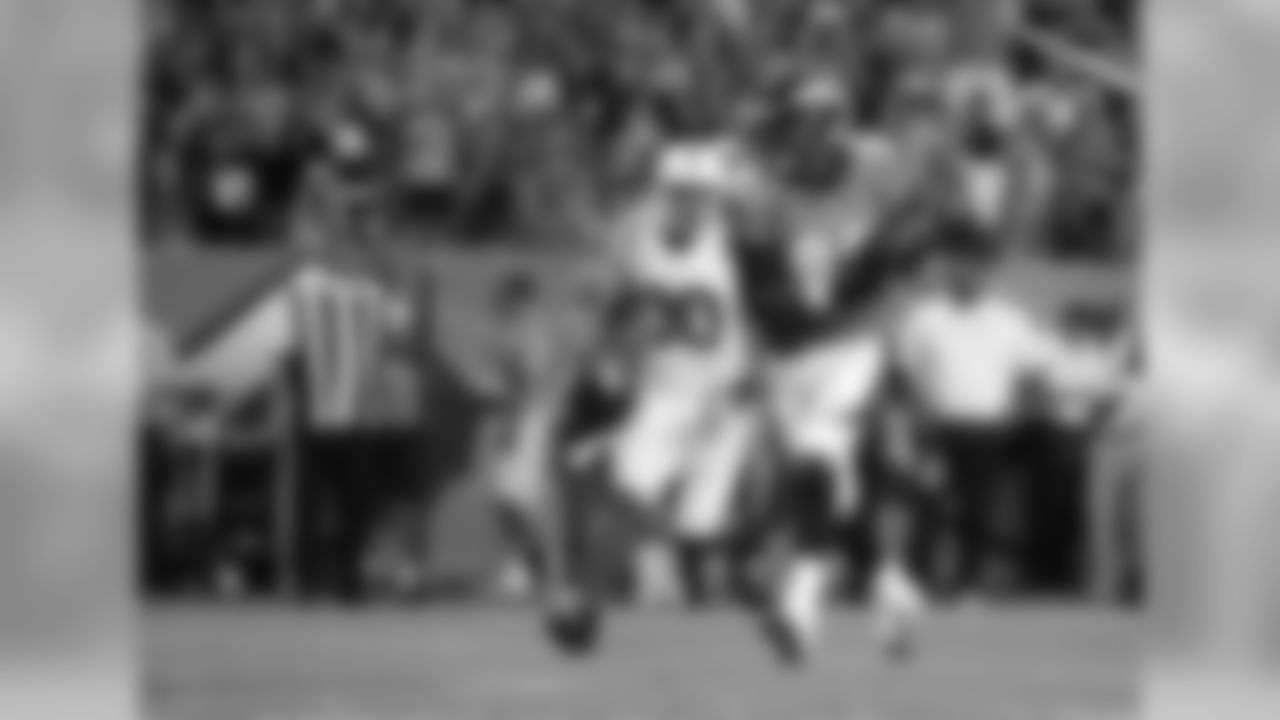
Sept. 7, 2014: W 31-24 vs. Indianapolis
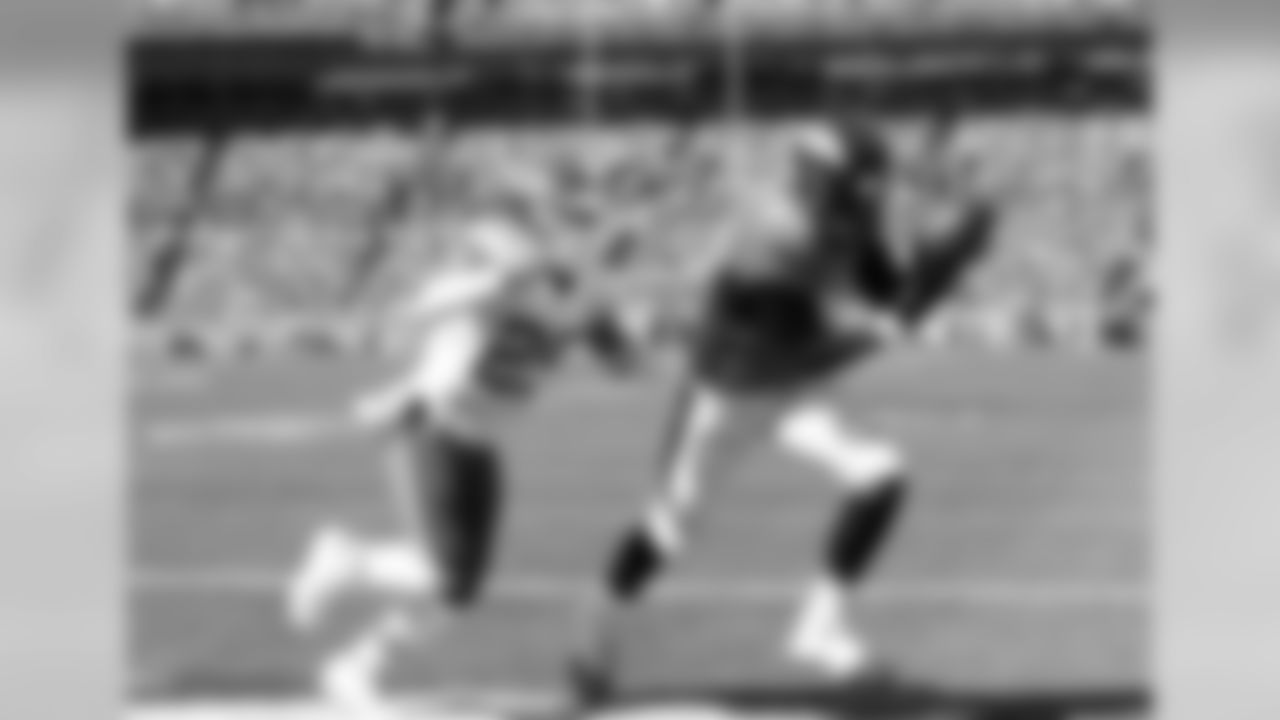
Sept. 14, 2014: W 24-17 vs. Kansas City

Sept. 14, 2014: W 24-17 vs. Kansas City

Sept. 14, 2014: W 24-17 vs. Kansas City
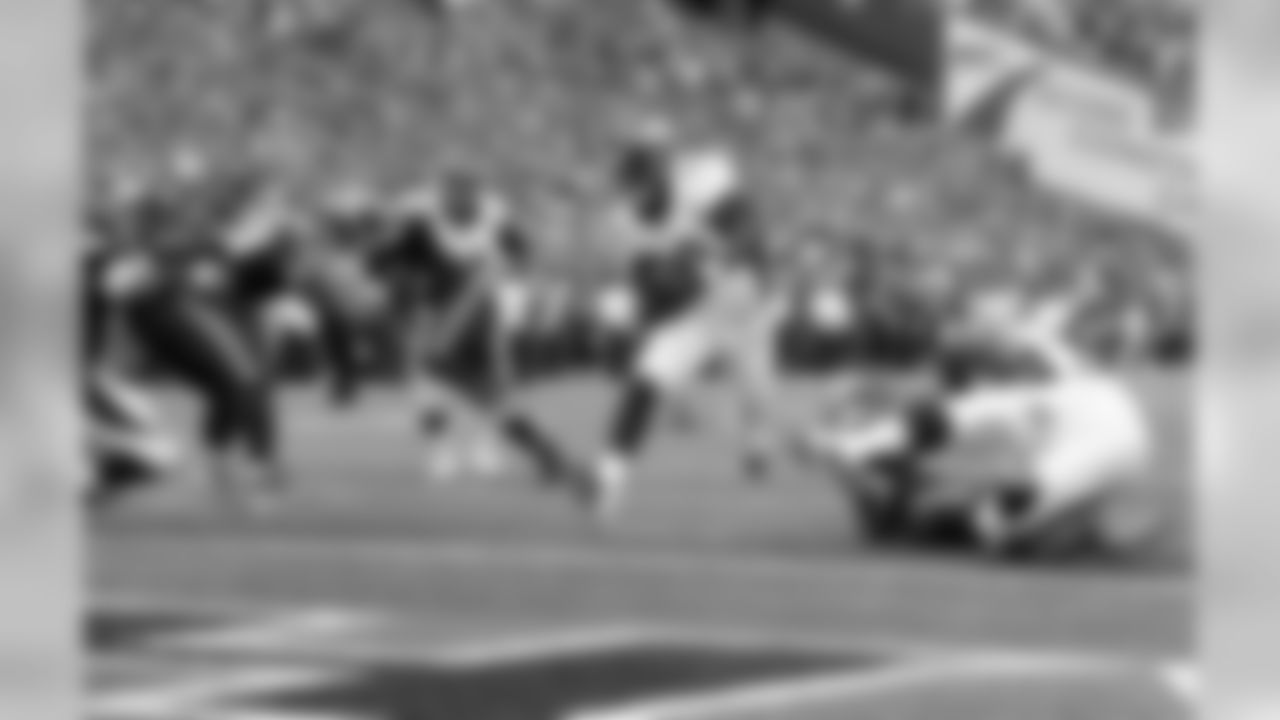
Sept. 21, 2014: L 26-20 vs. Seattle
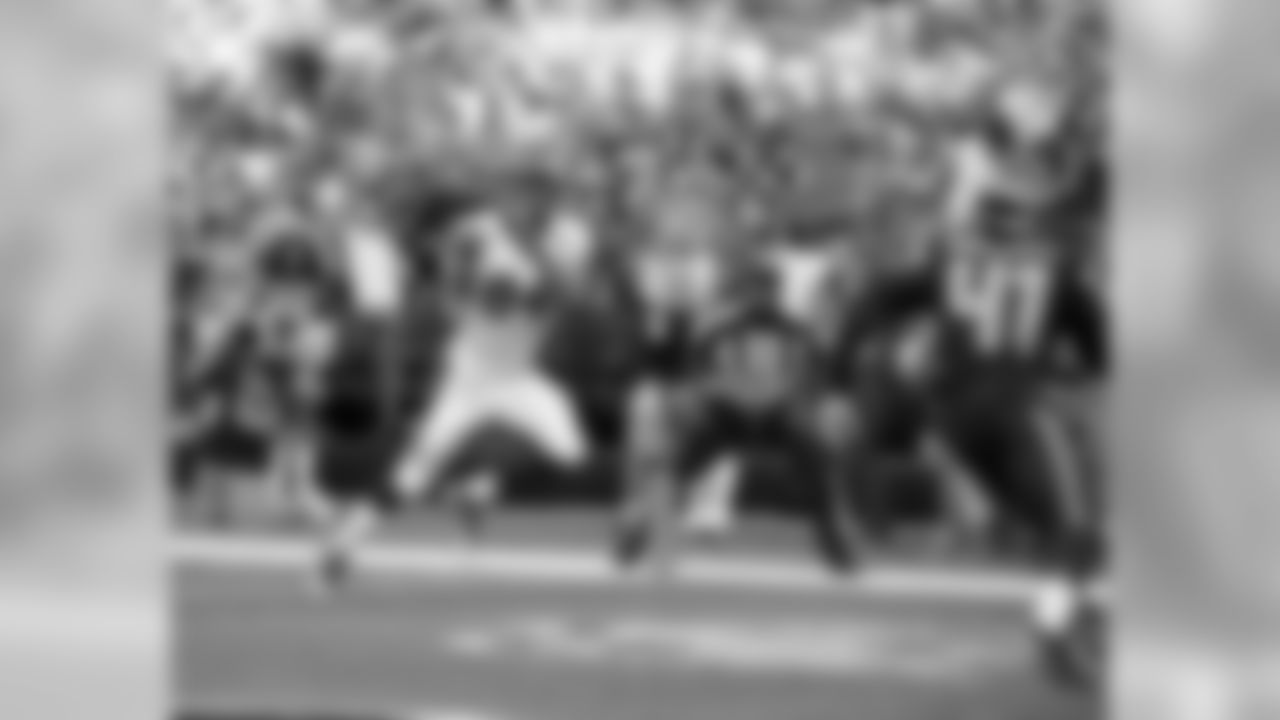
Sept. 21, 2014: L 26-20 vs. Seattle

Oct. 5, 2014: W 41-20 vs. Arizona

Oct. 5, 2014: W 41-20 vs. Arizona

Oct. 5, 2014: W 41-20 vs. Arizona

Oct. 5, 2014: W 41-20 vs. Arizona
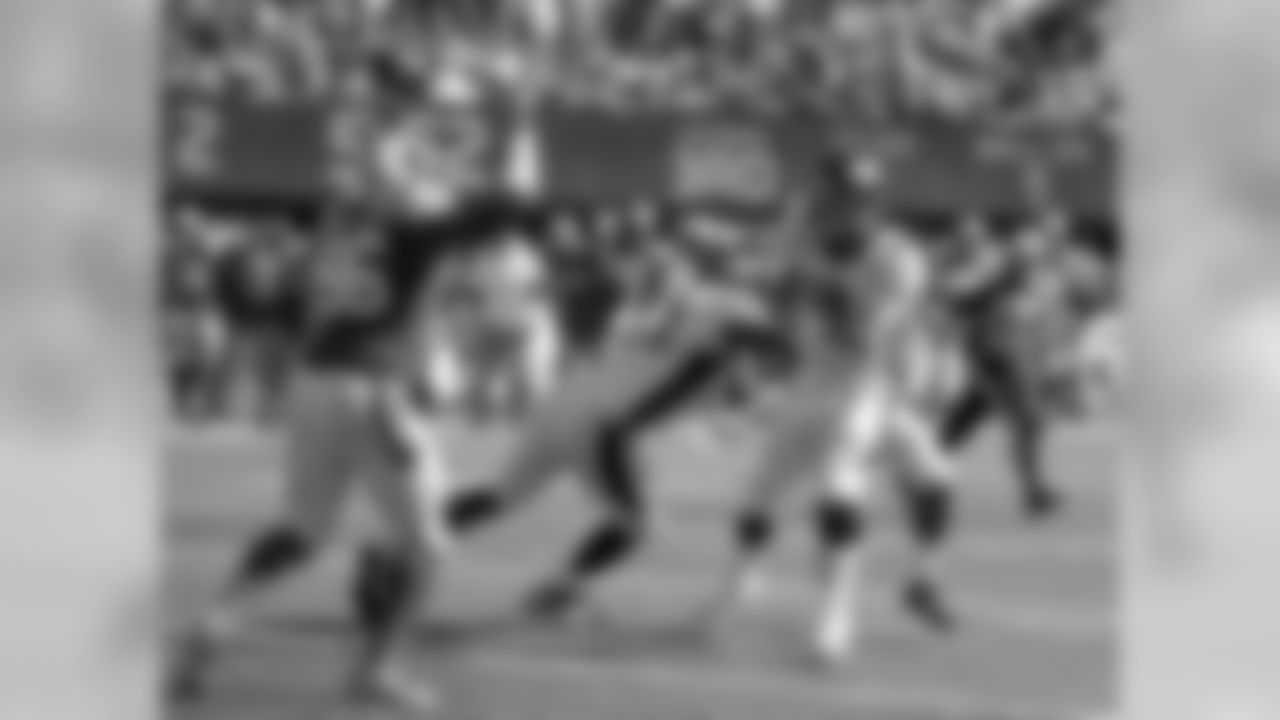
Oct. 12, 2014: W 31-17 vs. New York Jets

Oct. 12, 2014: W 31-17 vs. New York Jets
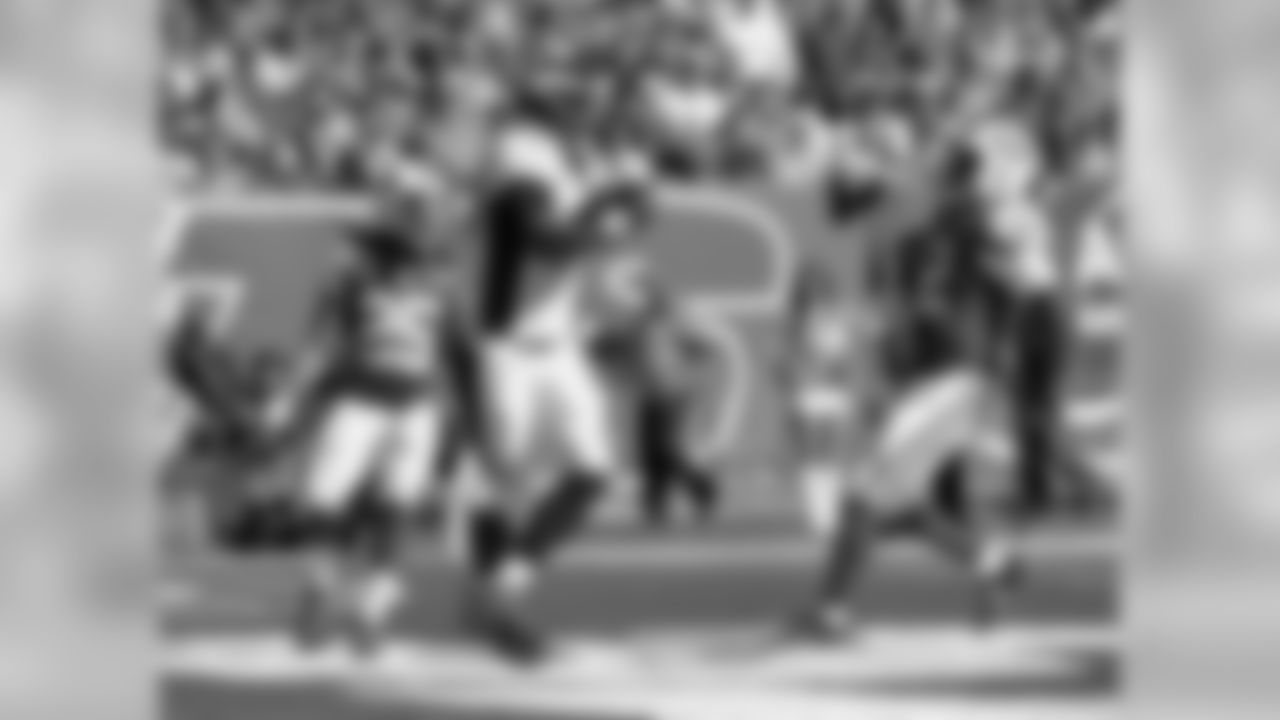
Oct. 12, 2014: W 31-17 vs. New York Jets

Oct. 19, 2014: W 42-17 vs. San Francisco

Oct. 19, 2014: W 42-17 vs. San Francisco
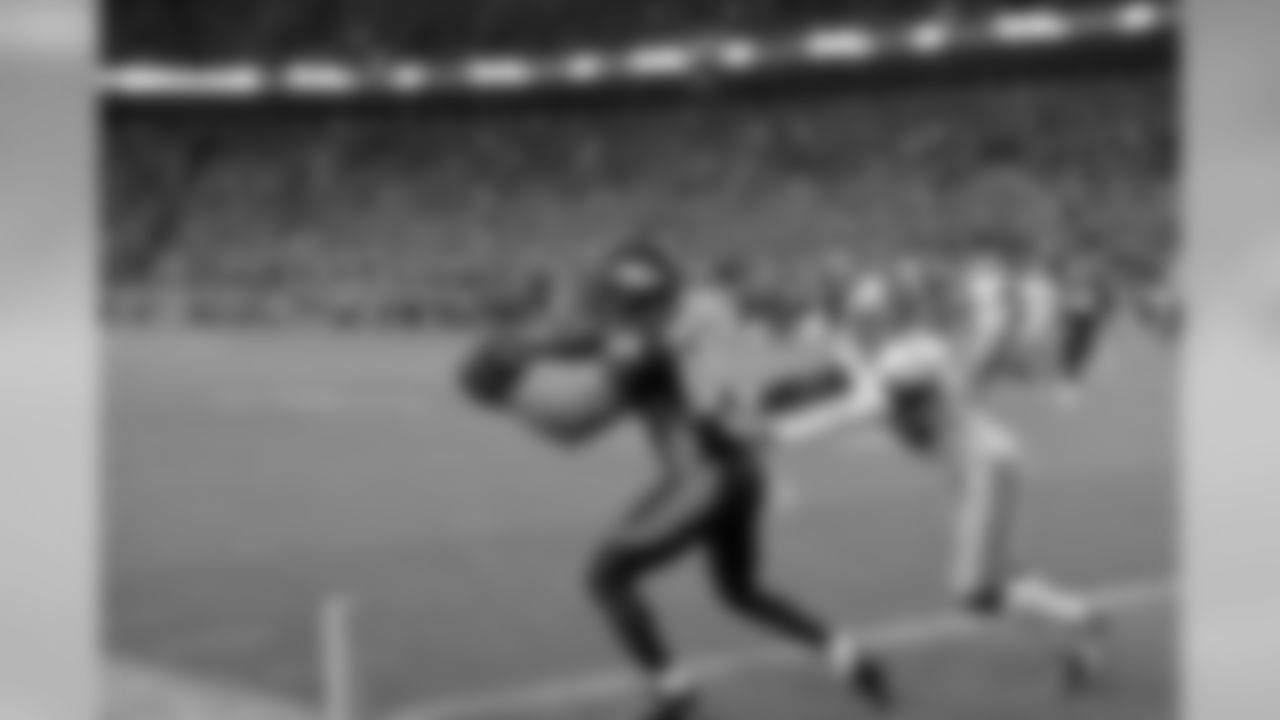
Oct. 19, 2014: W 42-17 vs. San Francisco
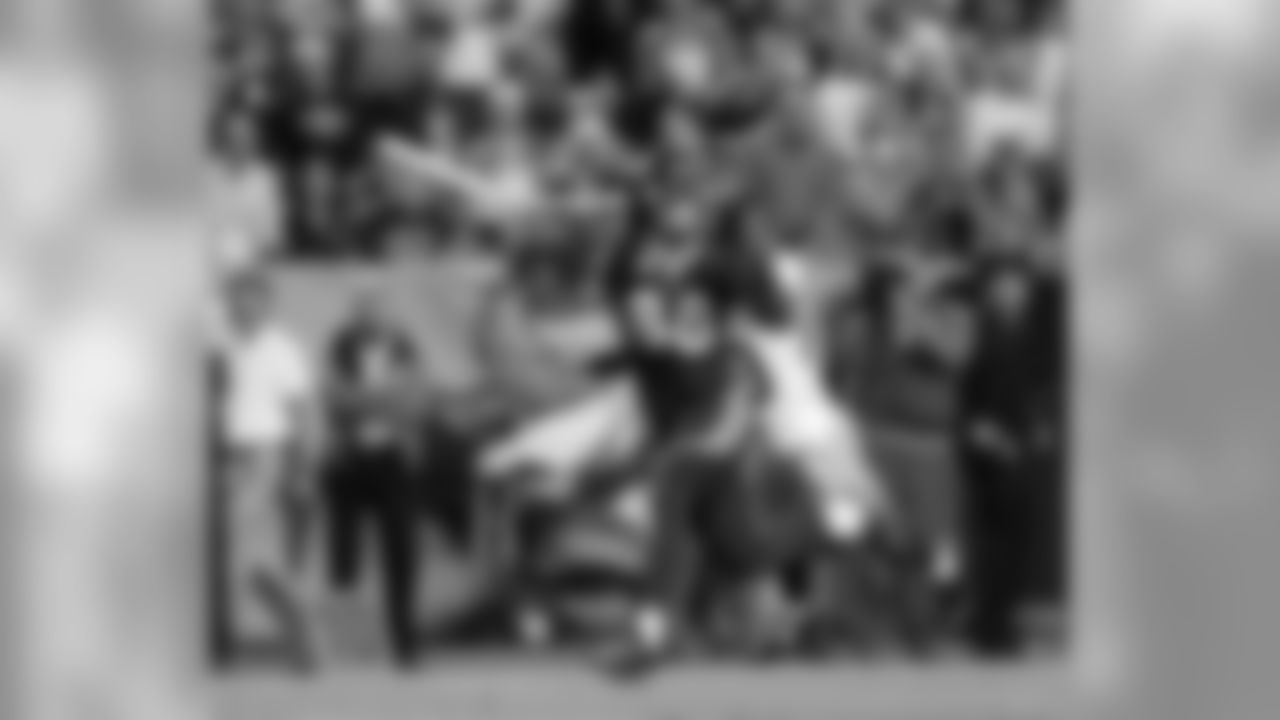
Oct. 19, 2014: W 42-17 vs. San Francisco

Oct. 23, 2014: W 35-21 vs. San Diego
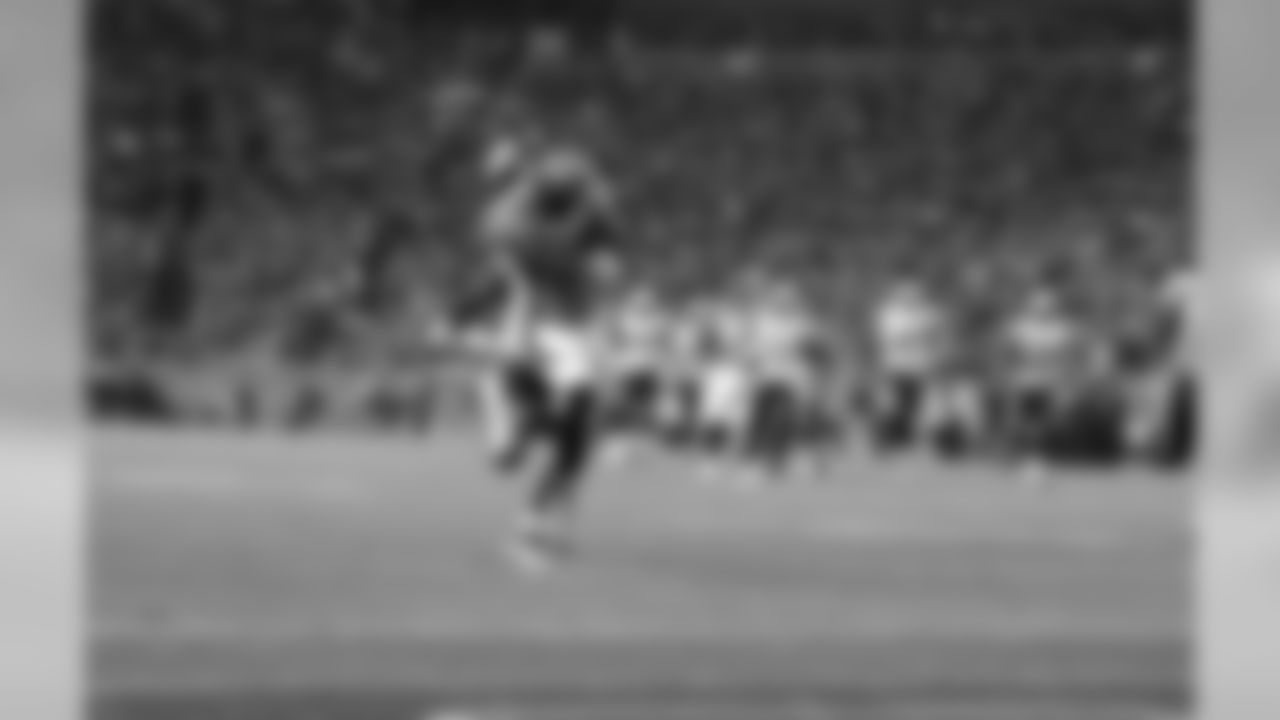
Oct. 23, 2014: W 35-21 vs. San Diego
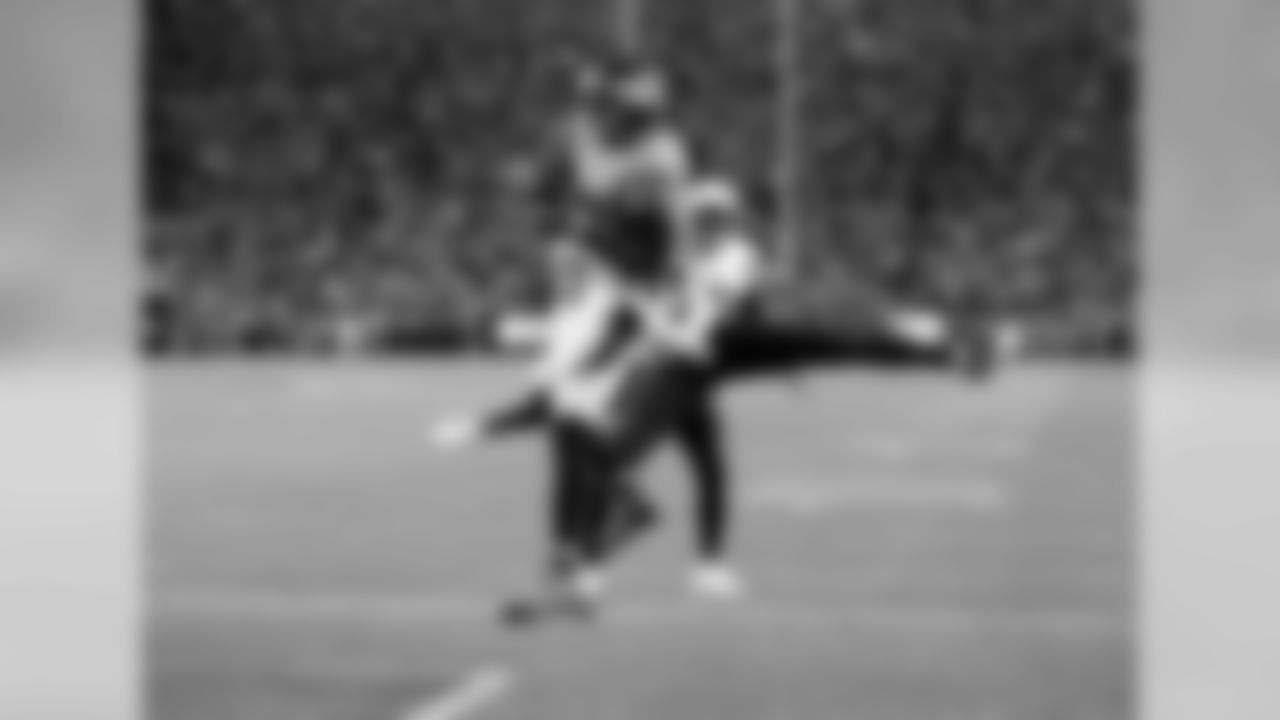
Oct. 23, 2014: W 35-21 vs. San Diego
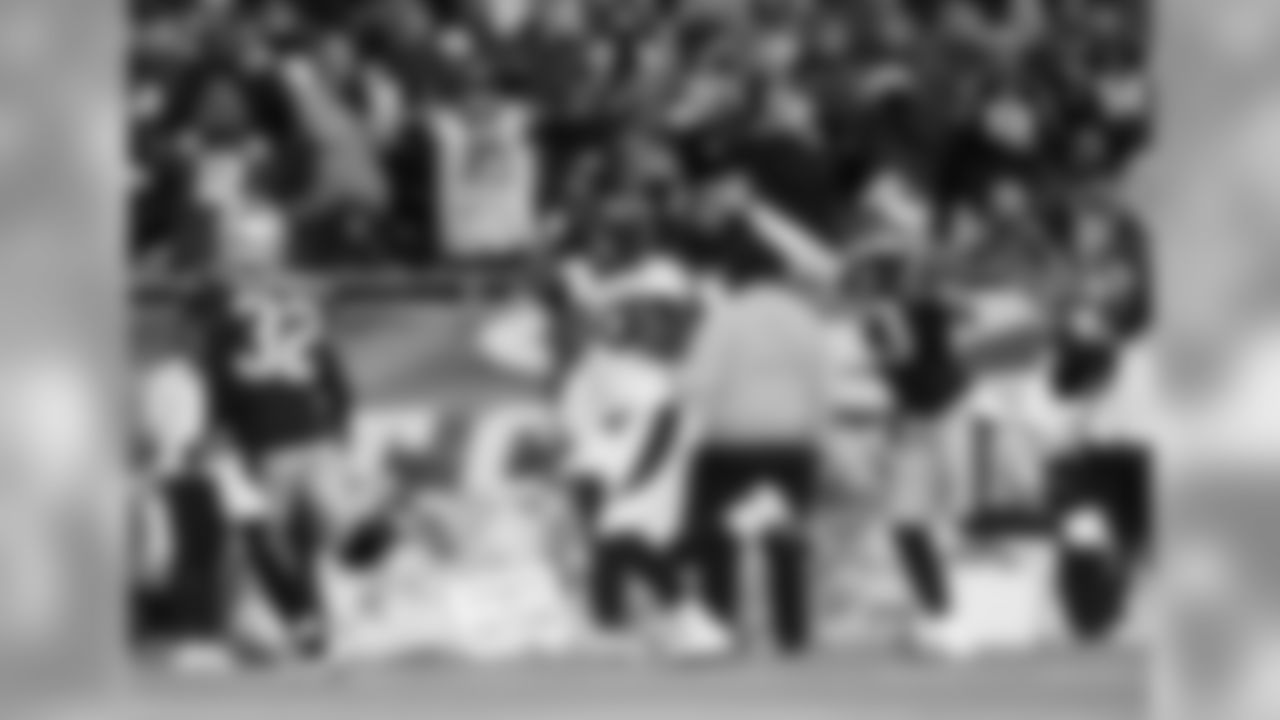
Nov. 2, 2014: L 43-21 vs. New England
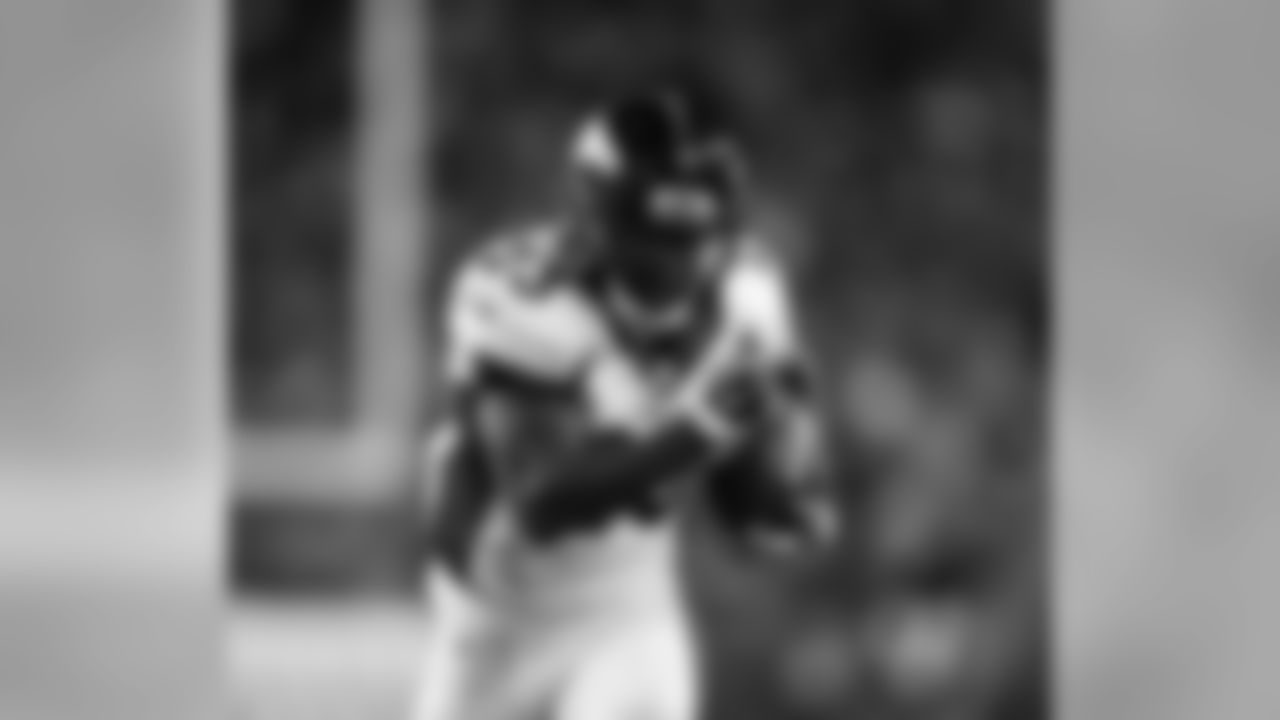
Nov. 2, 2014: L 43-21 vs. New England
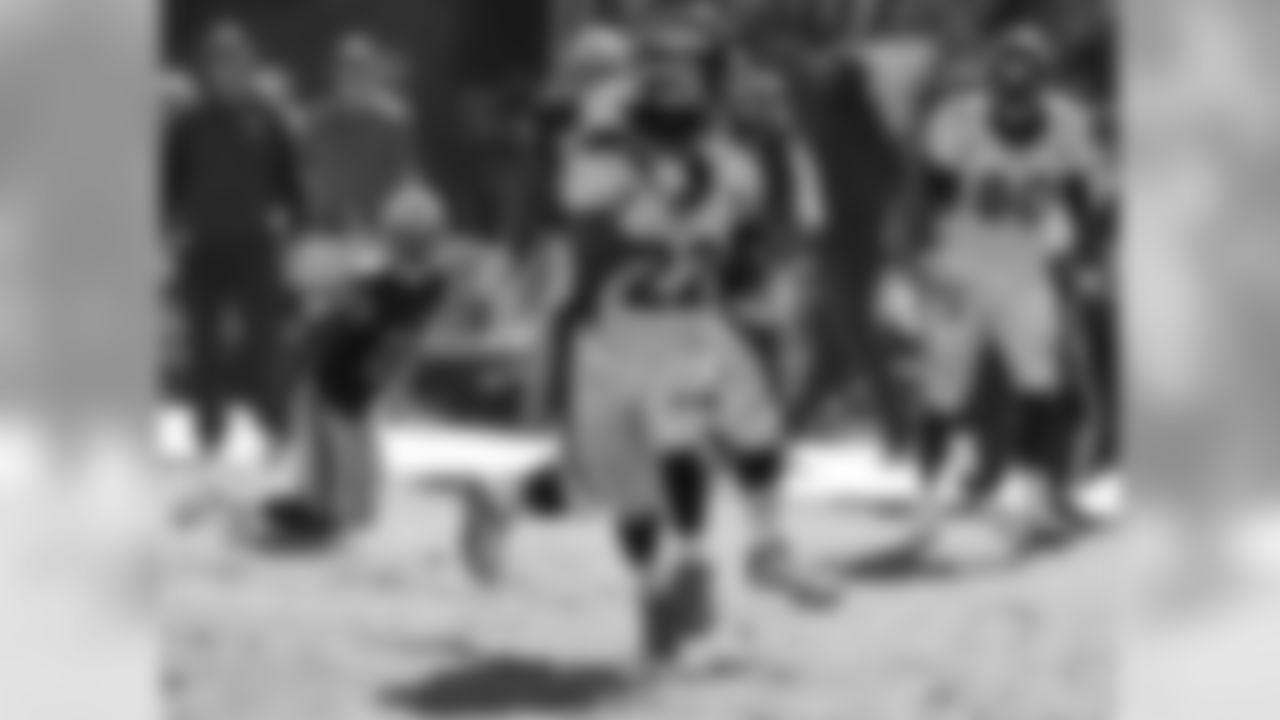
Nov. 9, 2014: W 41-17 vs. Oakland

Nov. 9, 2014: W 41-17 vs. Oakland
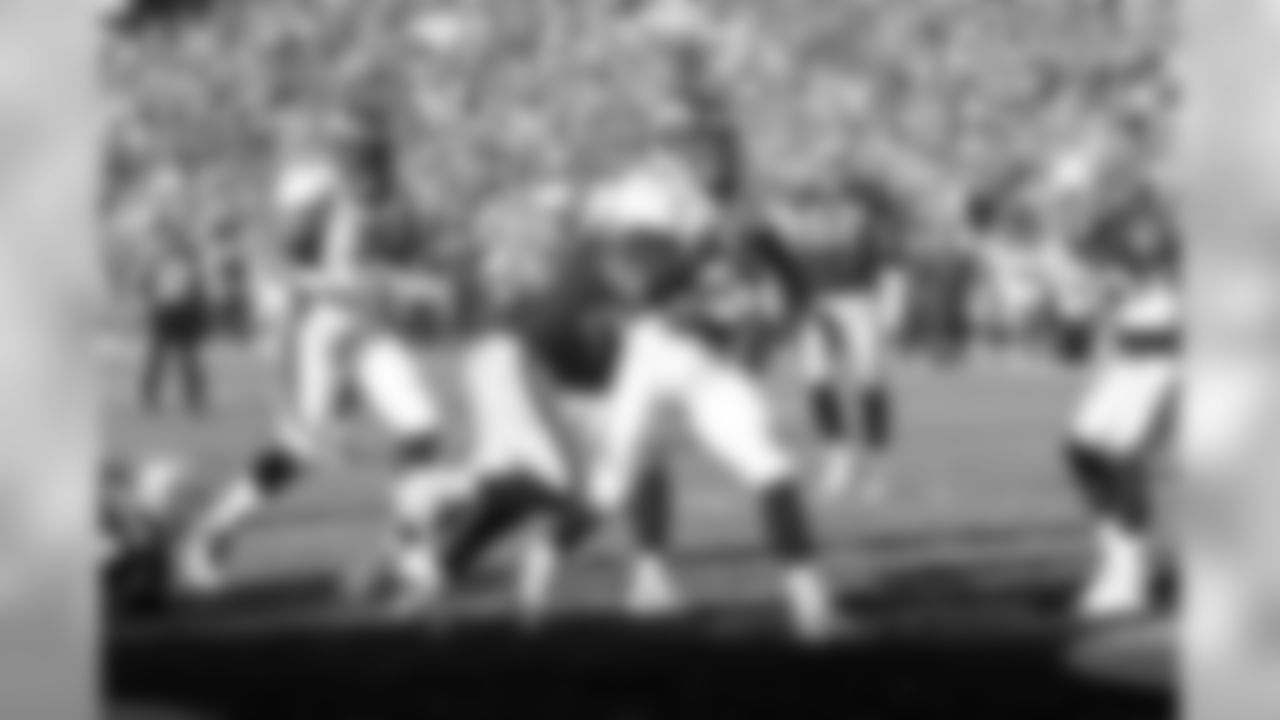
Nov. 9, 2014: W 41-17 vs. Oakland
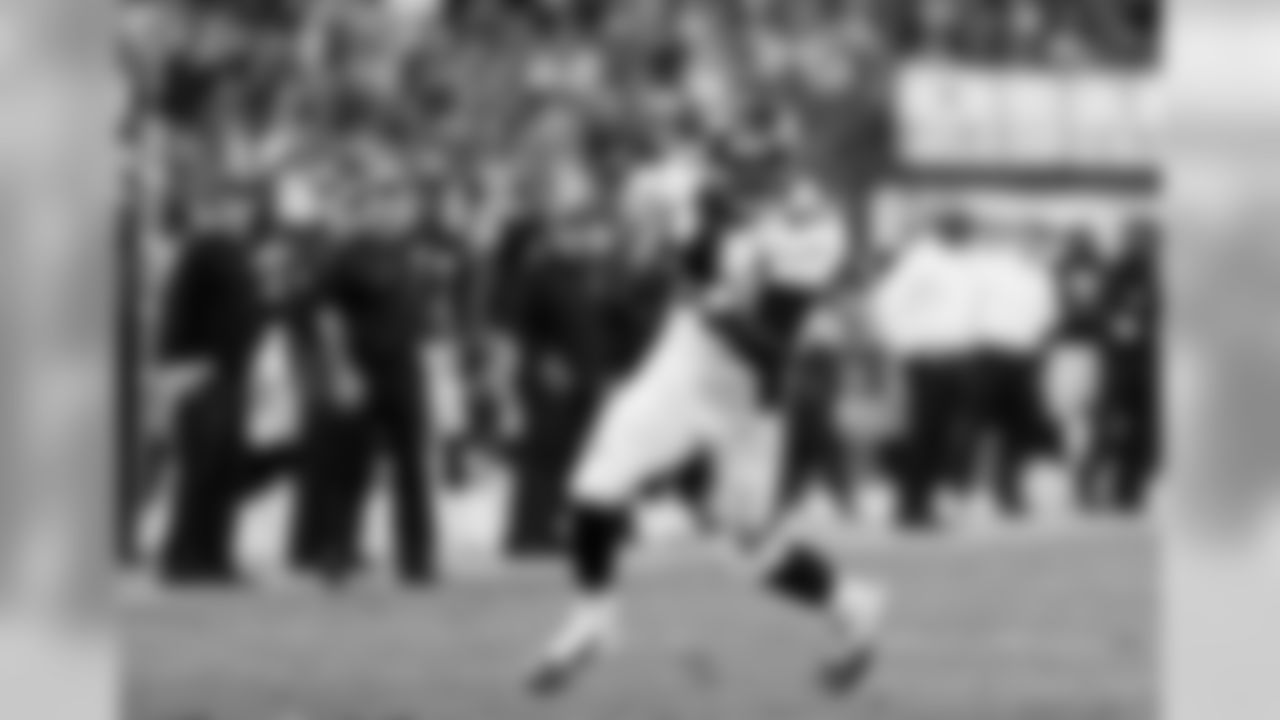
Nov. 9, 2014: W 41-17 vs. Oakland
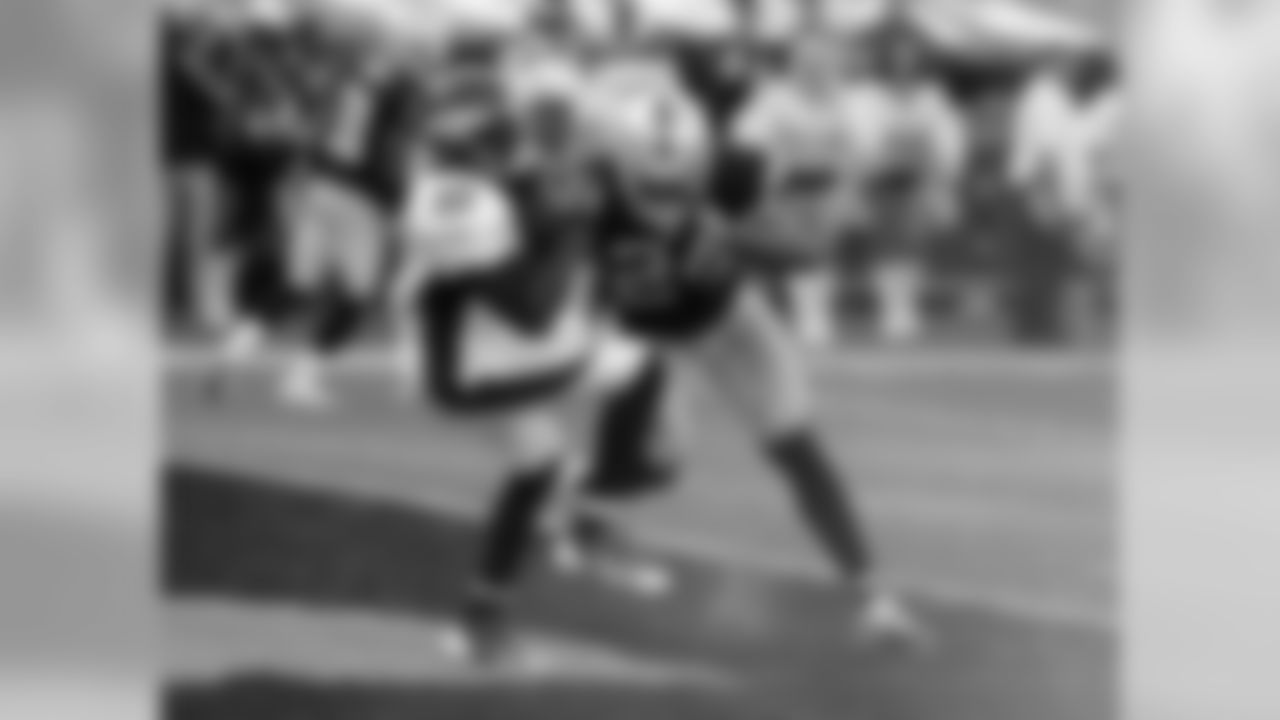
Nov. 9, 2014: W 41-17 vs. Oakland

Nov. 16, 2014: L 22-7 vs. St. Louis
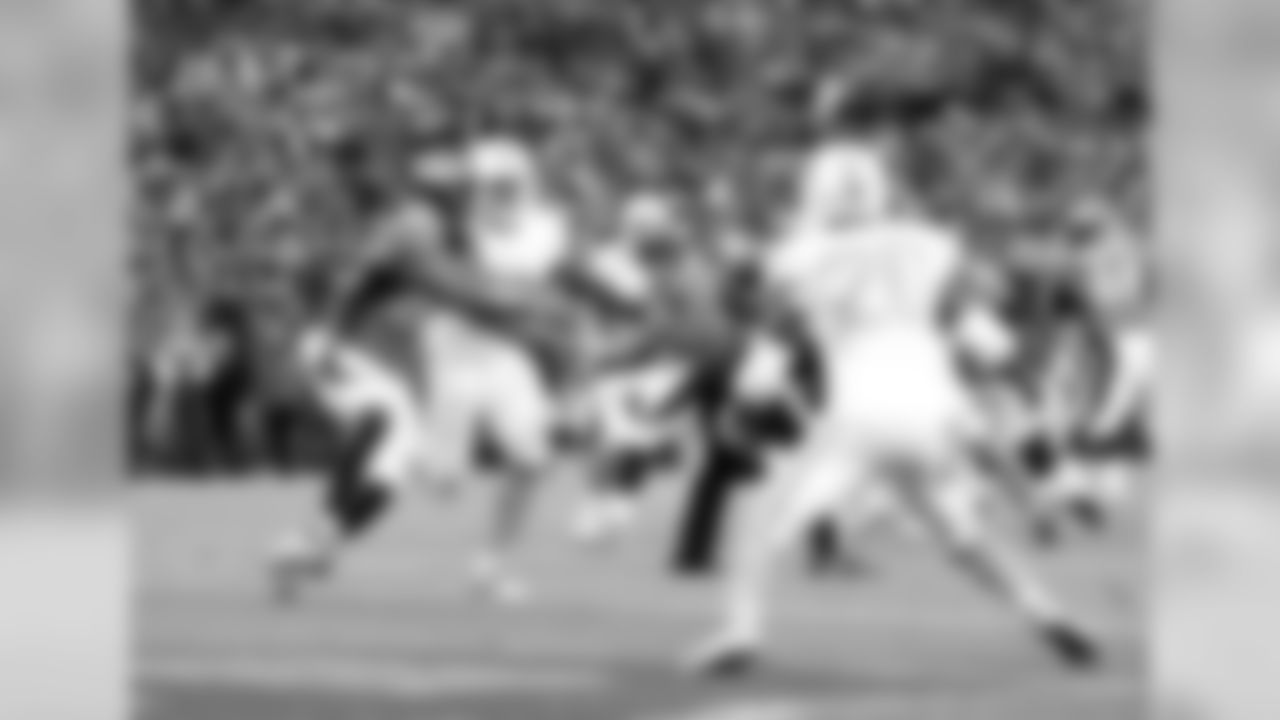
Nov. 23, 2014: W 39-36 vs. Miami
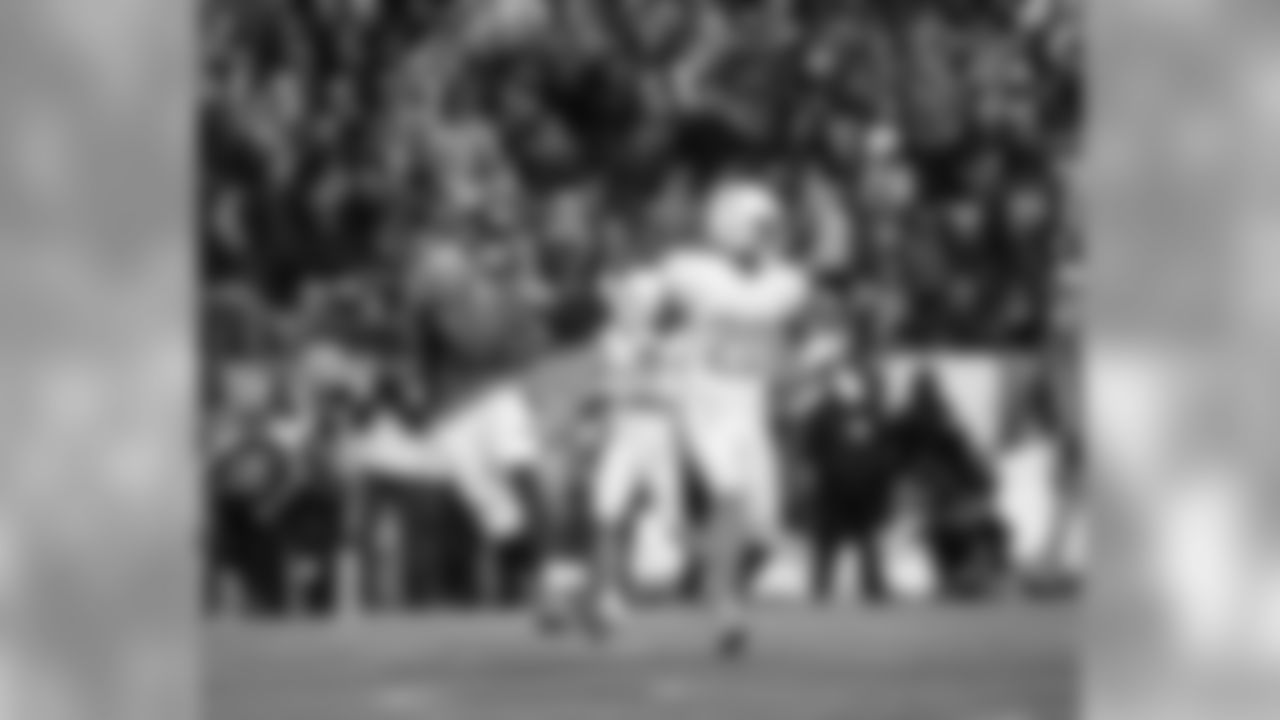
Nov. 23, 2014: W 39-36 vs. Miami
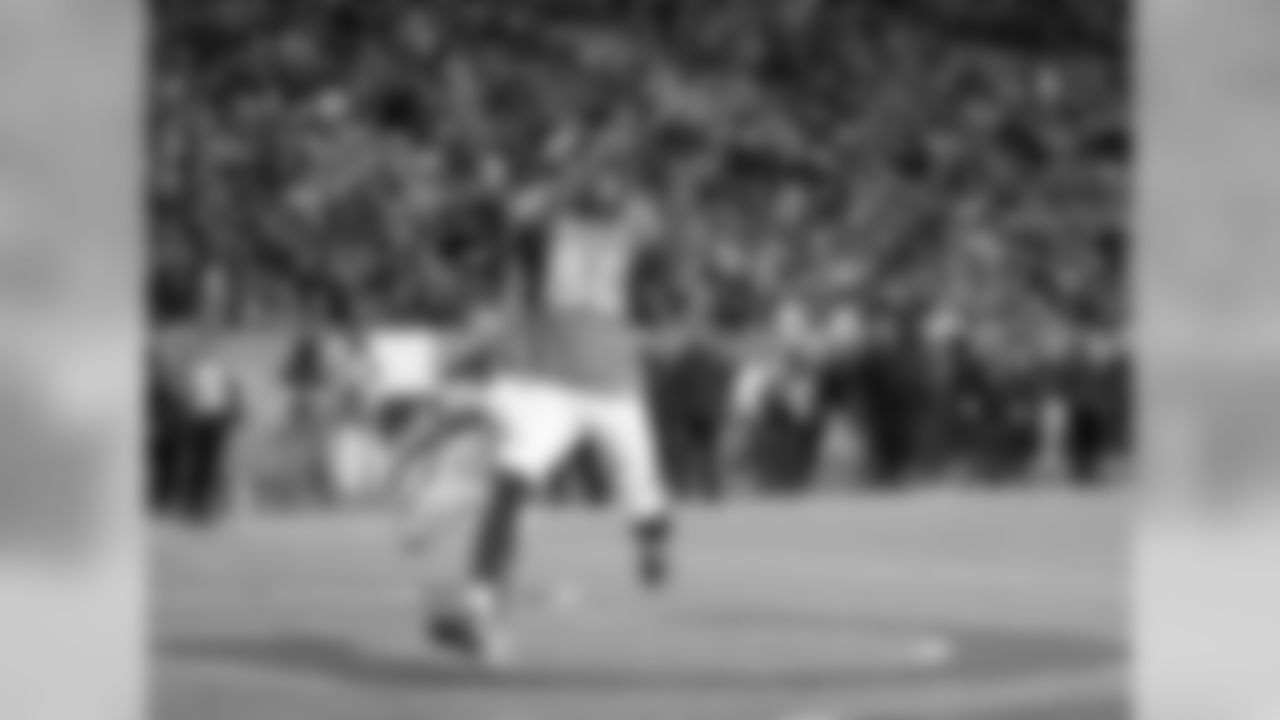
Nov. 23, 2014: W 39-36 vs. Miami
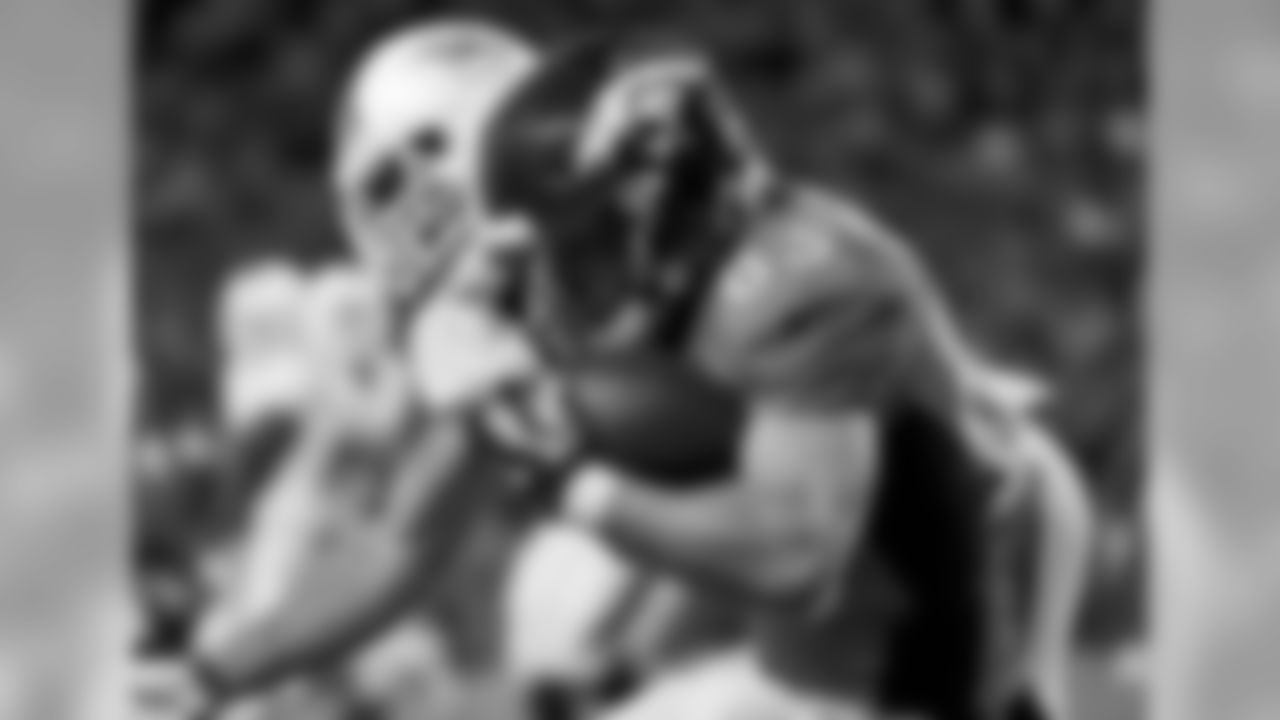
Nov. 23, 2014: W 39-36 vs. Miami
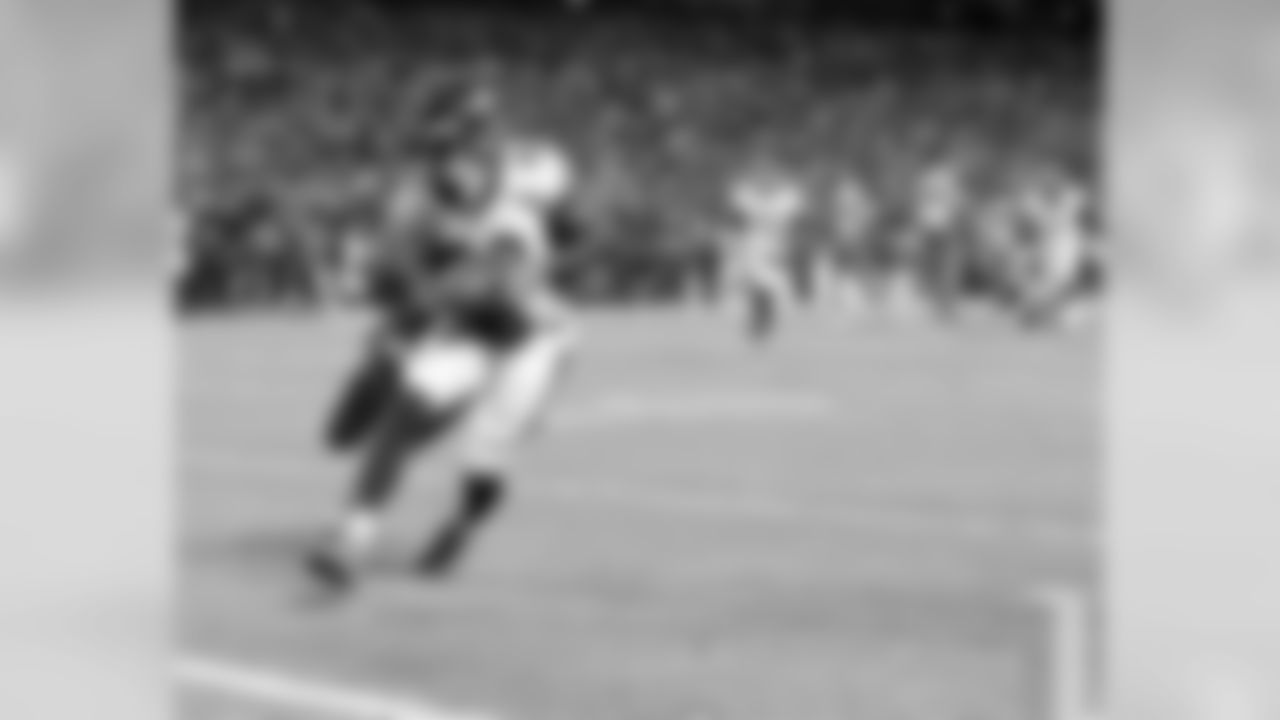
Nov. 30 2014: W 29-16 vs. Kansas City
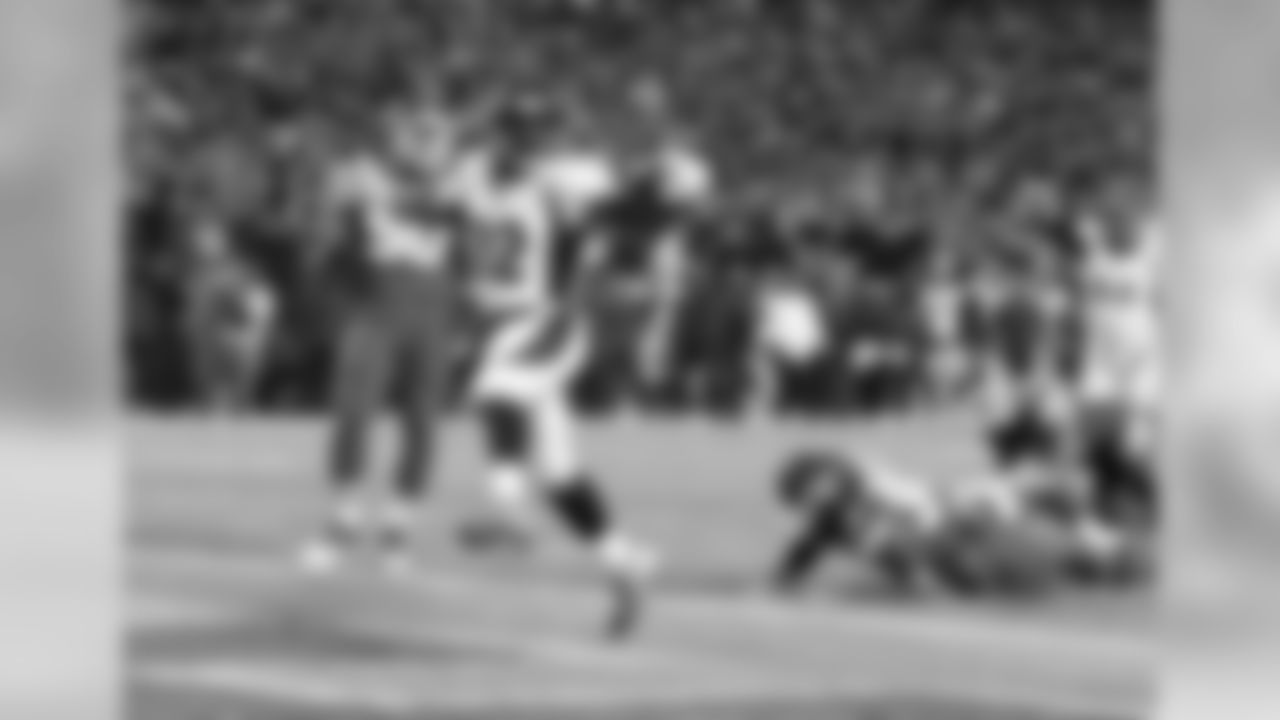
Nov. 30 2014: W 29-16 vs. Kansas City
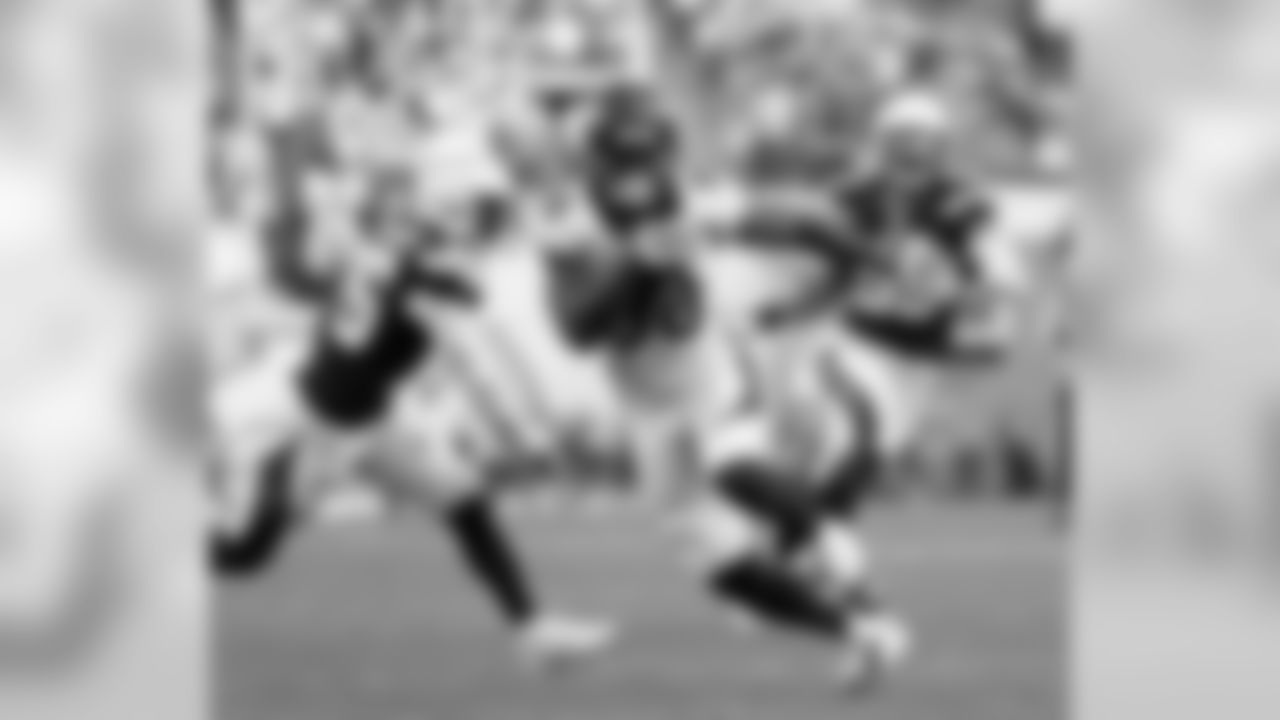
Dec. 14, 2014: W 22-10 vs. San Diego
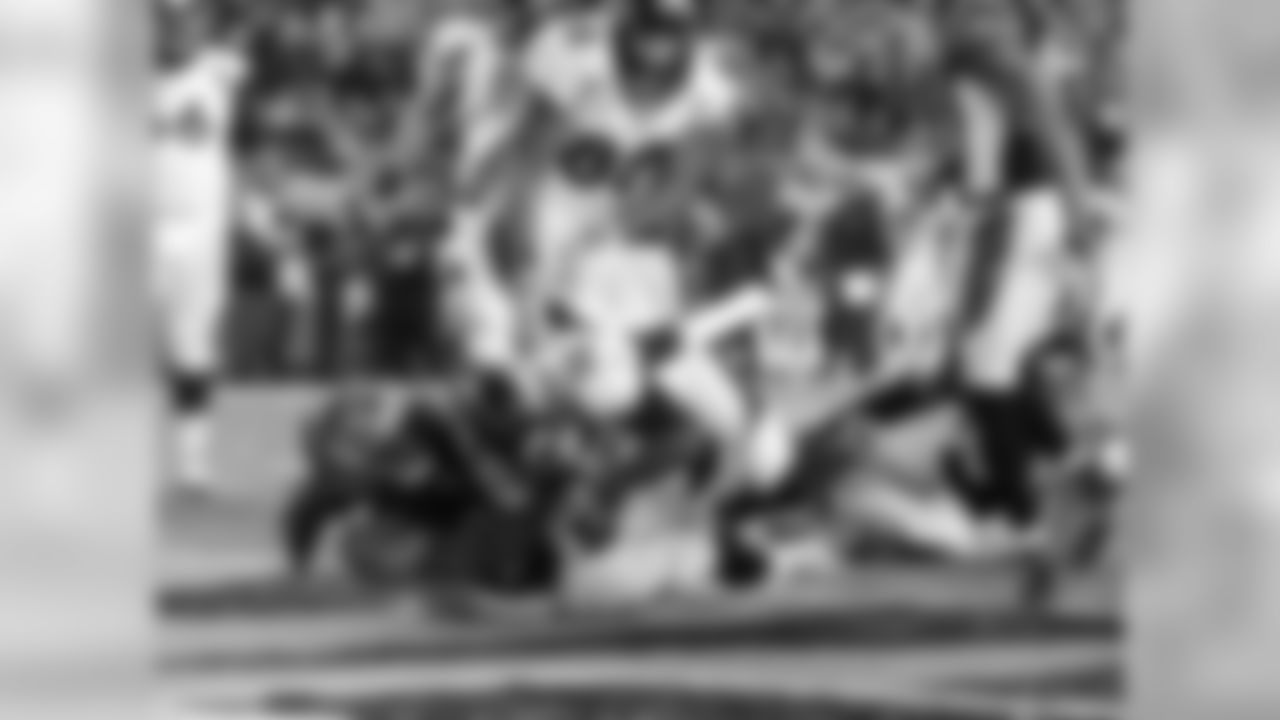
Dec. 22, 2014: L 37-28 vs. Cincinnati

Dec. 22, 2014: L 37-28 vs. Cincinnati
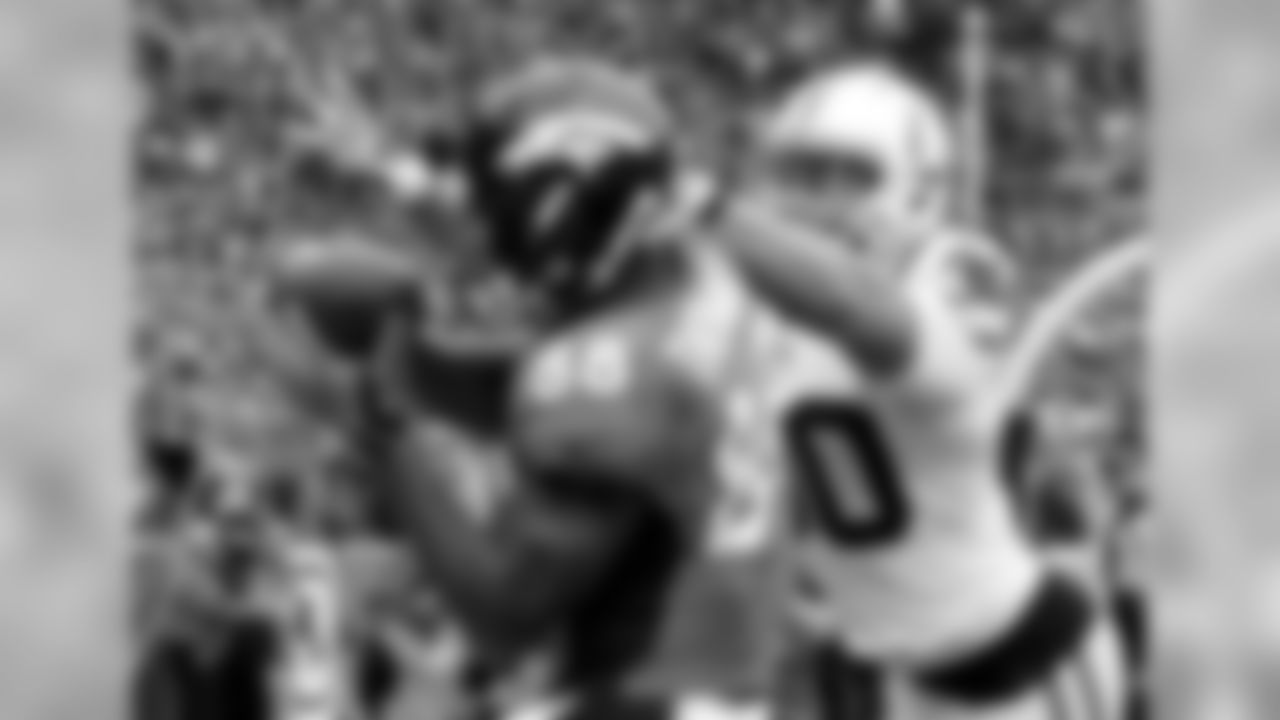
Jan. 11, 2015: L 24-13 vs. Indianapolis
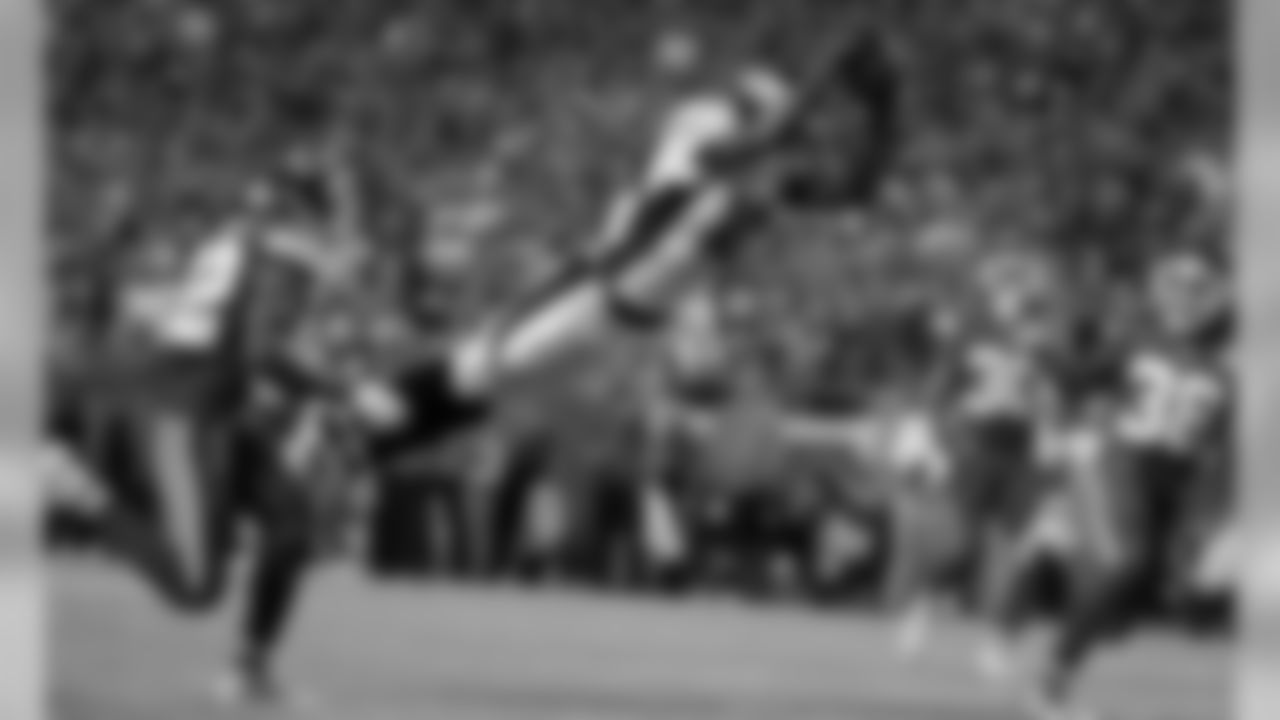
Sept. 17, 2015: W 31-24 vs. Kansas City
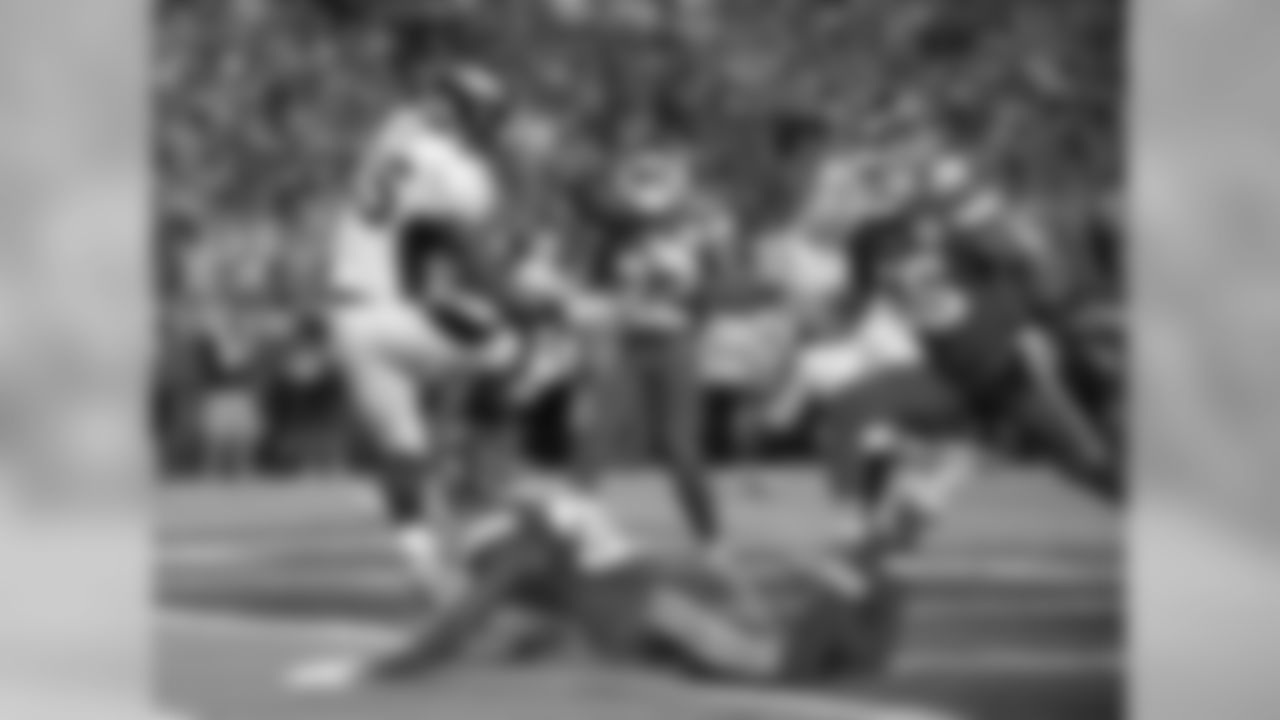
Sept. 17, 2015: W 31-24 vs. Kansas City

Sept. 17, 2015: W 31-24 vs. Kansas City
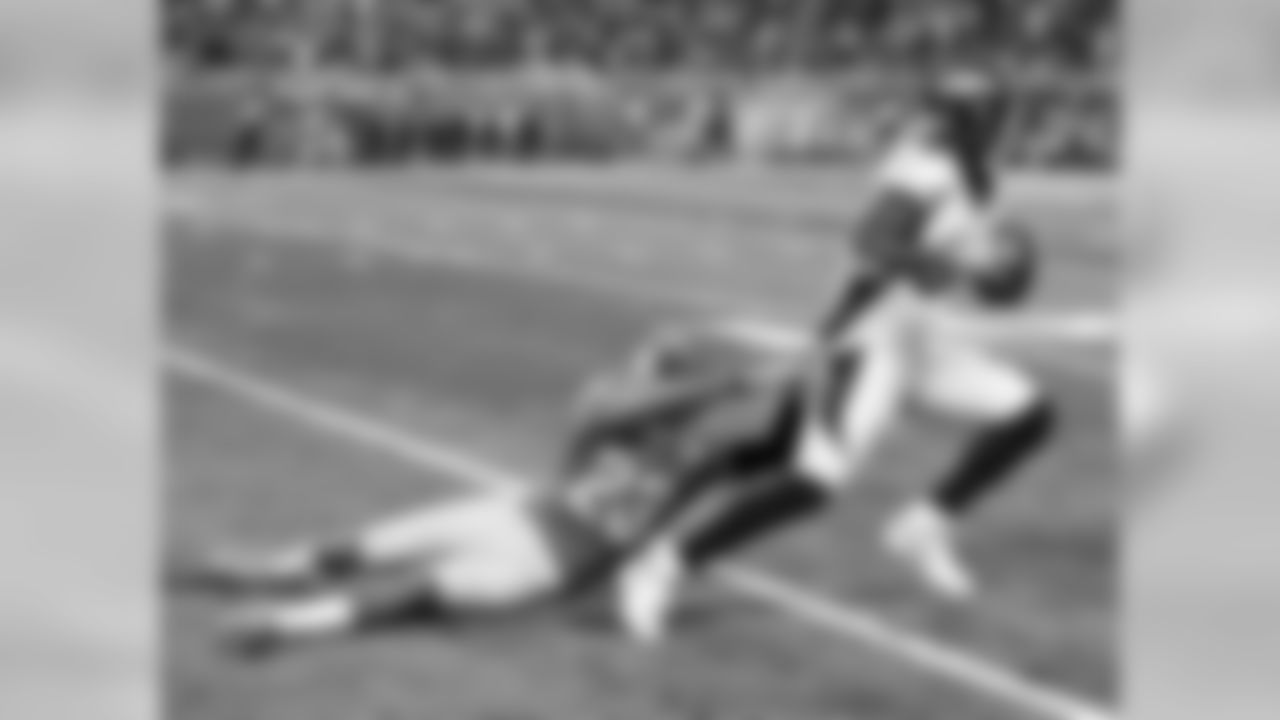
Sept. 27, 2015: W 24-12 vs. Detroit
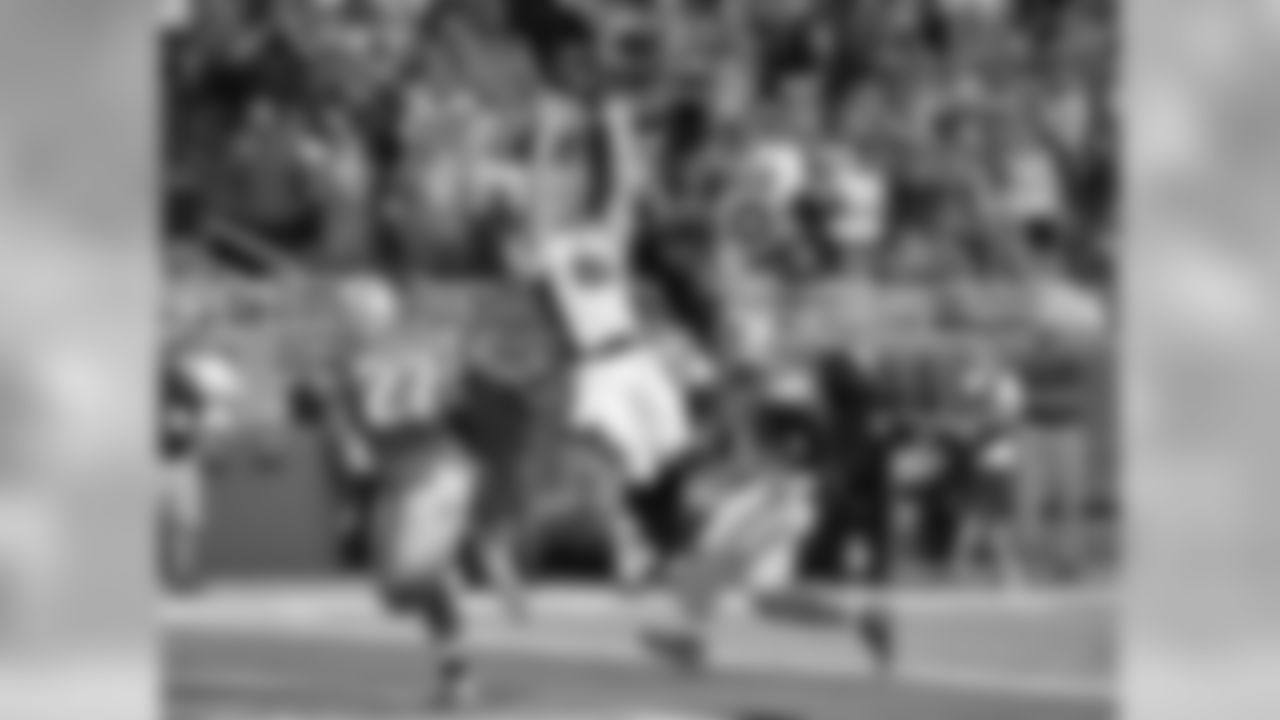
Sept. 27, 2015: W 24-12 vs. Detroit

Oct. 4, 2015: W 23-20 vs. Minnesota

Oct. 18, 2015: W 26-23 vs. Cleveland
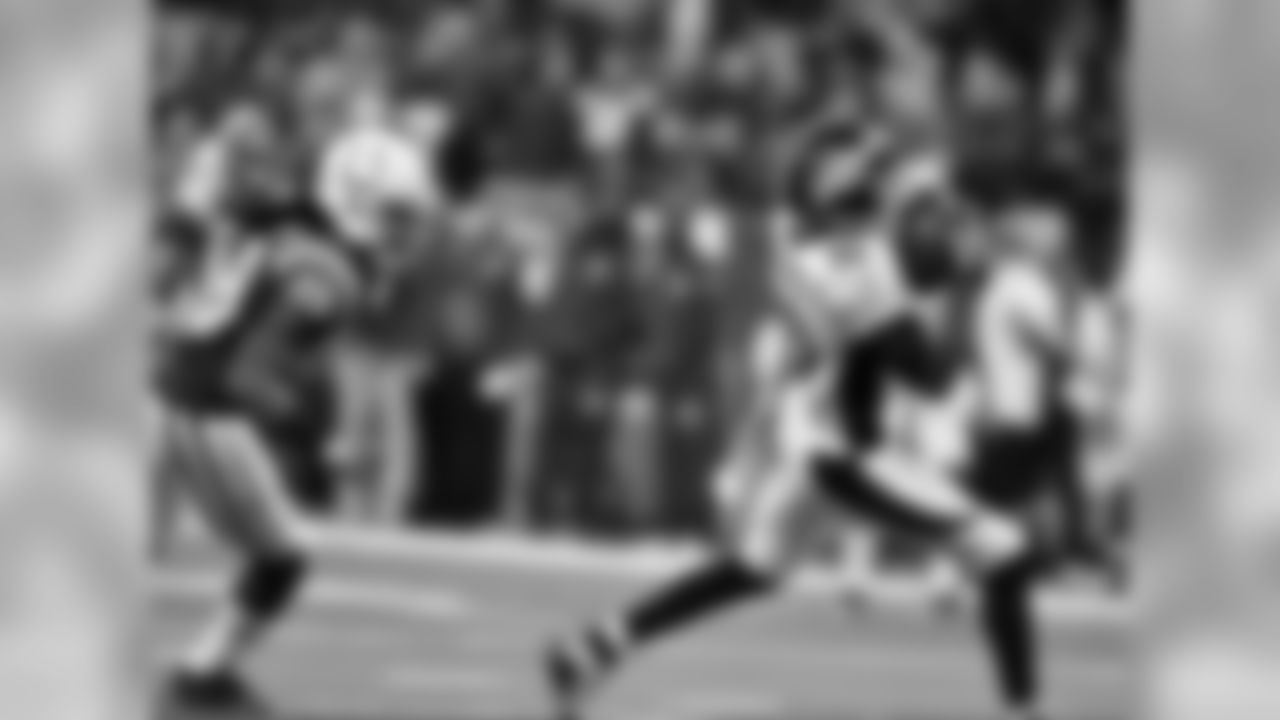
Nov. 8, 2015: L 27-24 vs. Indianapolis

Nov. 8, 2015: L 27-24 vs. Indianapolis

Jan. 24, 2016: W 20-18 vs. New England

Jan. 24, 2016: W 20-18 vs. New England
Peyton would later say that was the most scared he'd ever been on the field. But who could blame him? The best linebacking corps of that generation, the "Dome Patrol" of Pat Swilling, Vaughan Johnson, Hall of Famer Rickey Jackson and the late, great Sam Mills glowered at the skinny high-school quarterback from across the line of scrimmage.
It was a long way from Newman School, state champions of Louisiana on the 2A level, to facing the best linebackers in the game.
But with that extra work Manning received on the Saints' practice field, he knew he could complete a corner route against an NFL cornerback. So he was ready for everything that lay beyond: relieving future Colorado Rockies legend Todd Helton as a freshman at the University of Tennessee, becoming the best quarterback in college football and, finally, proving that he could succeed at the highest level.
Manning had gifts, no doubt. A strong arm. Size to see down the field. A preternatural anticipation for the breaks of his receivers, allowing him to get the ball to his target before the defender could adequately react.
But he was prepared. He was always prepared, more than anybody else. And he could do that because he found an environment where every moment saw him doing exactly what he hoped he could do, blessed to call something he'd loved and known practically from birth his profession and craft.
"When I look back at my NFL career, I'll know without a doubt that I gave everything I had to help my teams to walk away with the win. There were other players who were more talented, but there was no one who could out-prepare me.
"And because of that," he concluded, tears forming and emotions swelling, "I have no regrets."
For Manning, the football life has been a life well spent -- and perhaps a prelude to what could come next.
"There's a Scripture reading: 2 Timothy 4:7: 'I have fought the good fight and I have finished the race; I have kept the faith,'" Manning said. "Well, I have fought the good fight, I have finished my football race, and after 18 years, it's time.
"God bless all of you, and God bless football."
The sport isn't perfect, no doubt. Everyone associated with it is keenly aware of its risk, its flaws, the areas in which it can improve. But it created so many opportunities for so many, and no one ever did more with them than Peyton Williams Manning.
For that, all he could do was humbly and emotionally say, "Thank you" -- for a life of blessings and success, and a life pregnant with possibilities to come.













